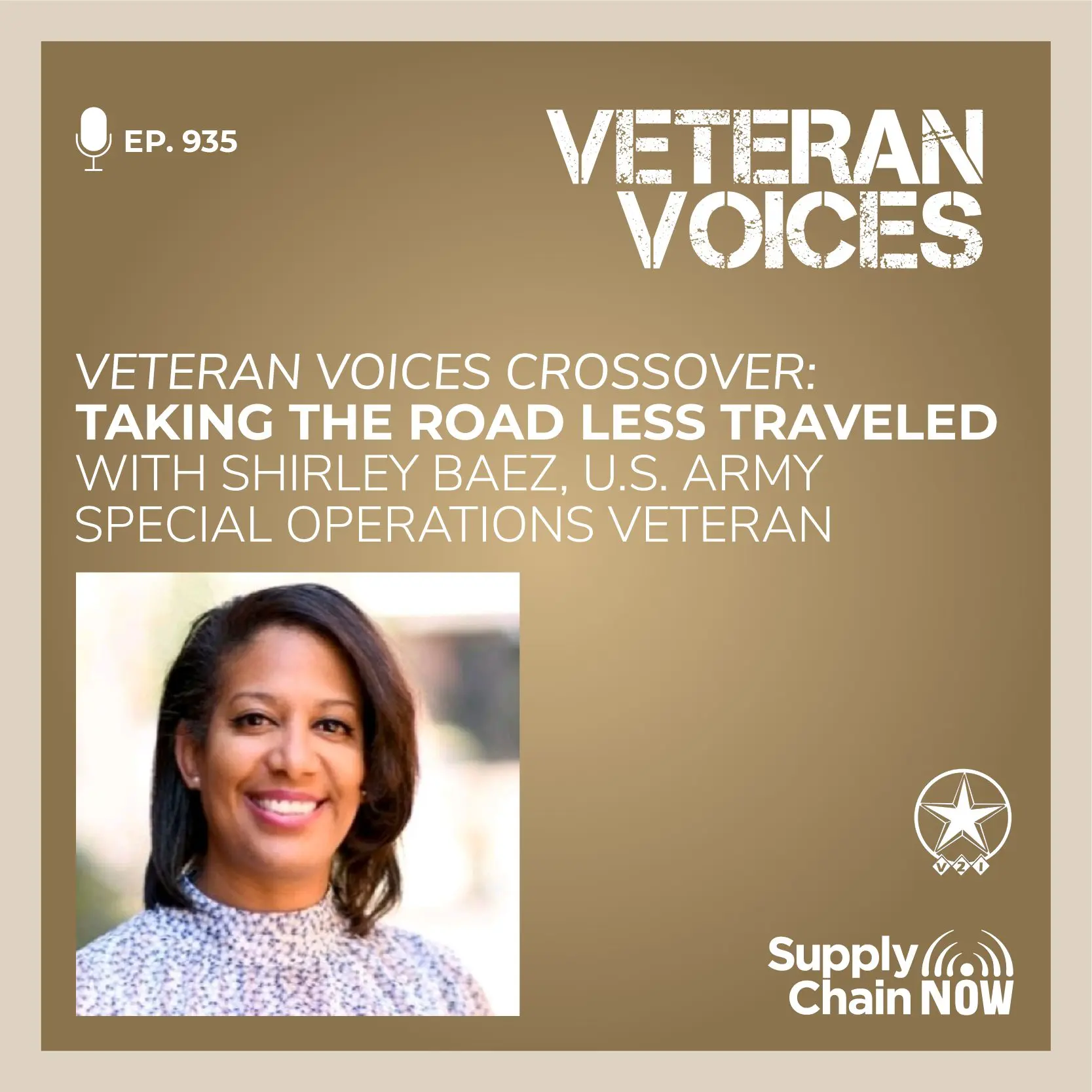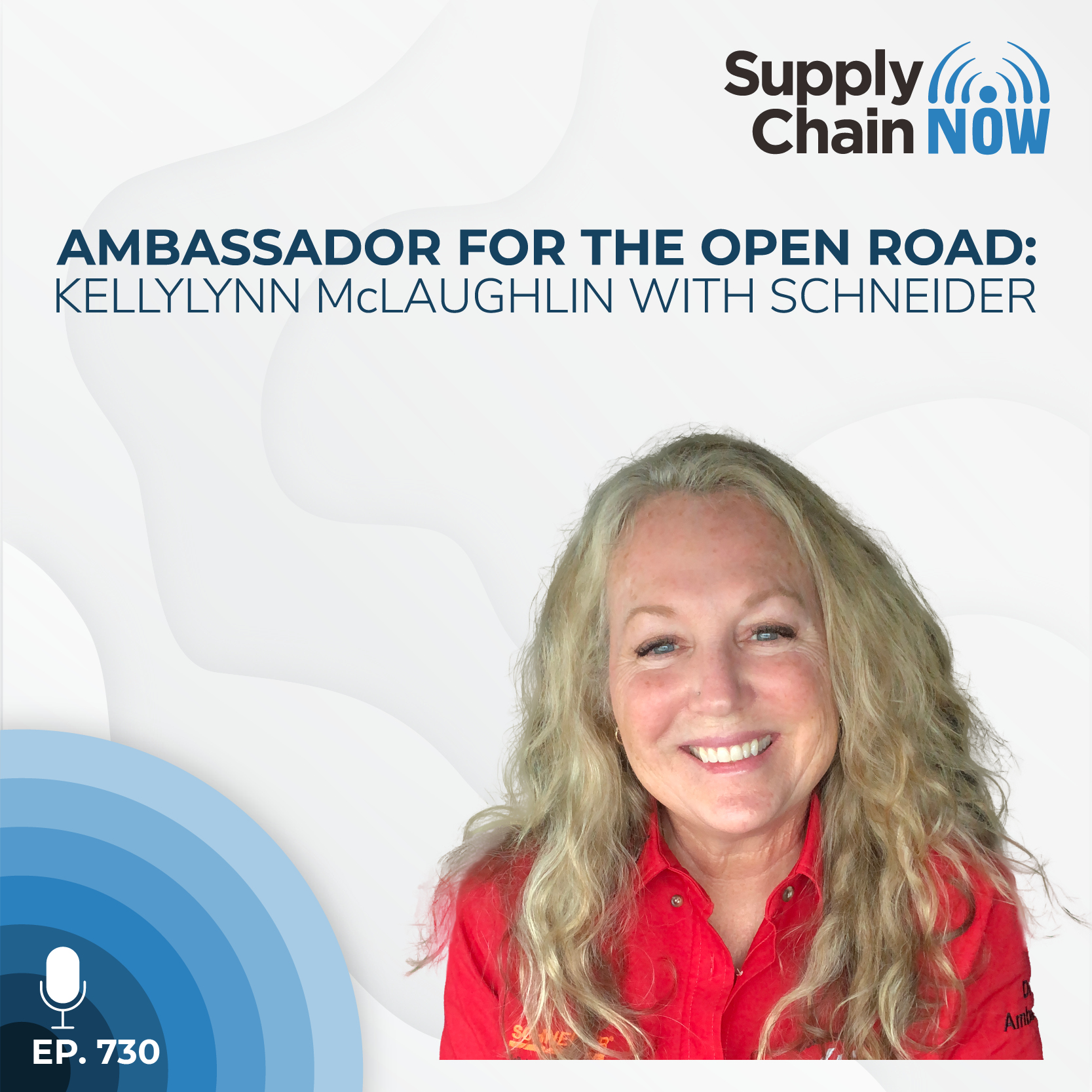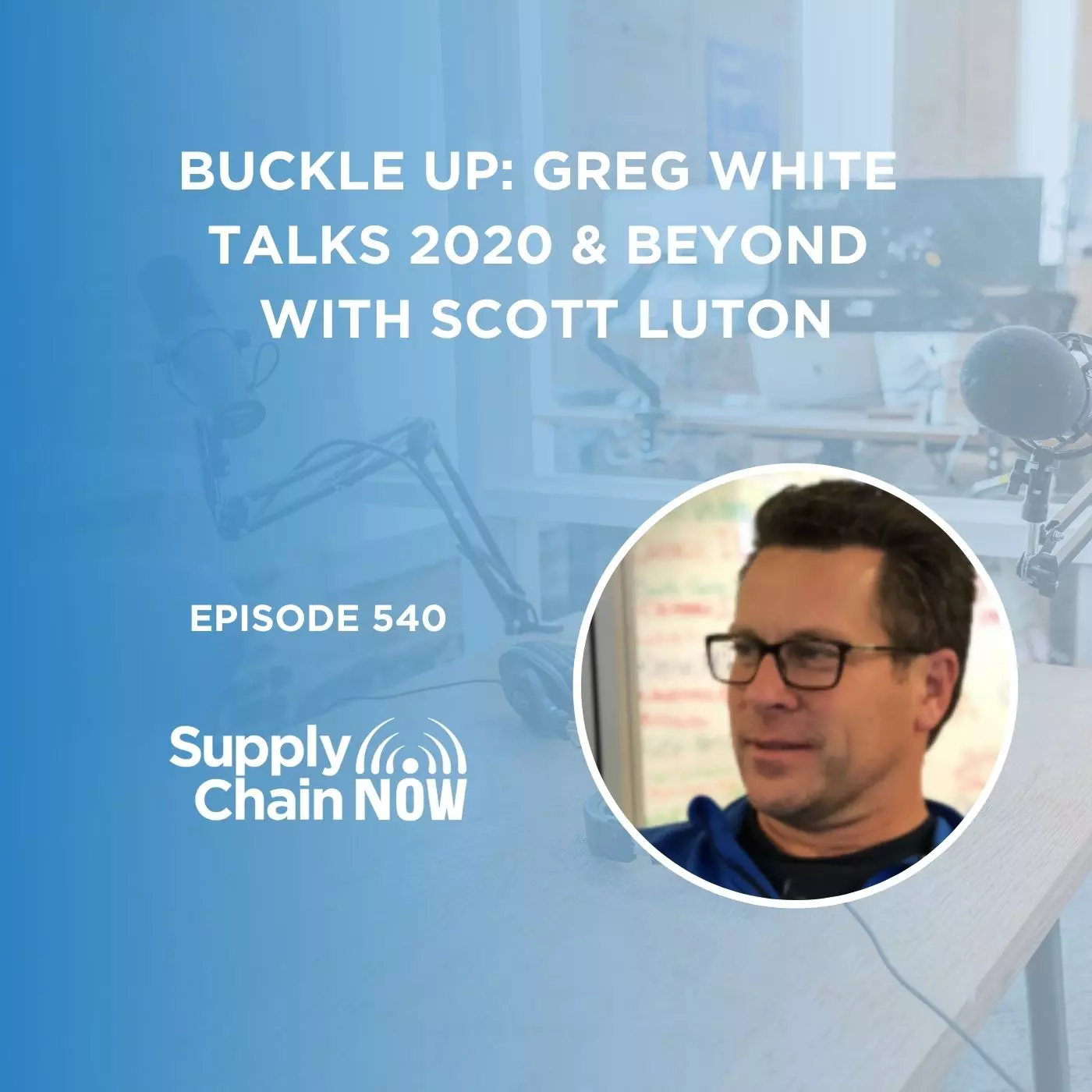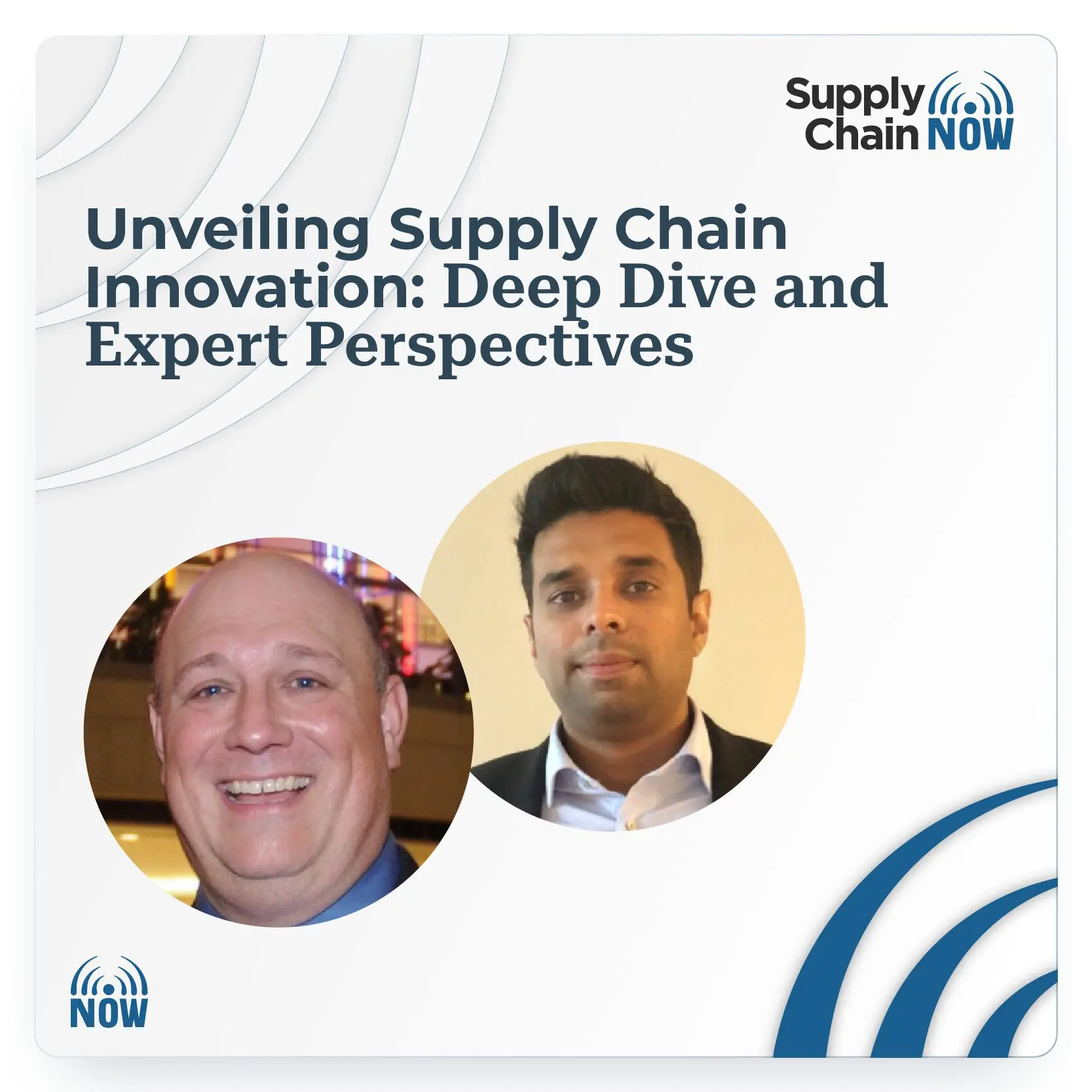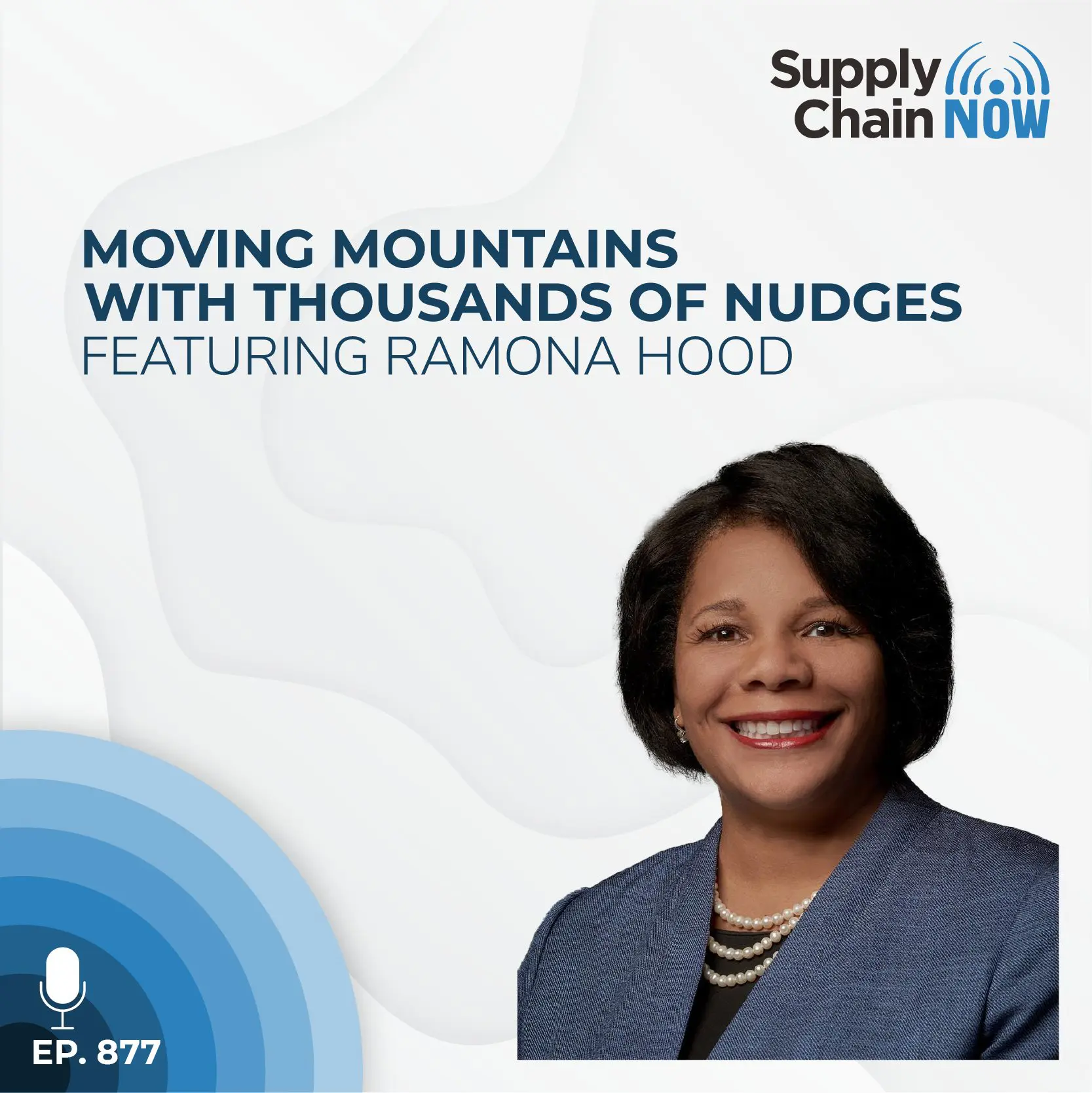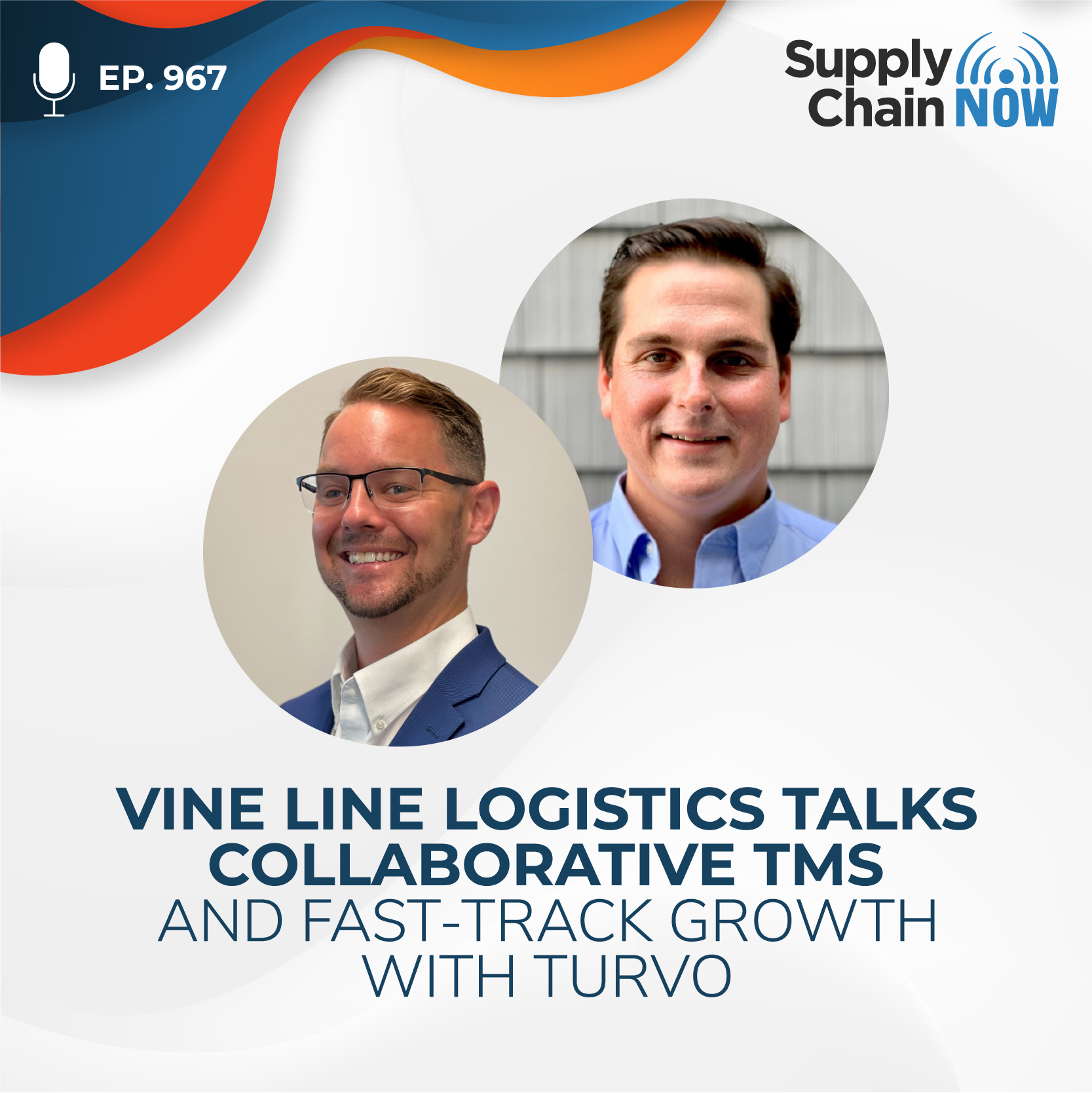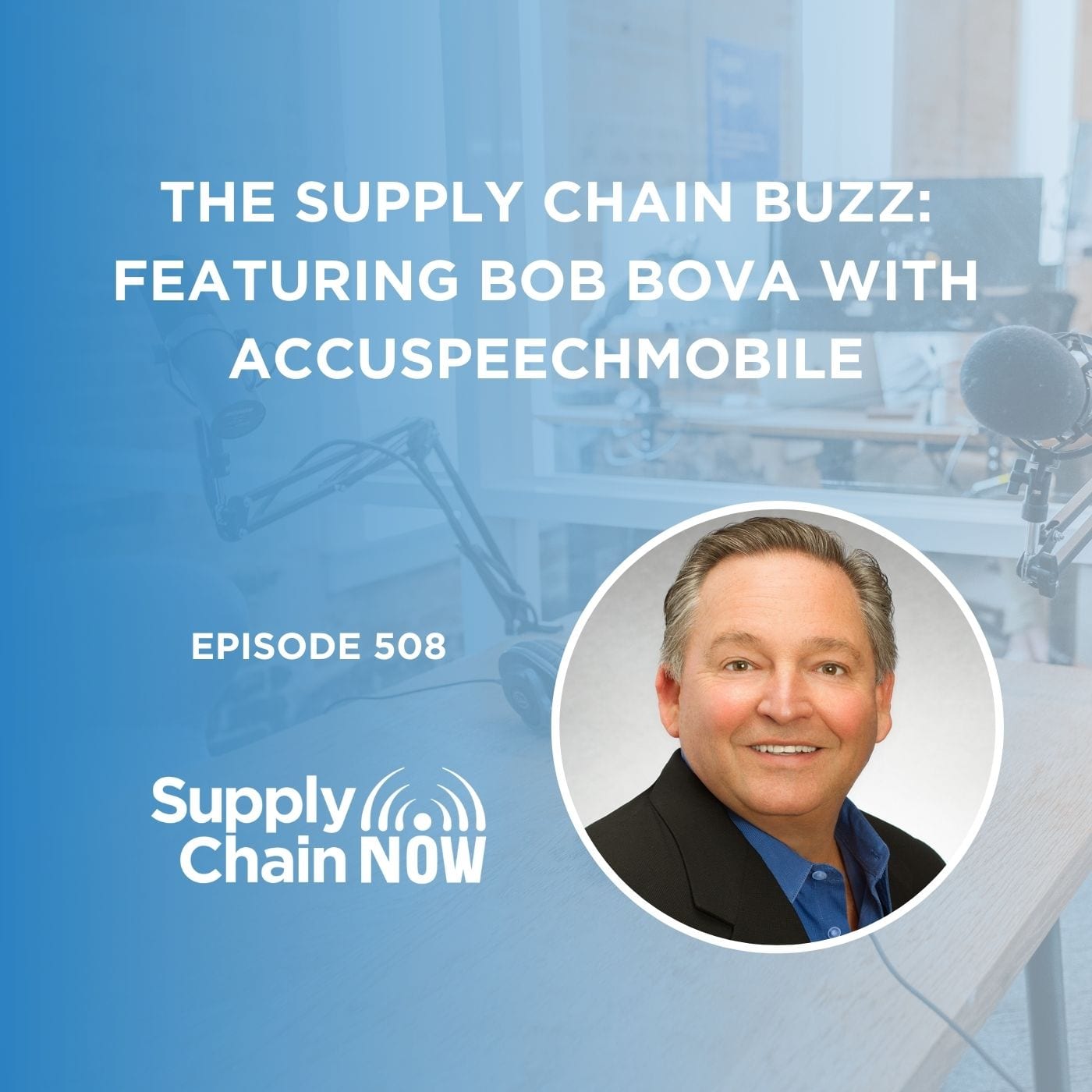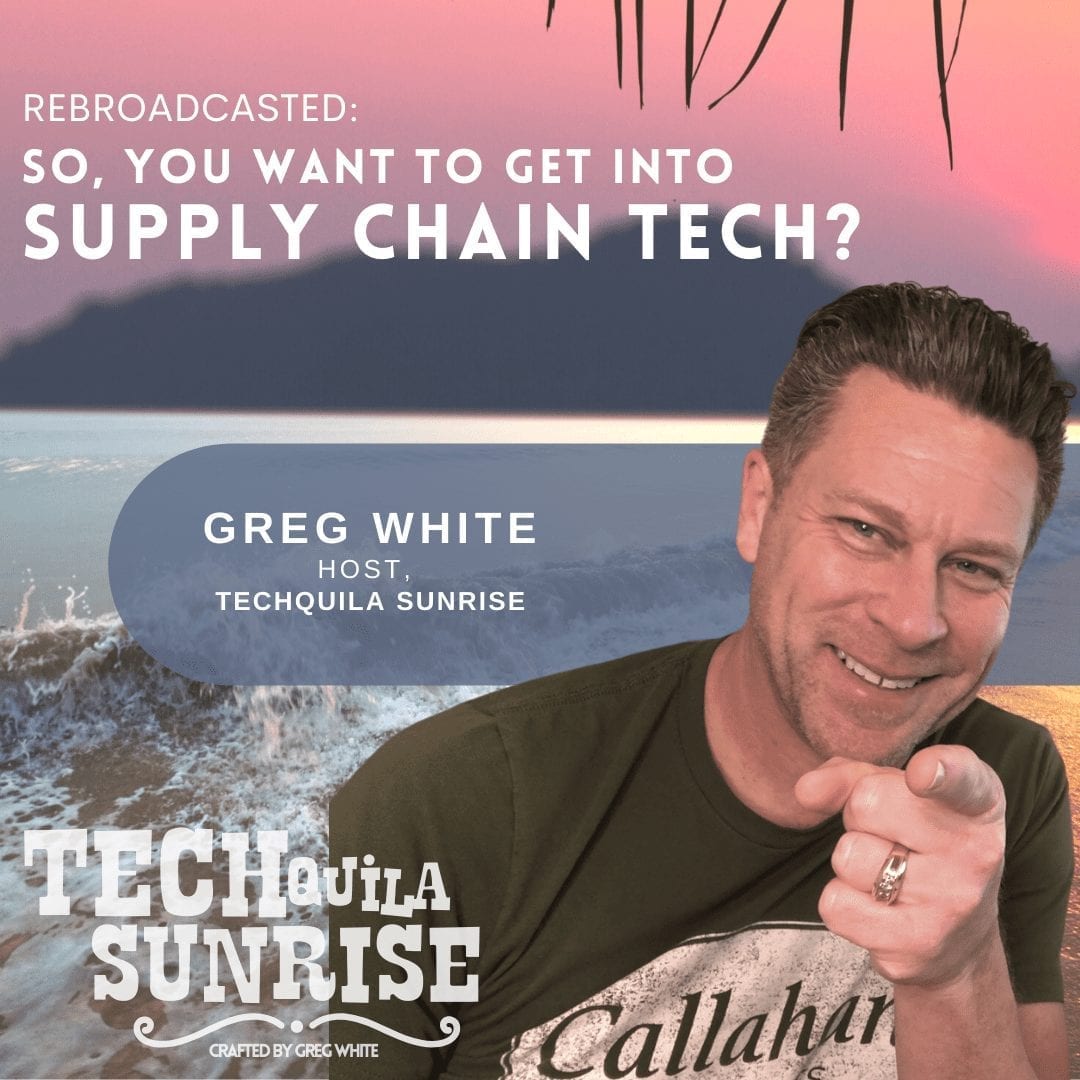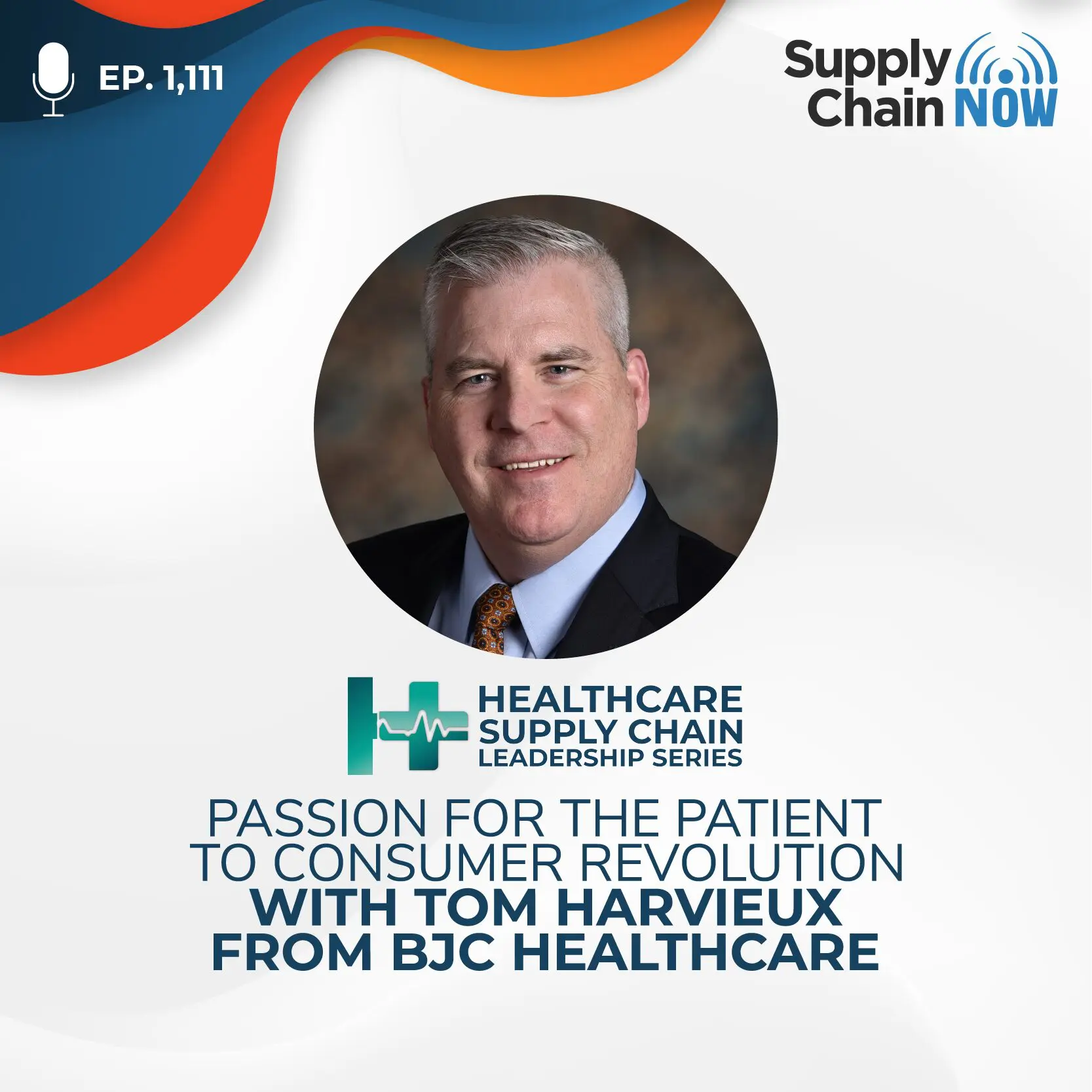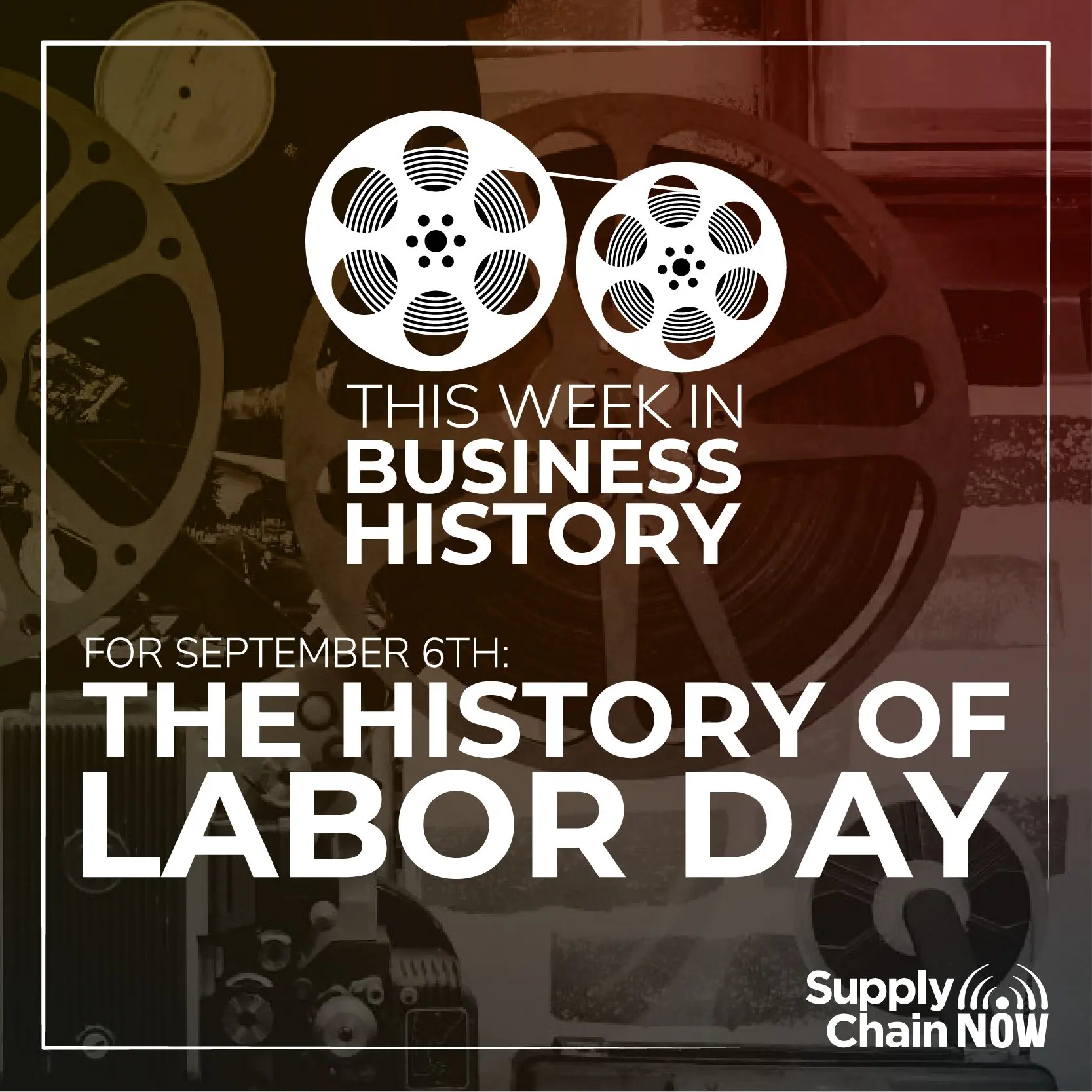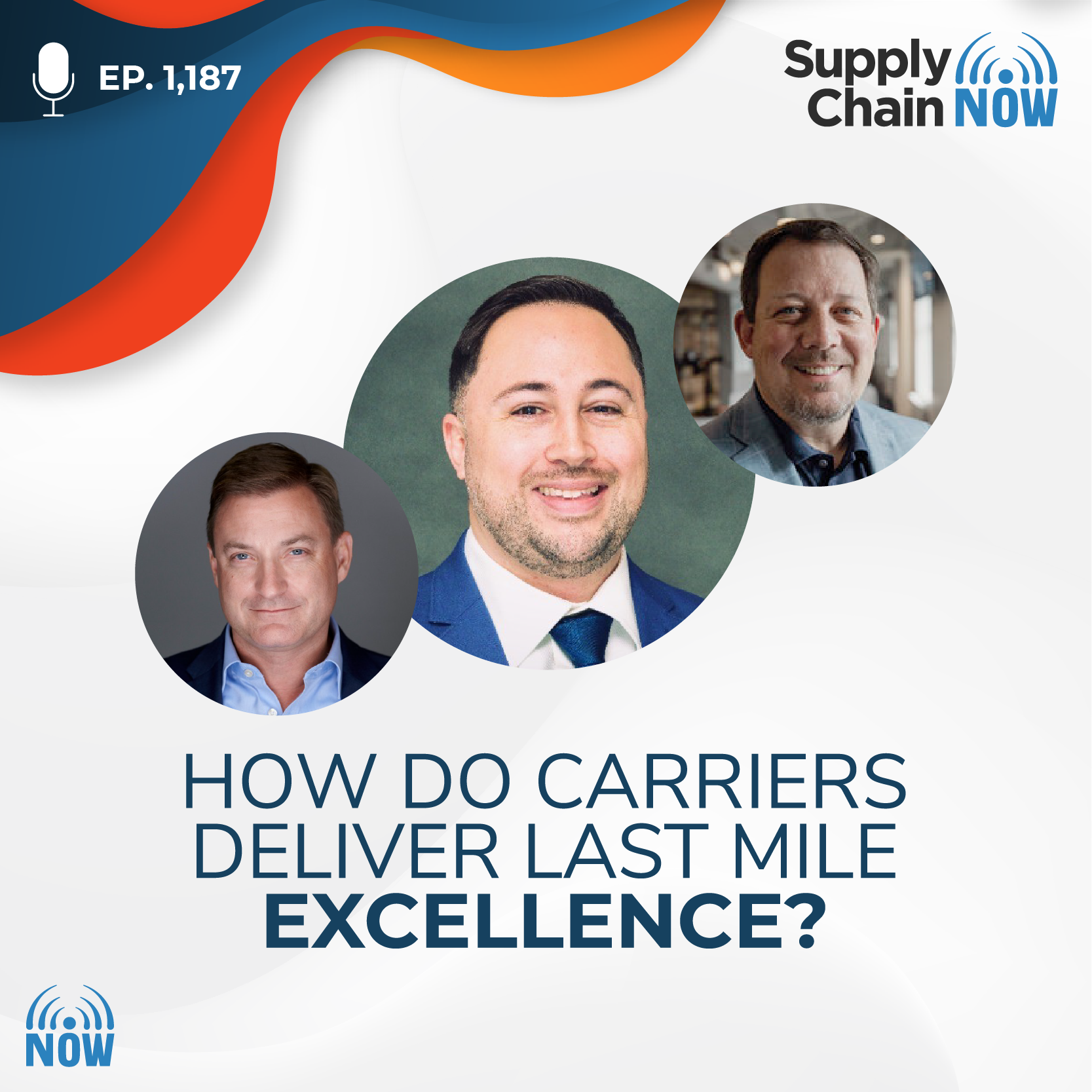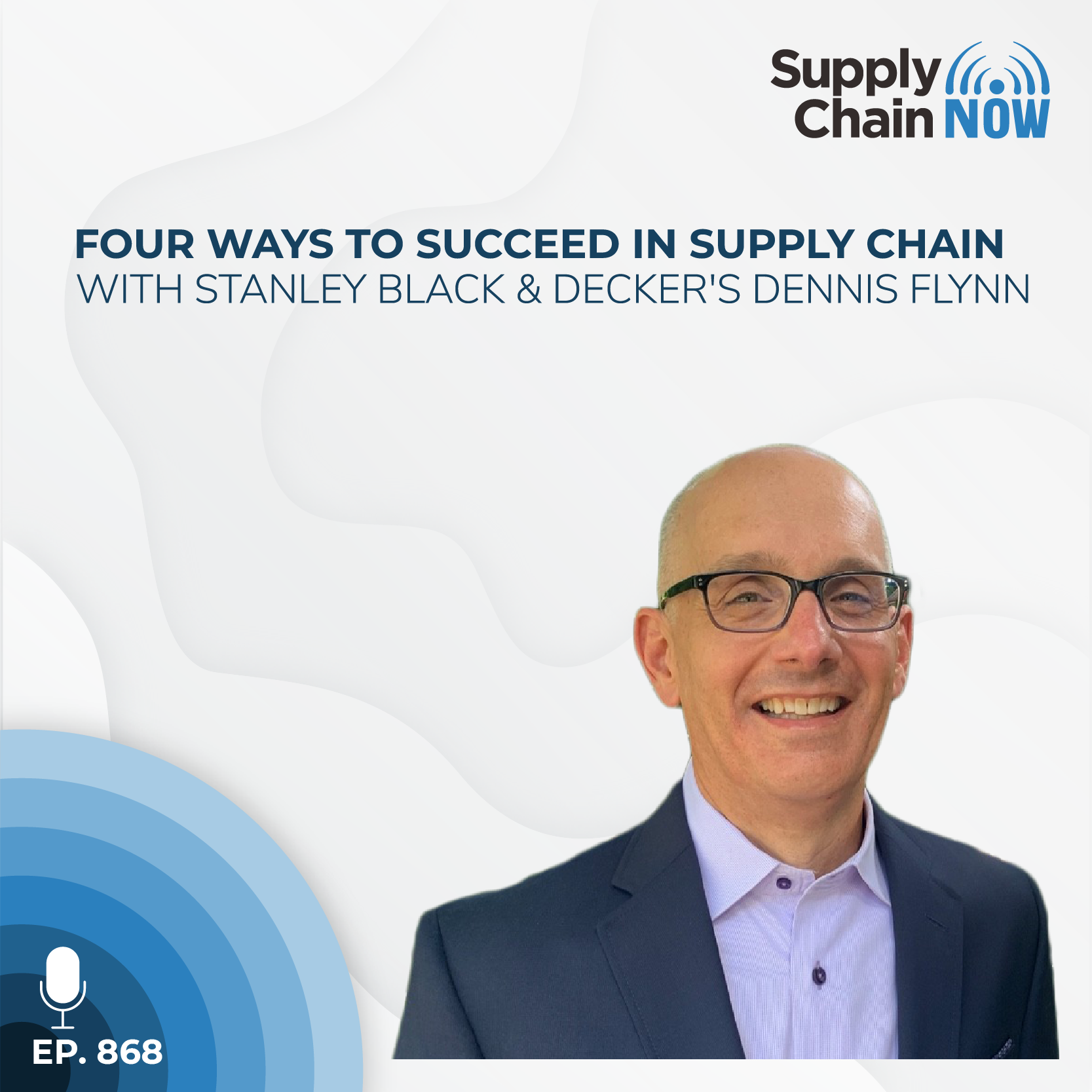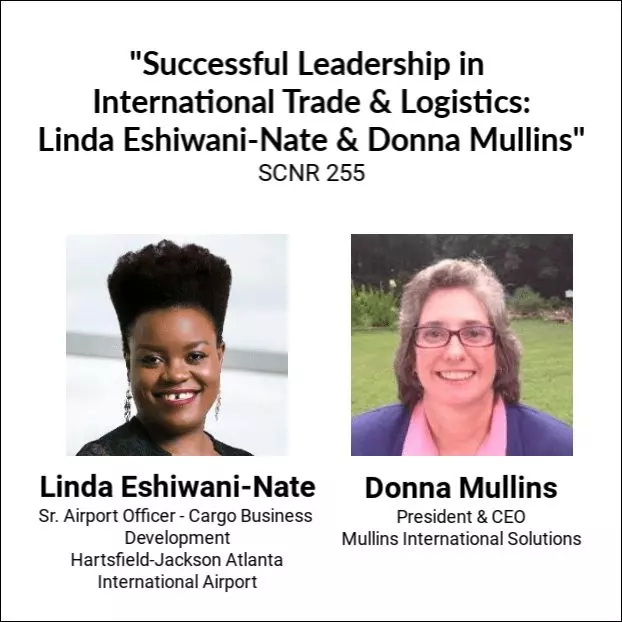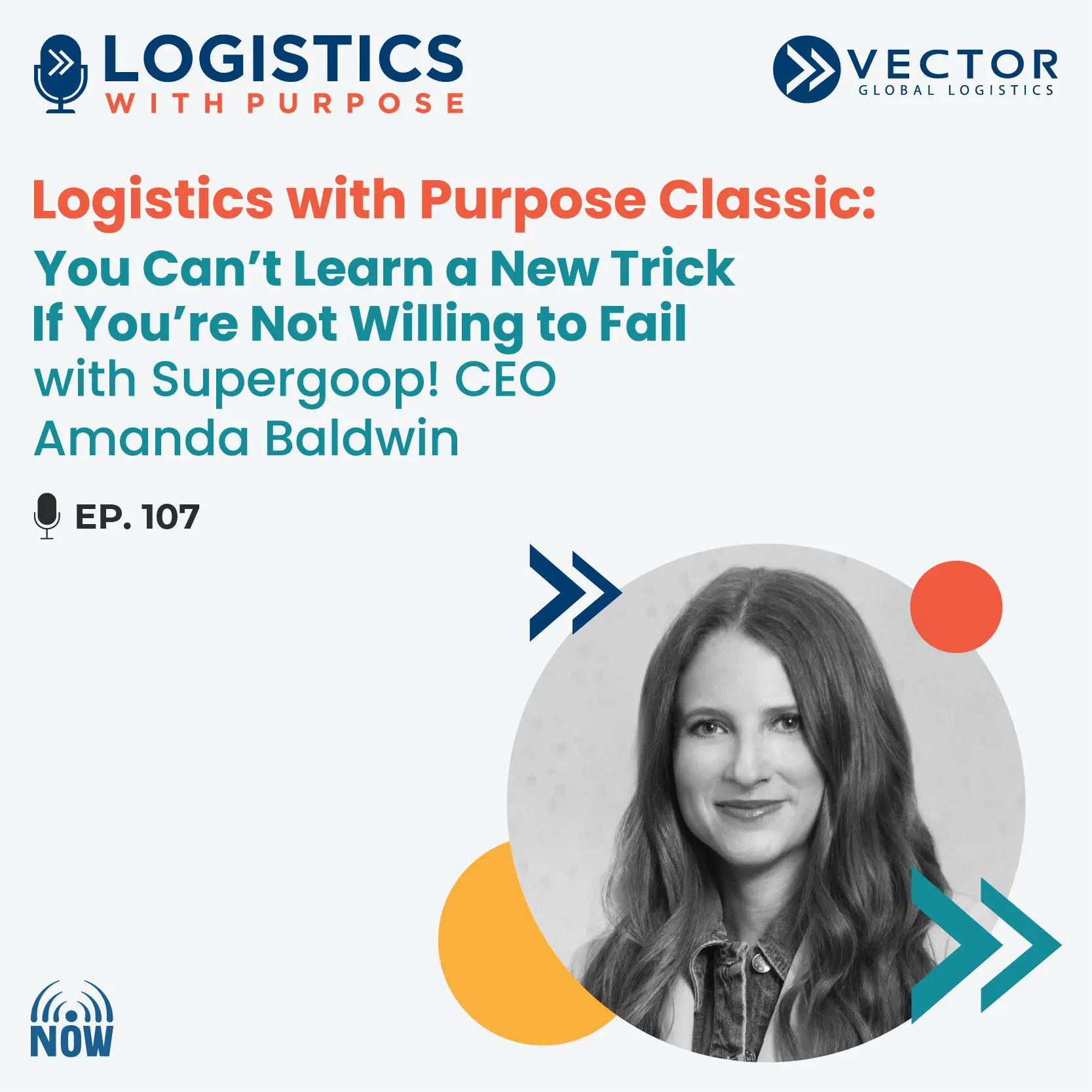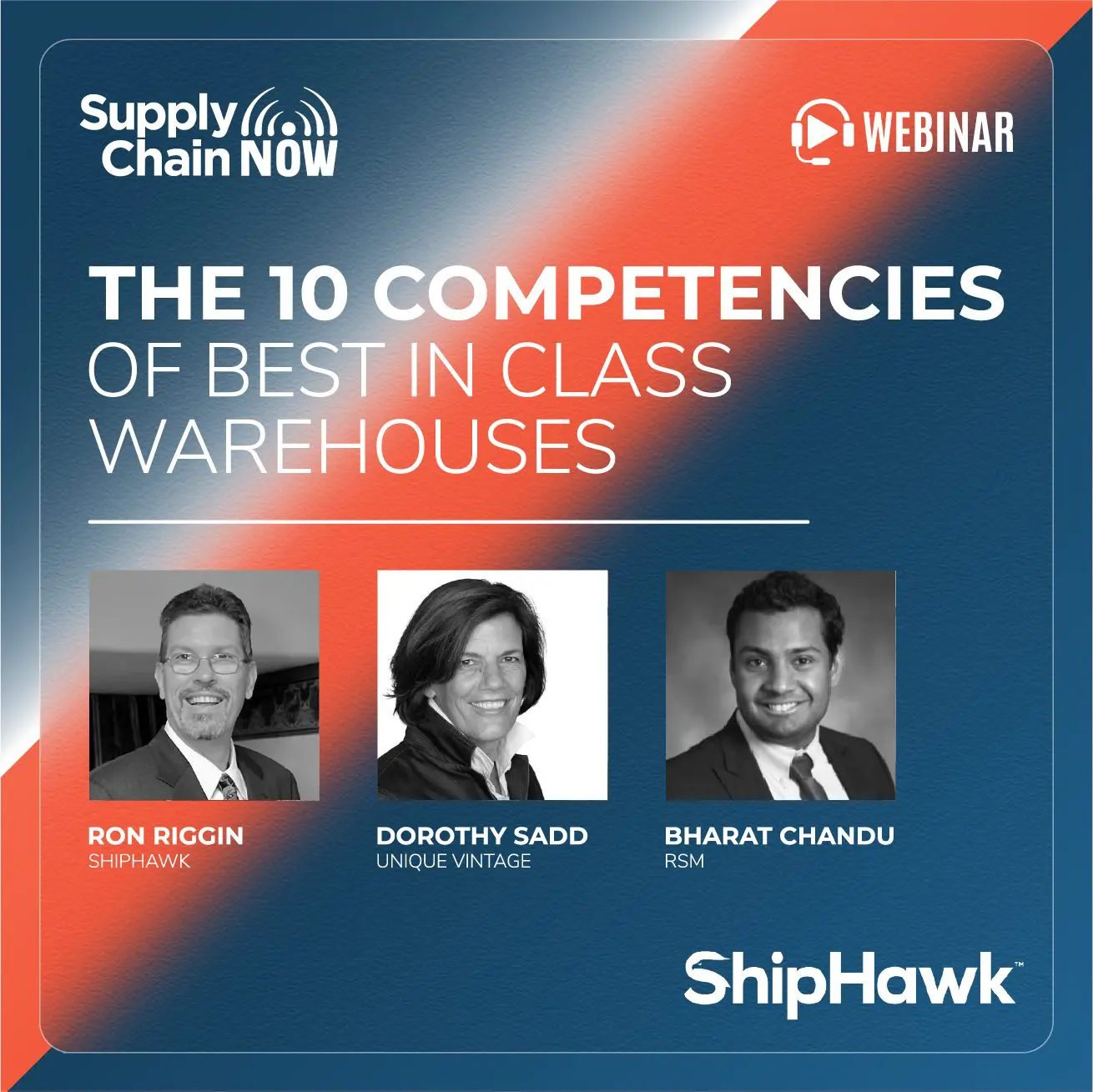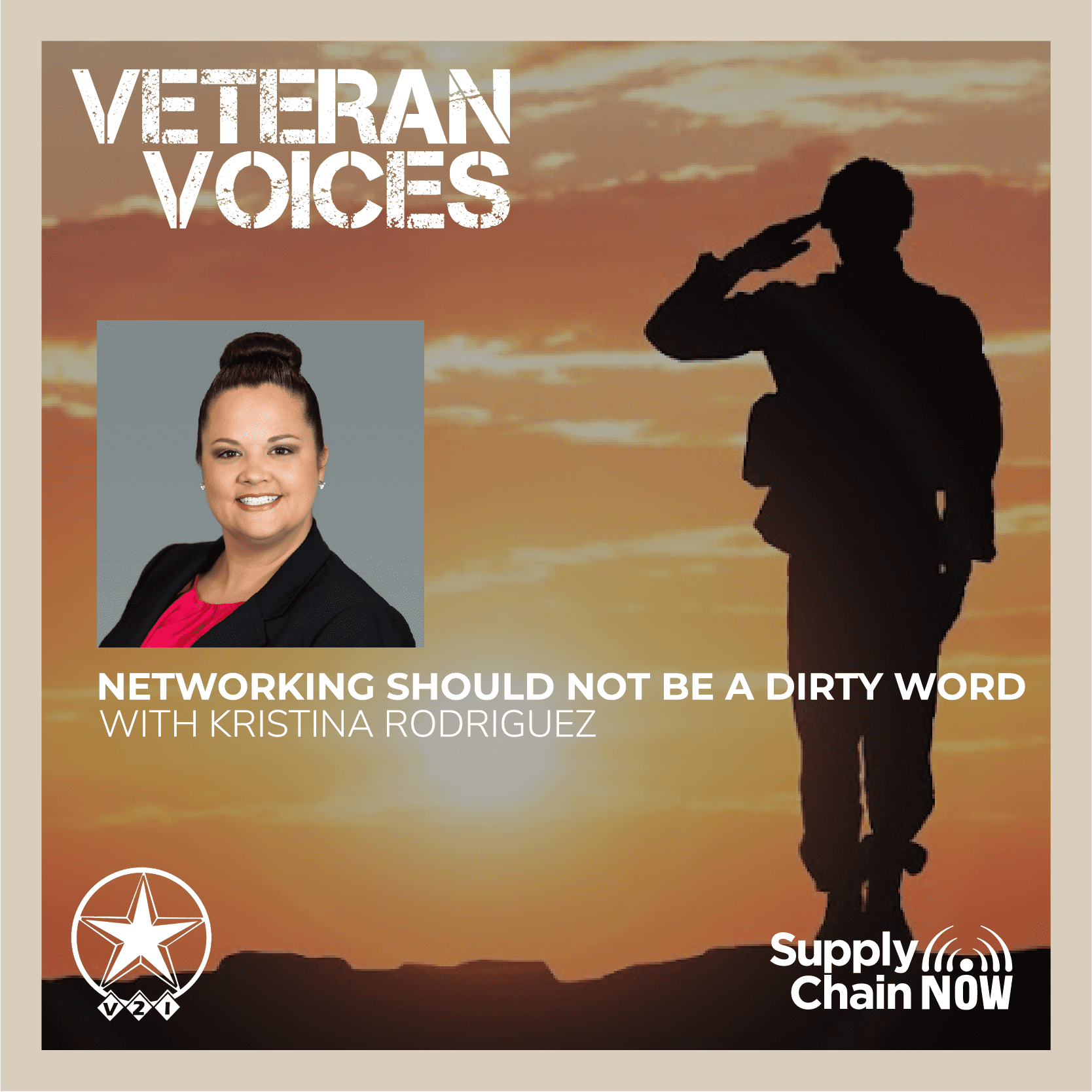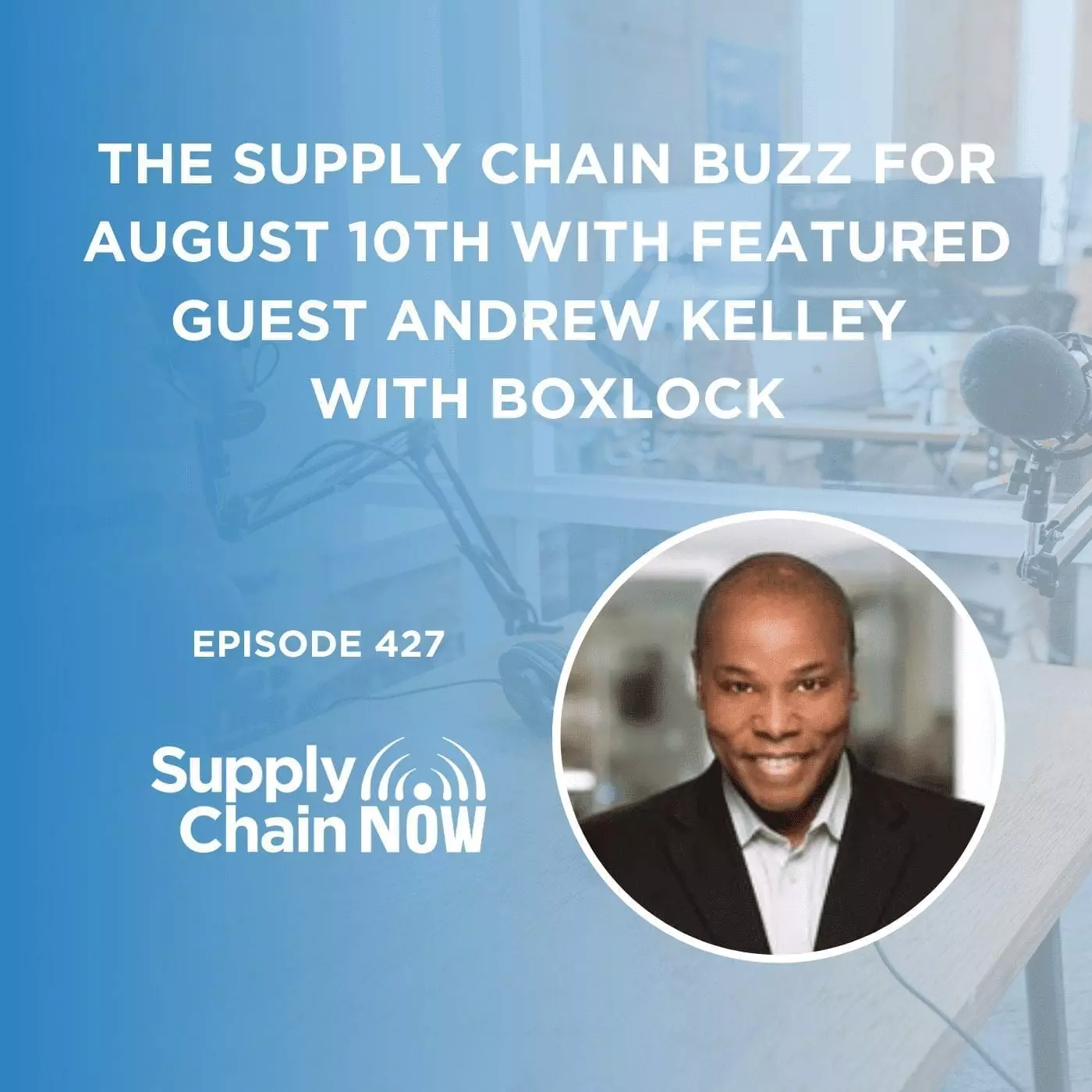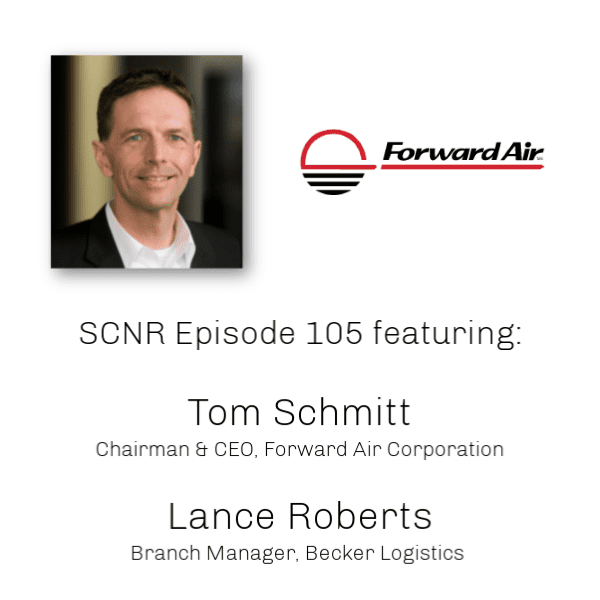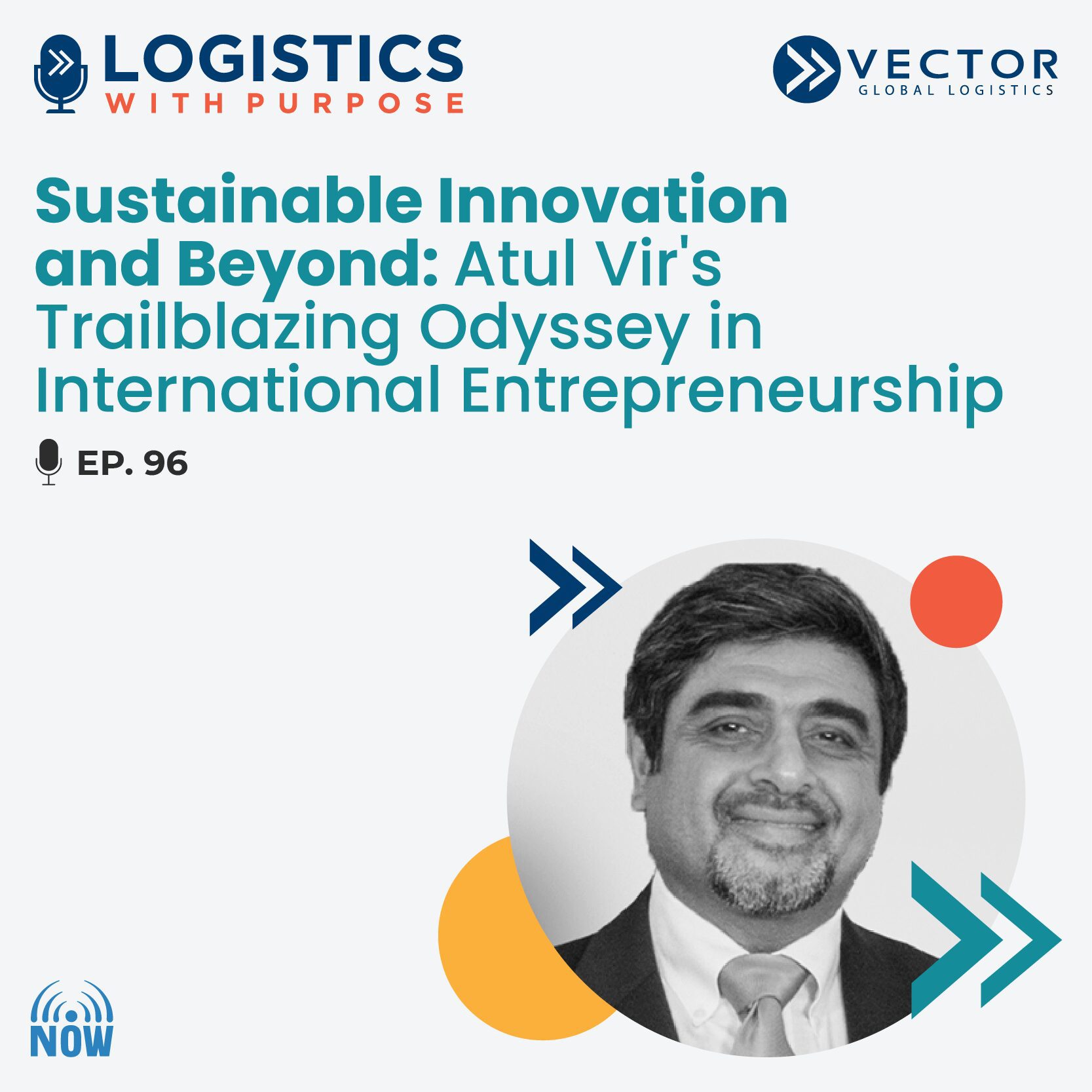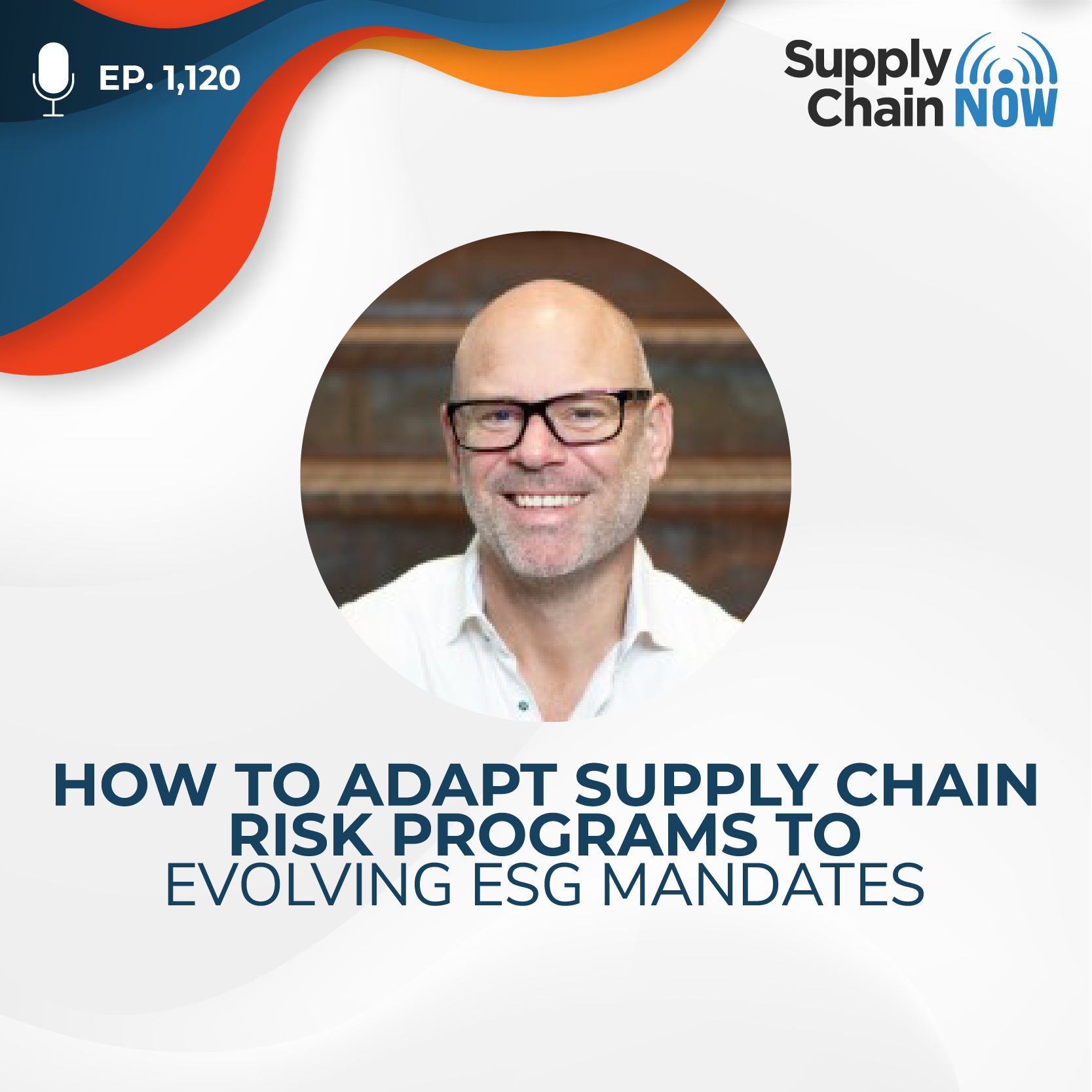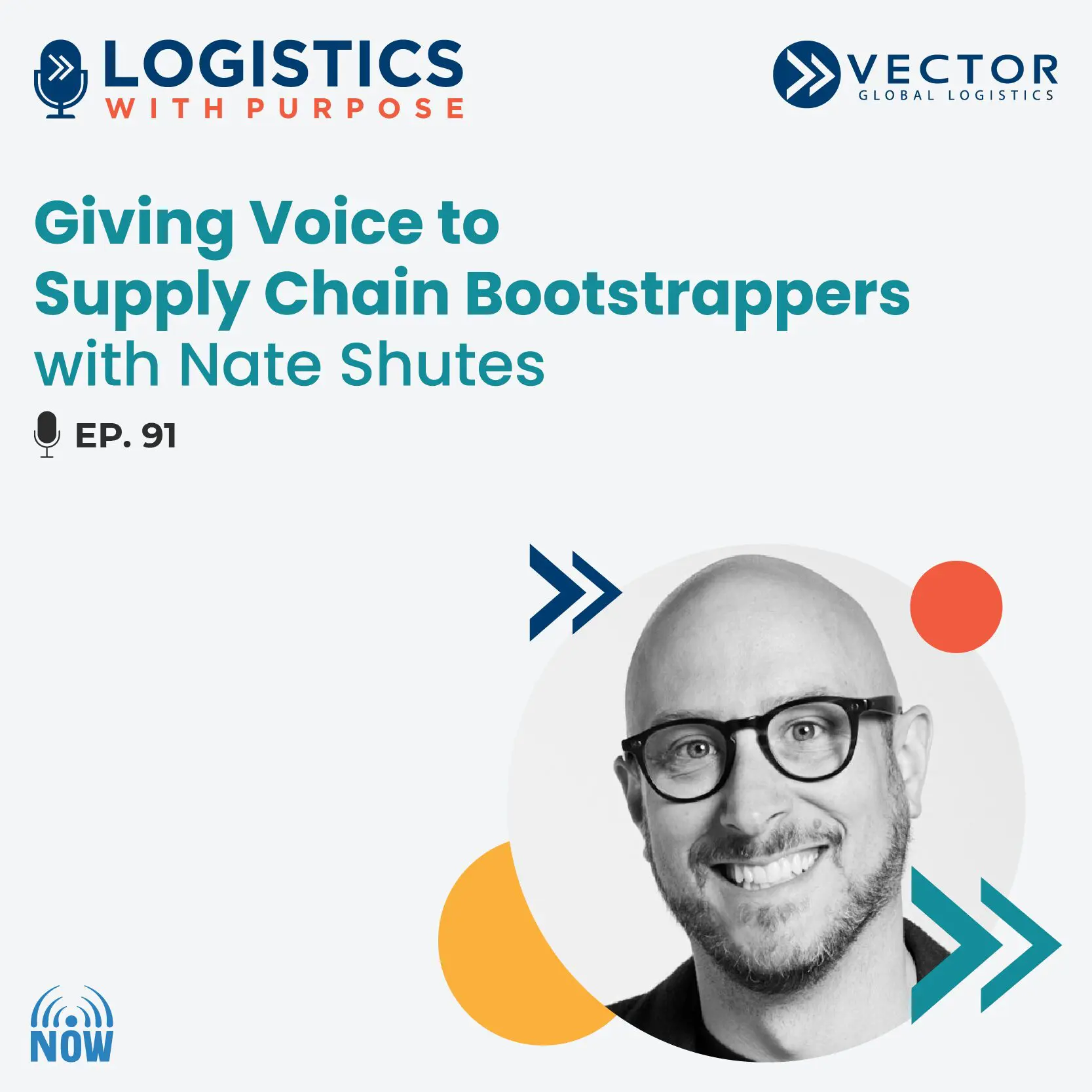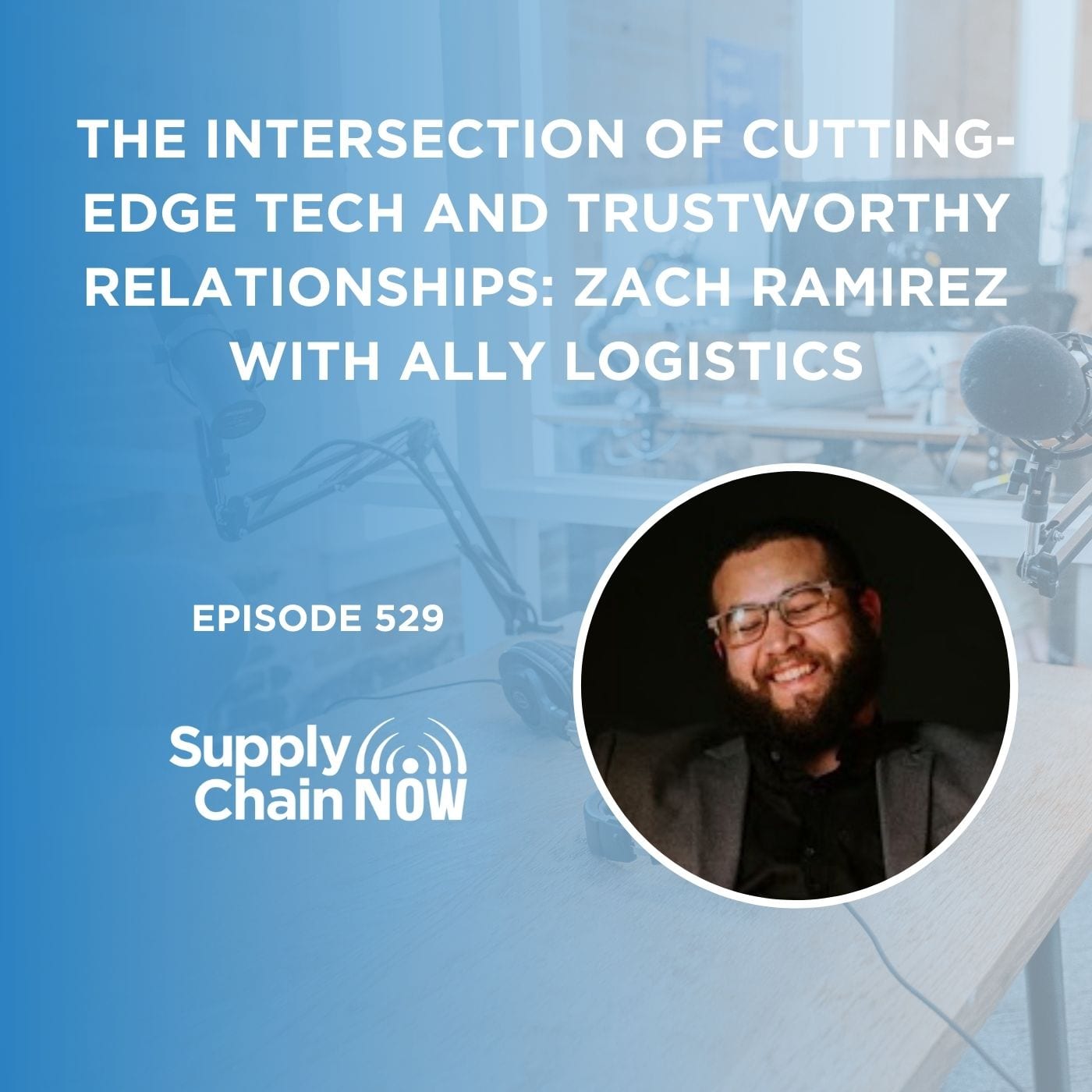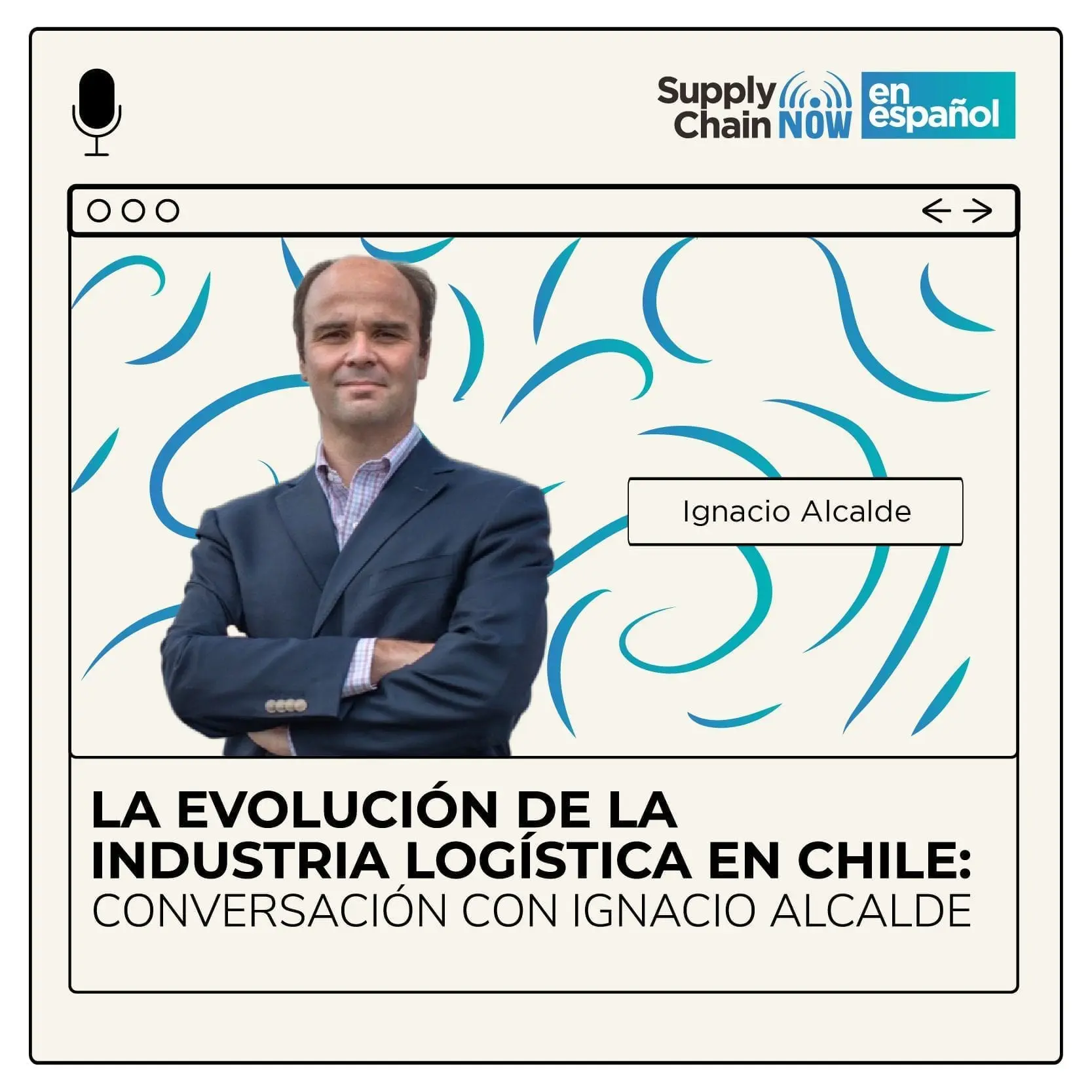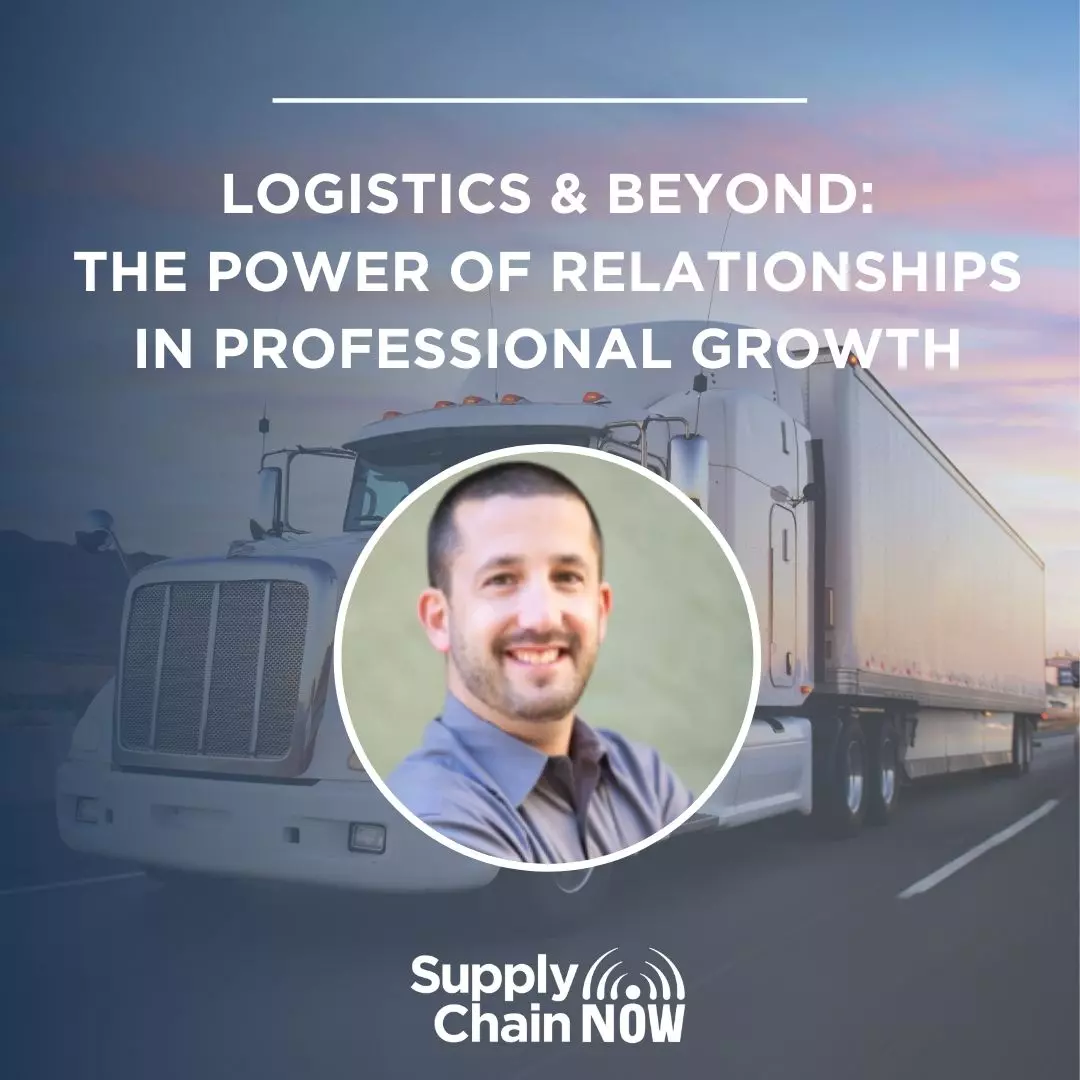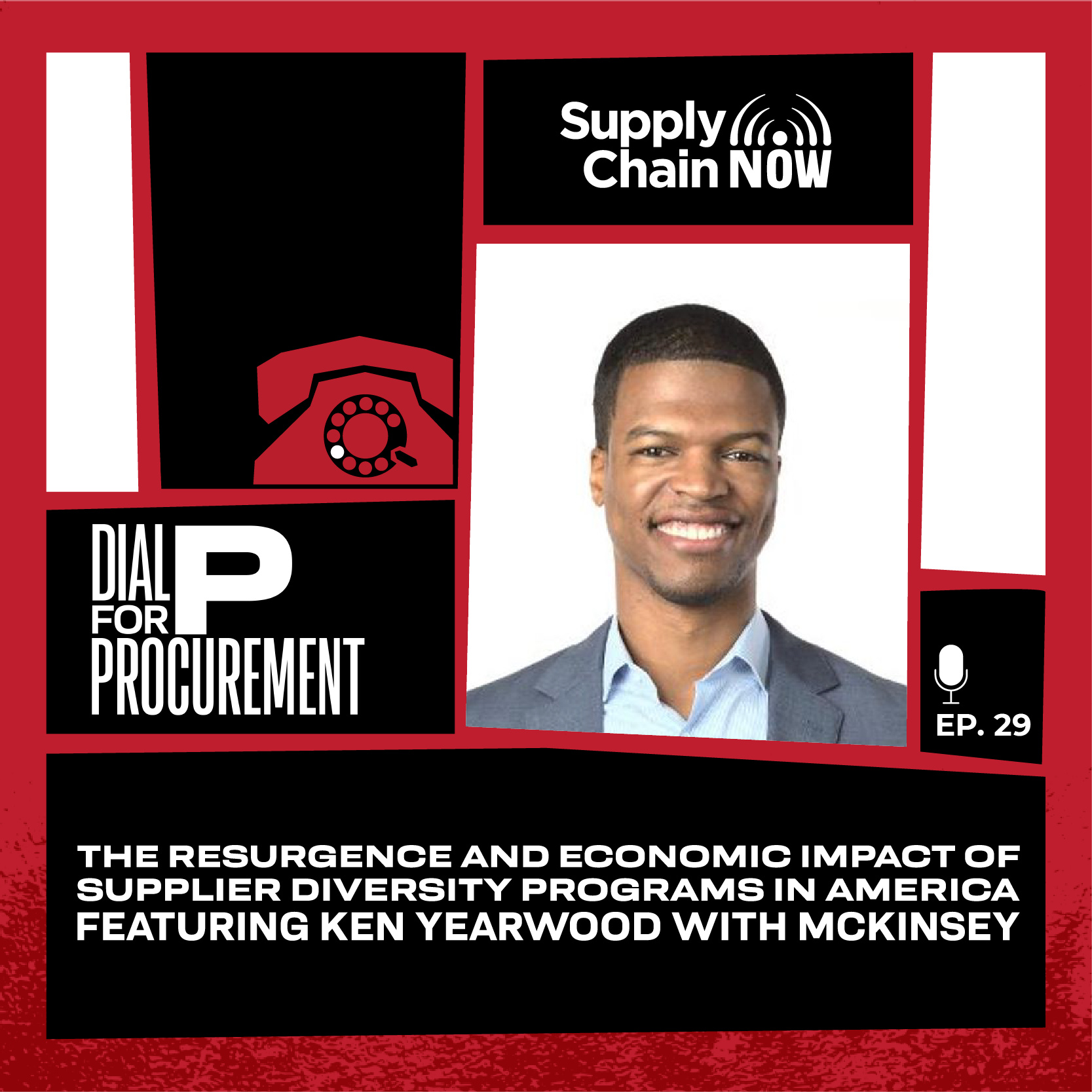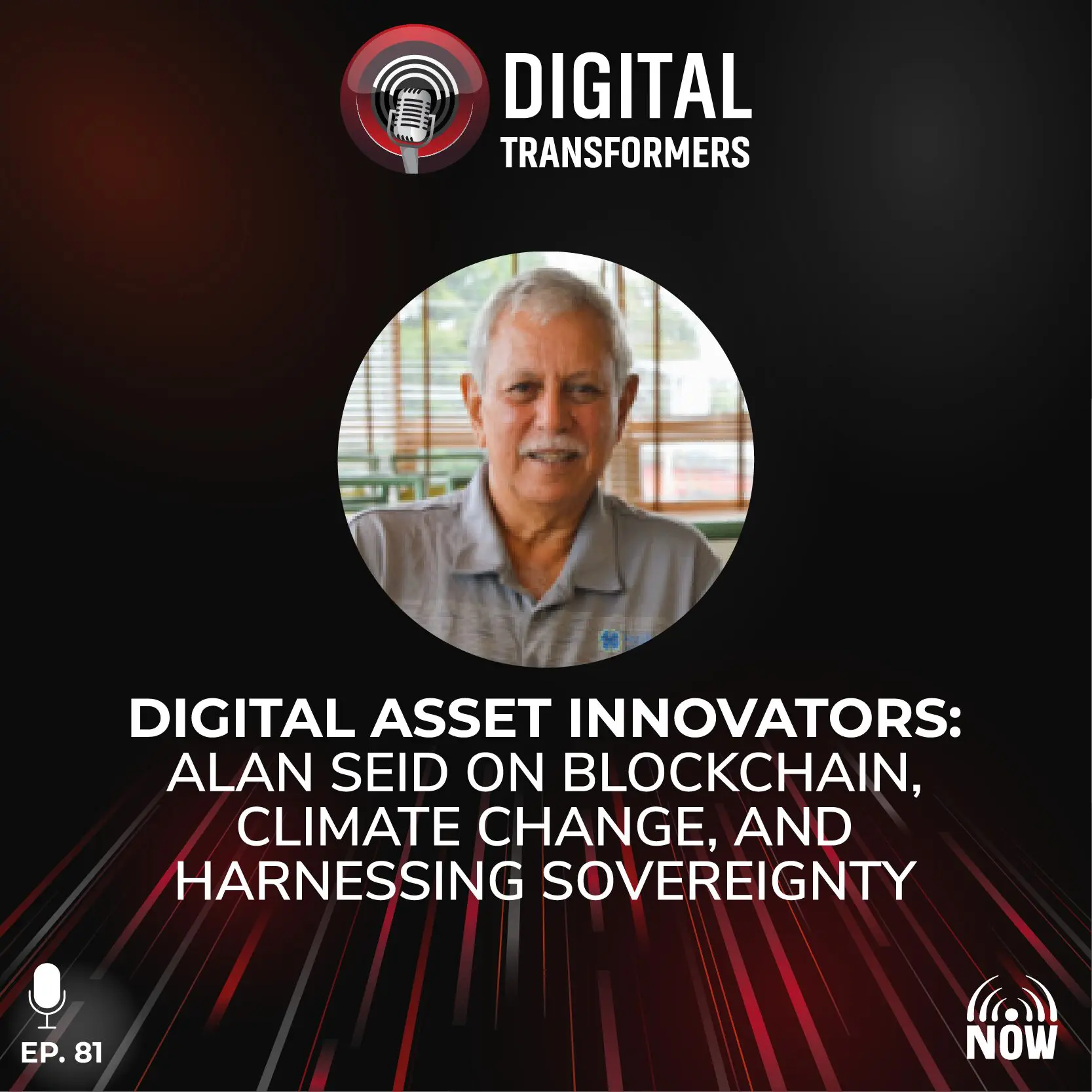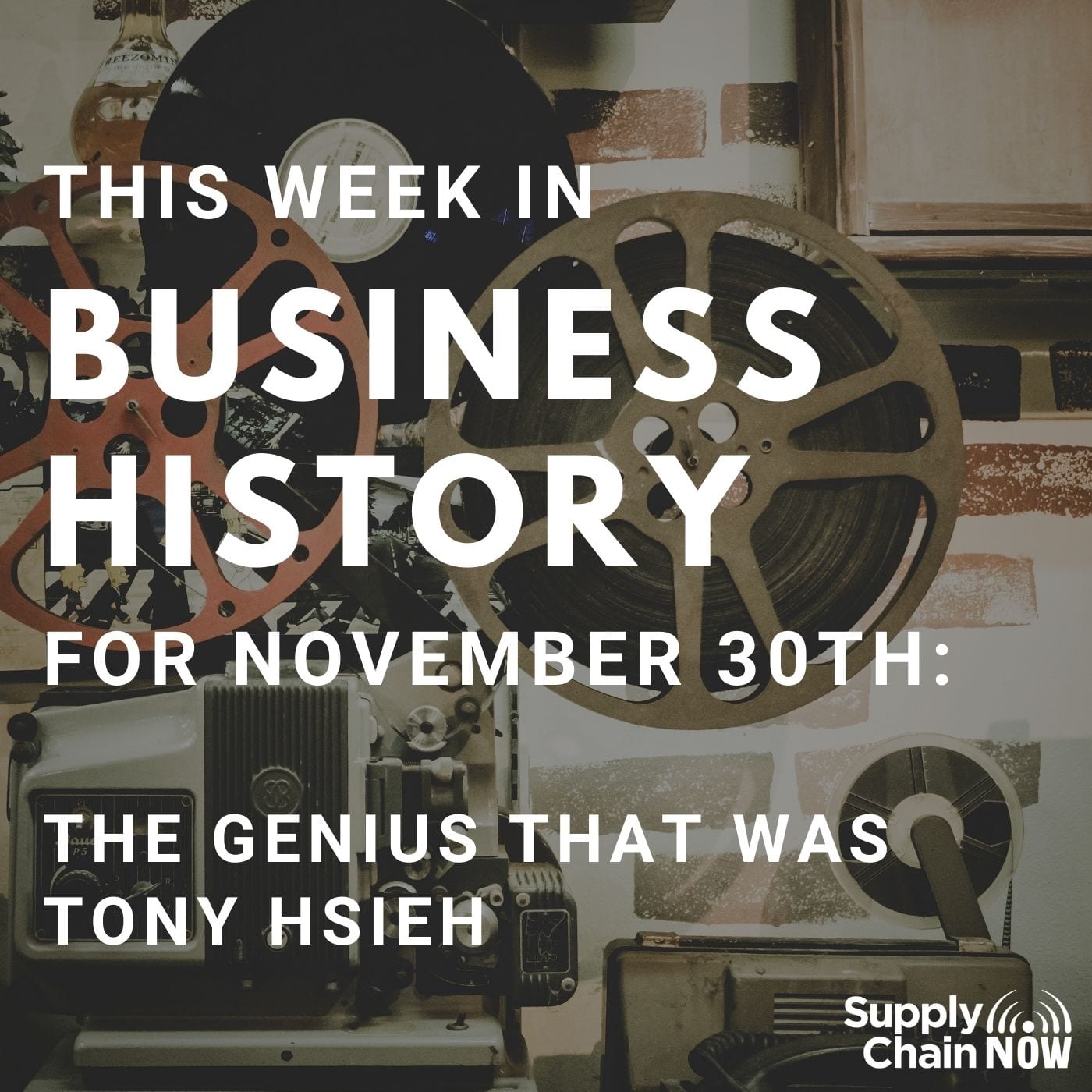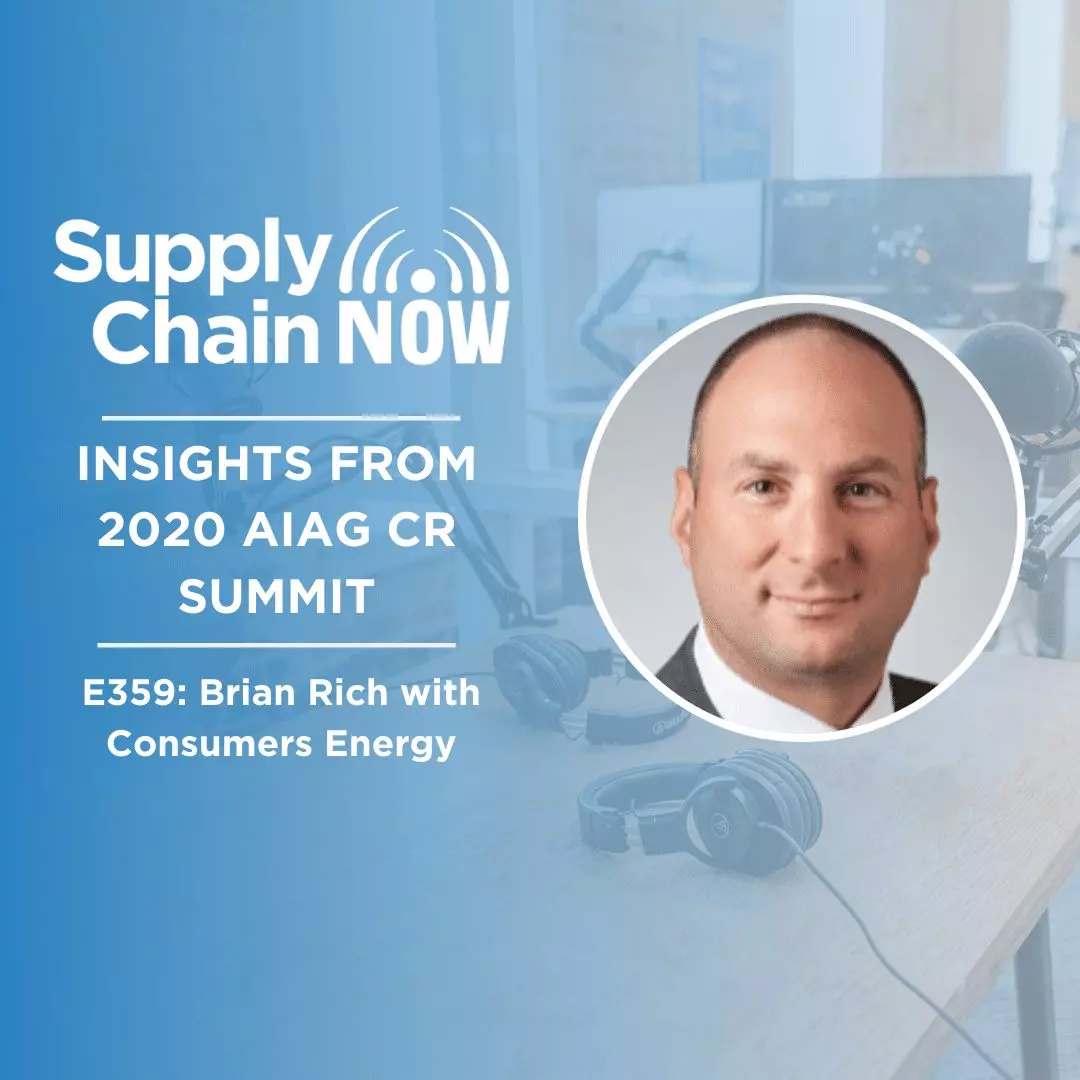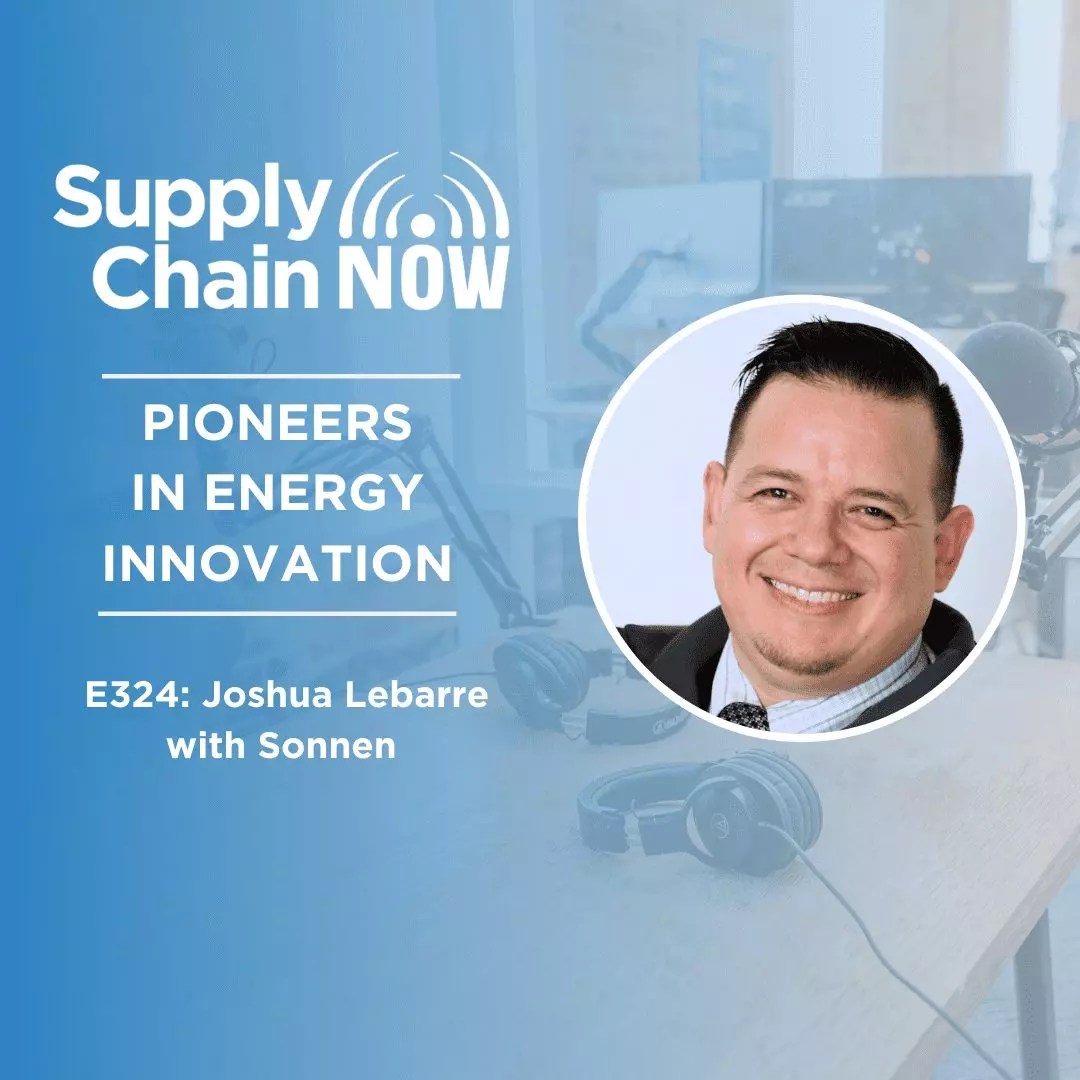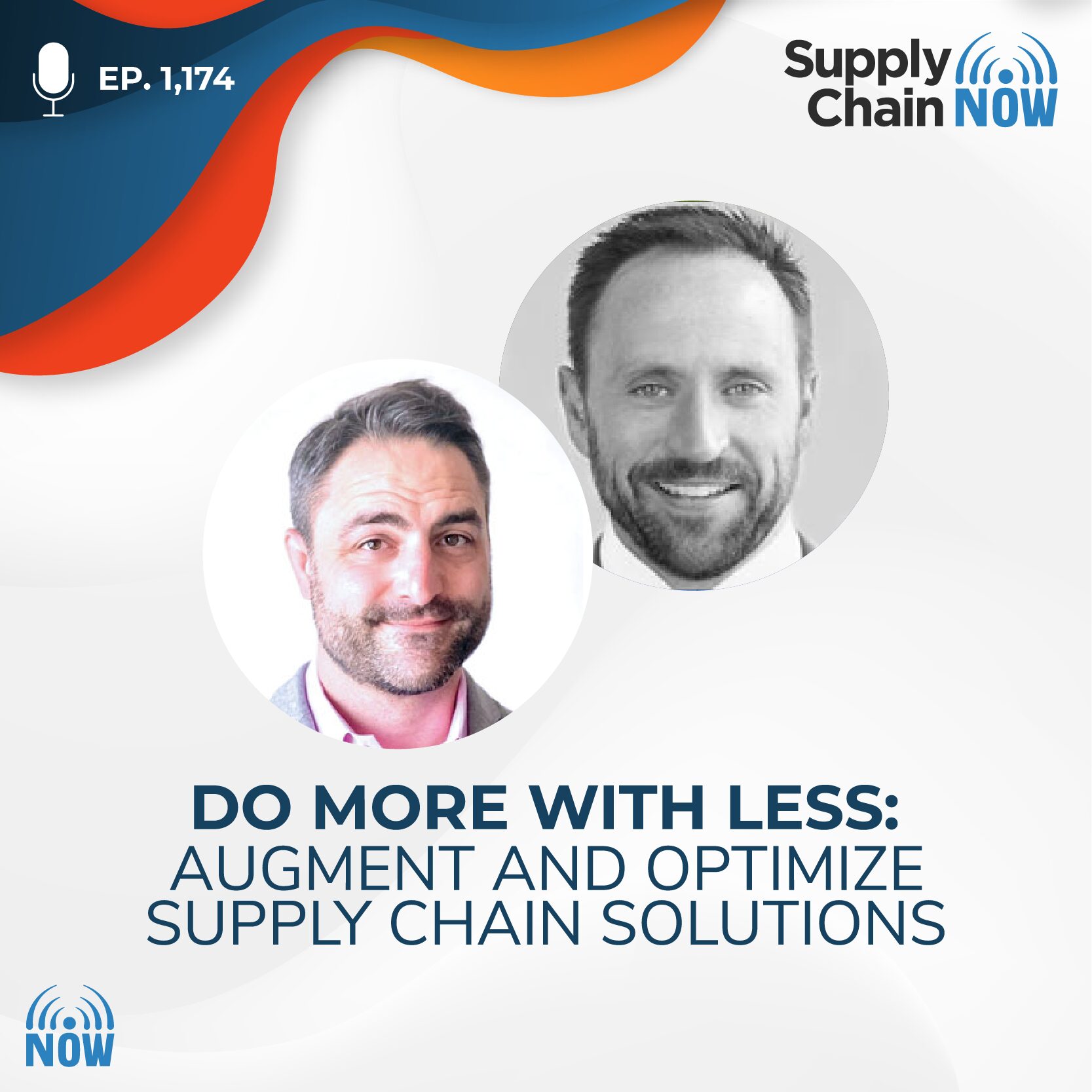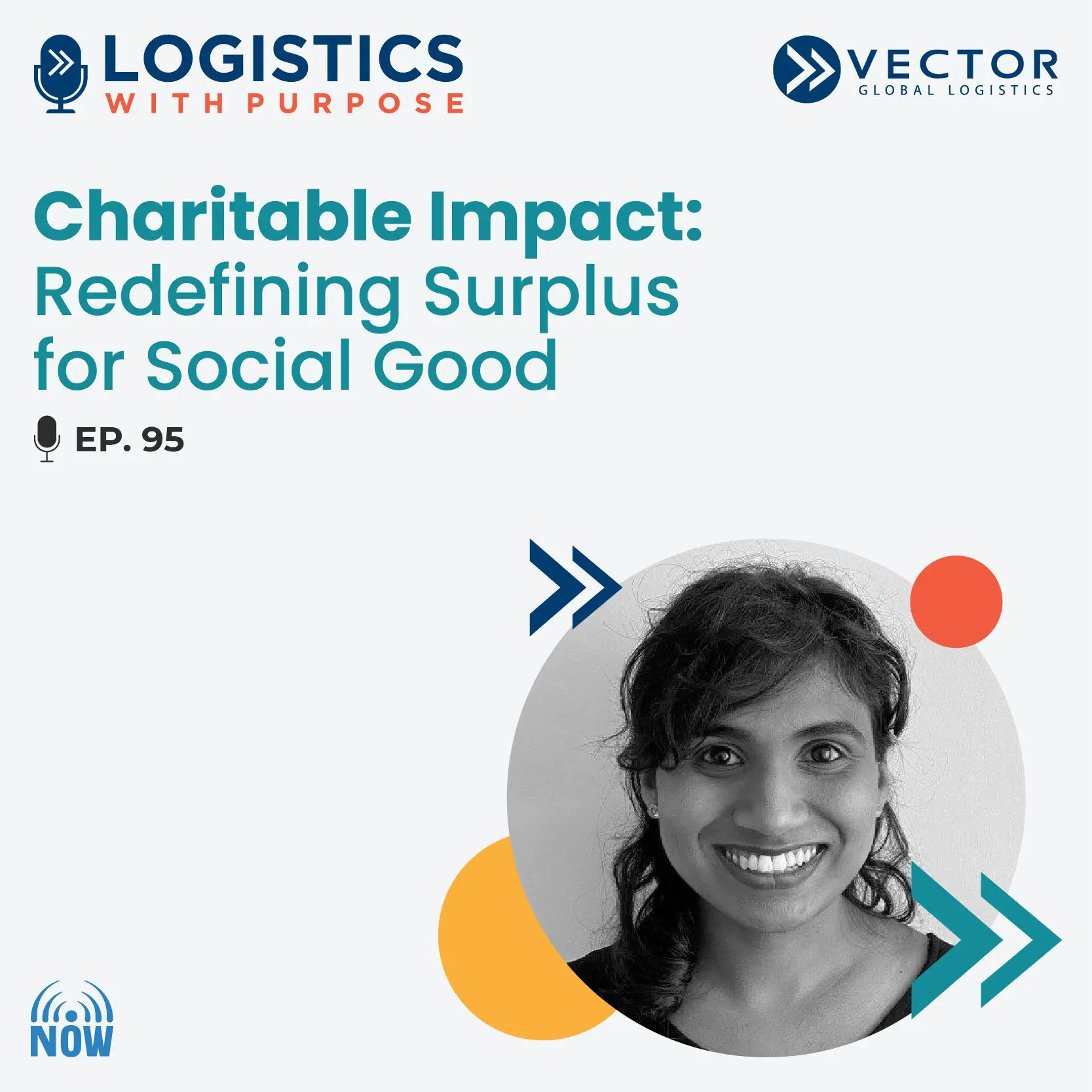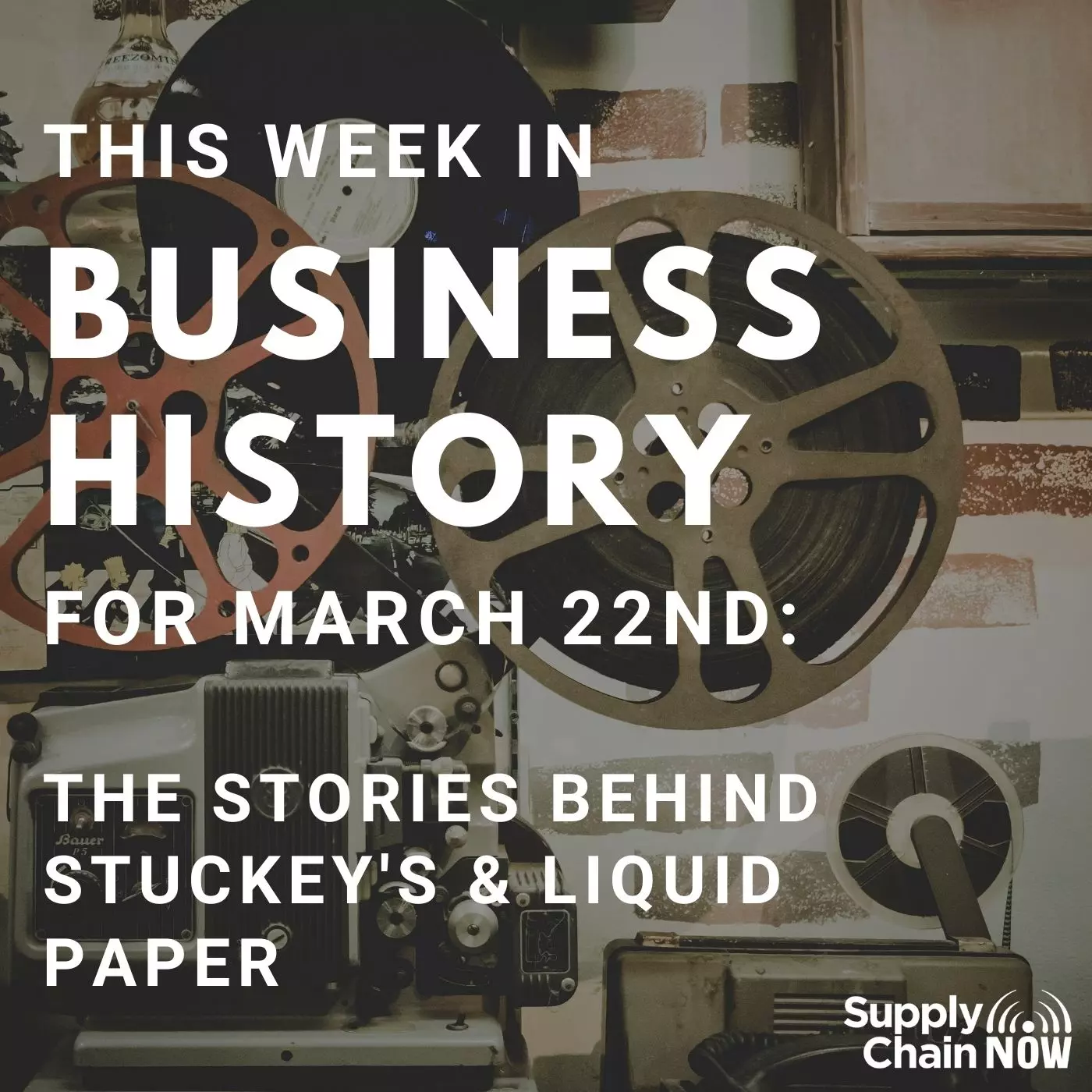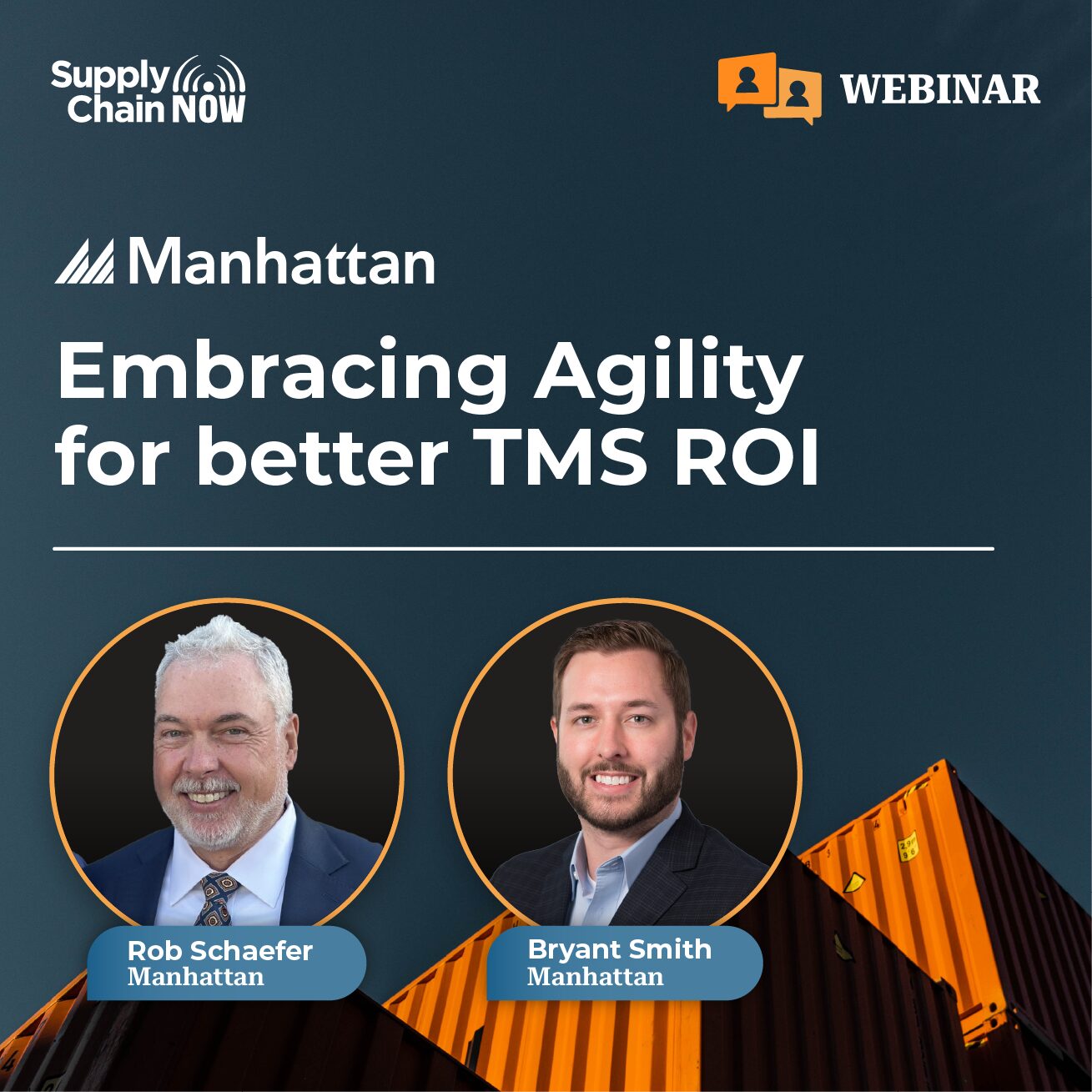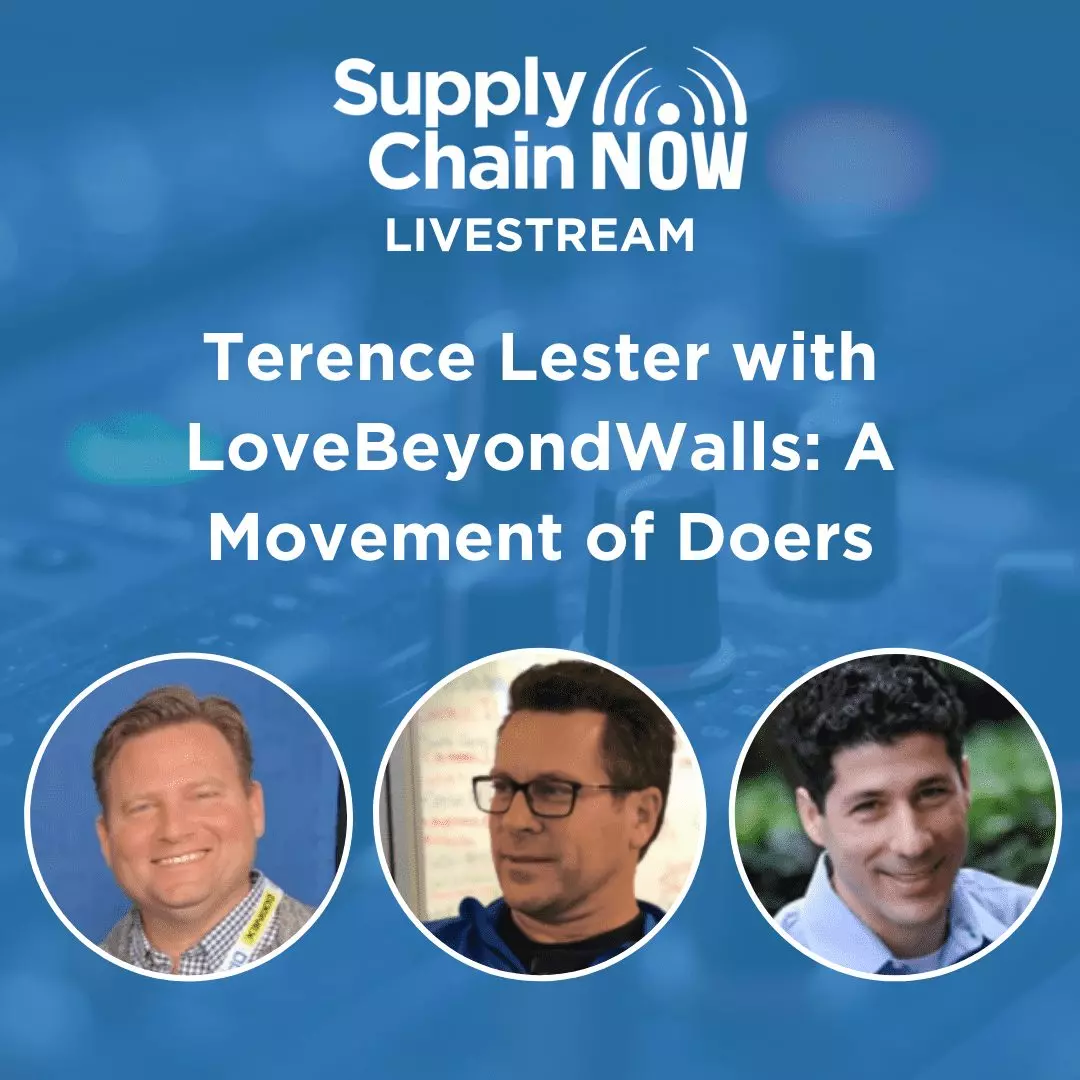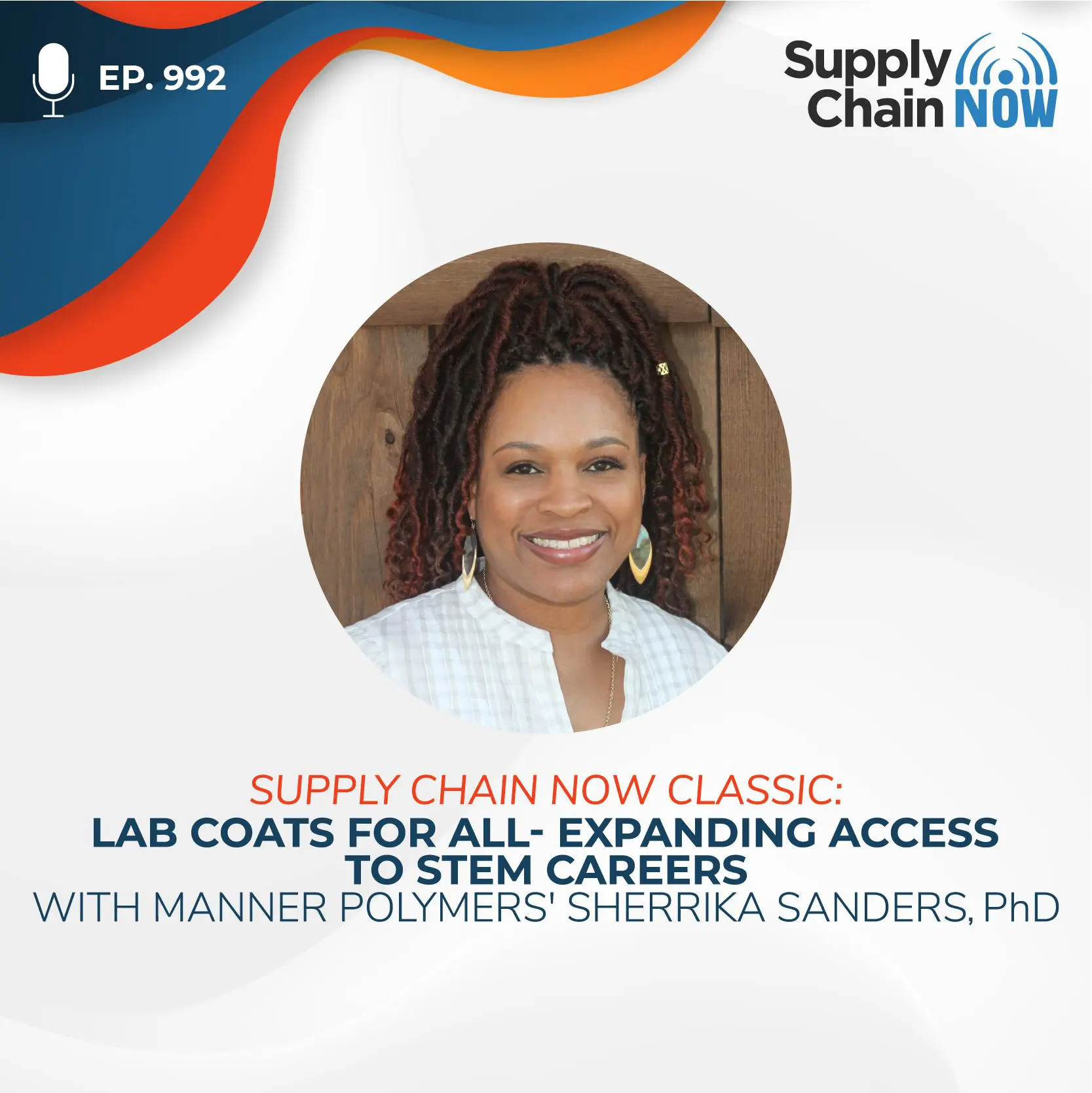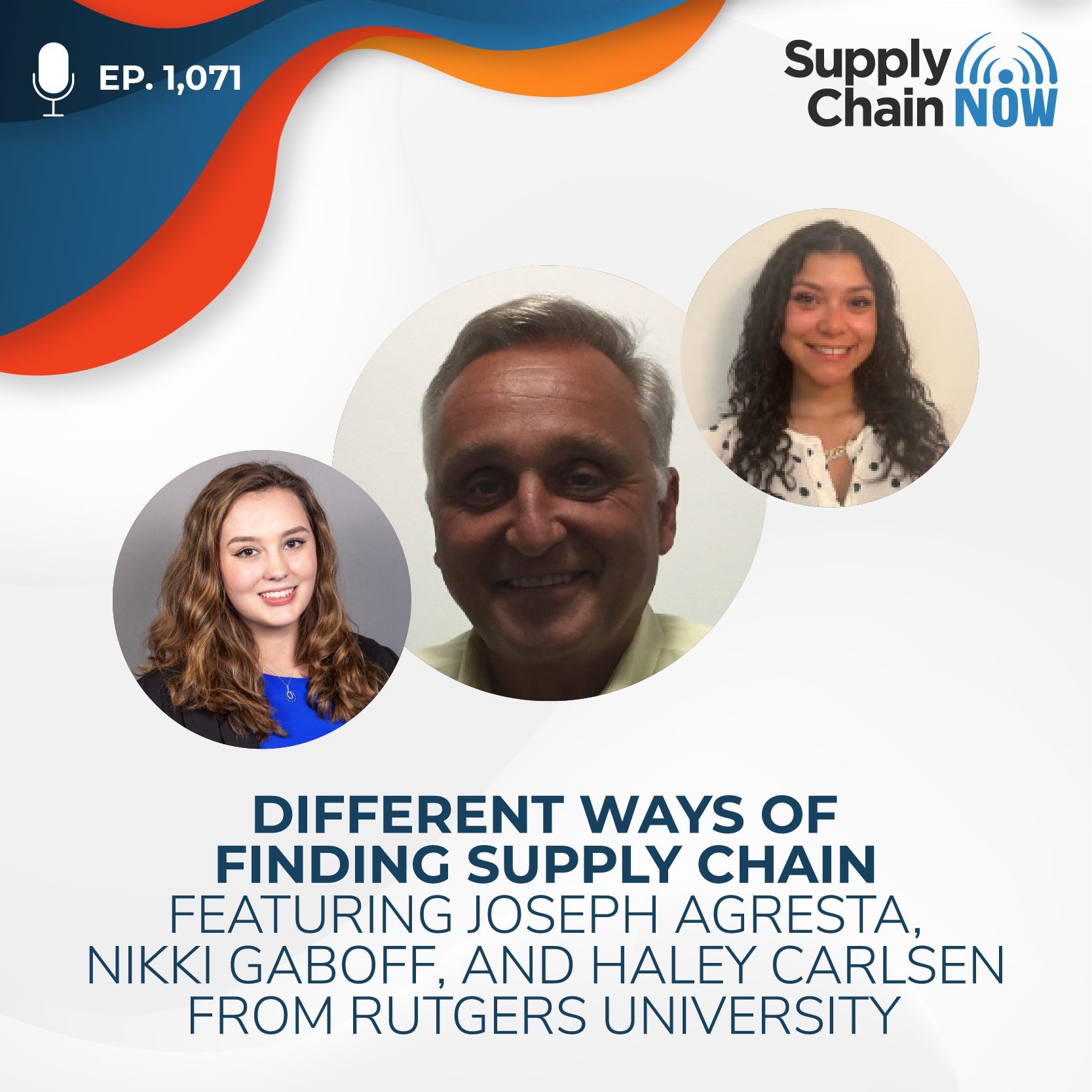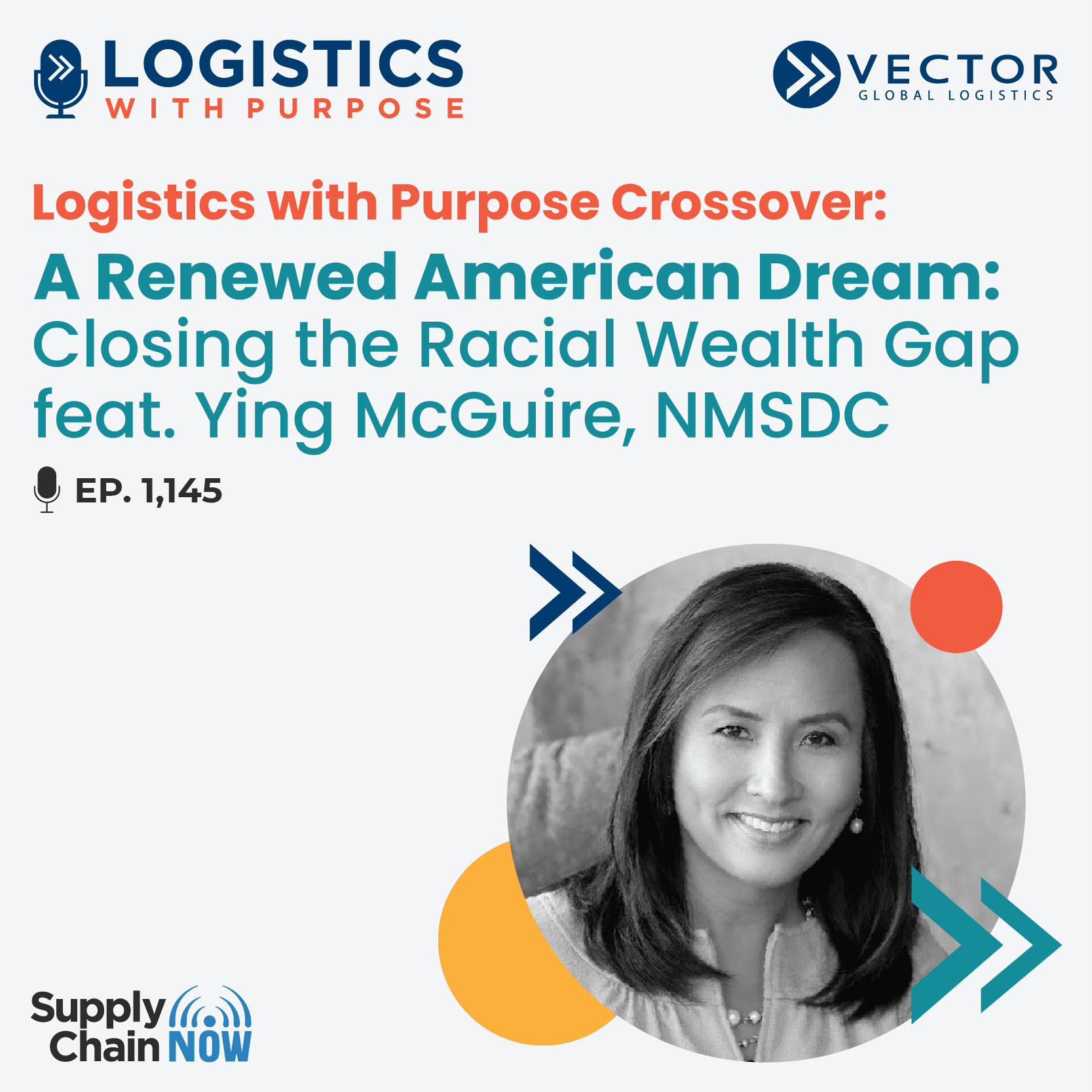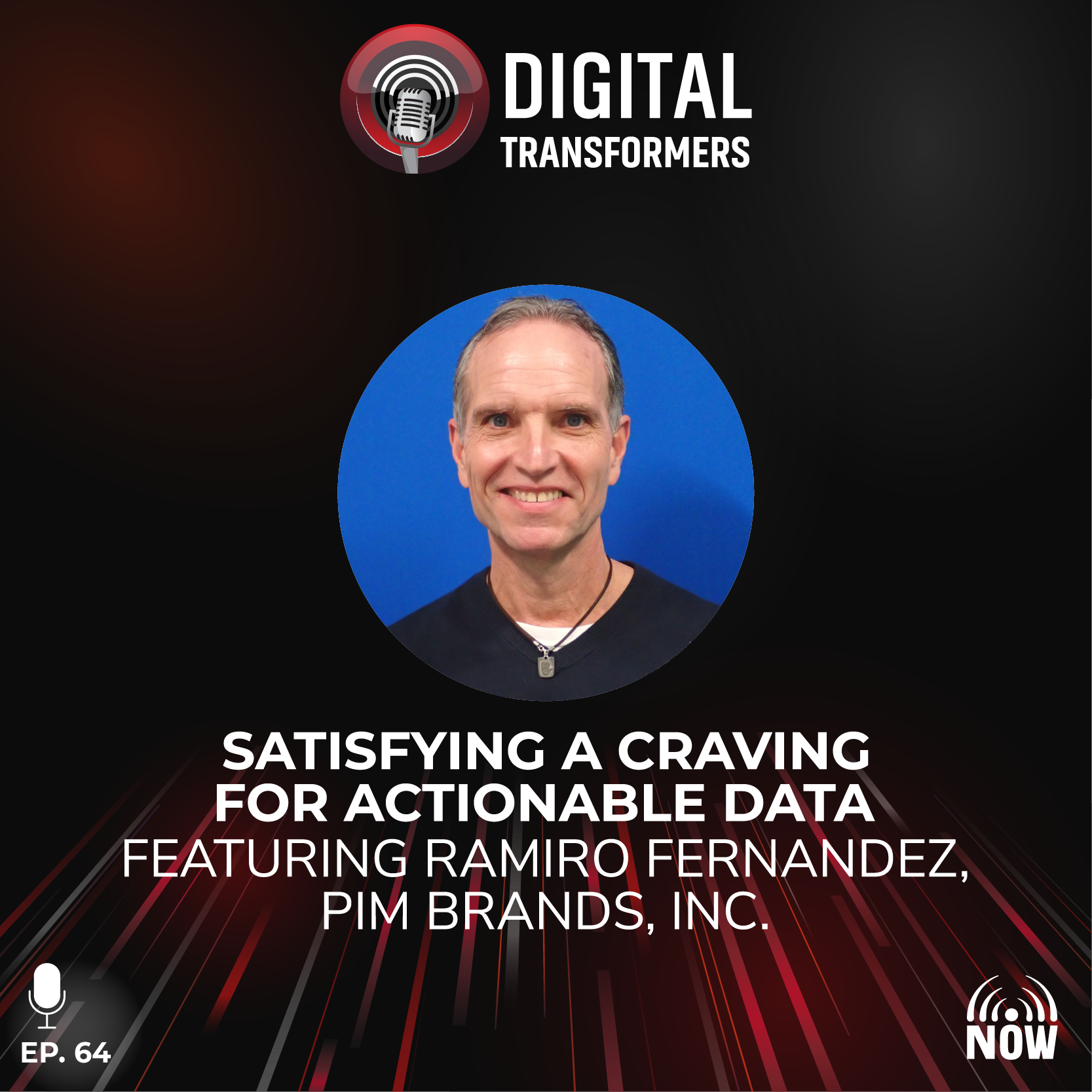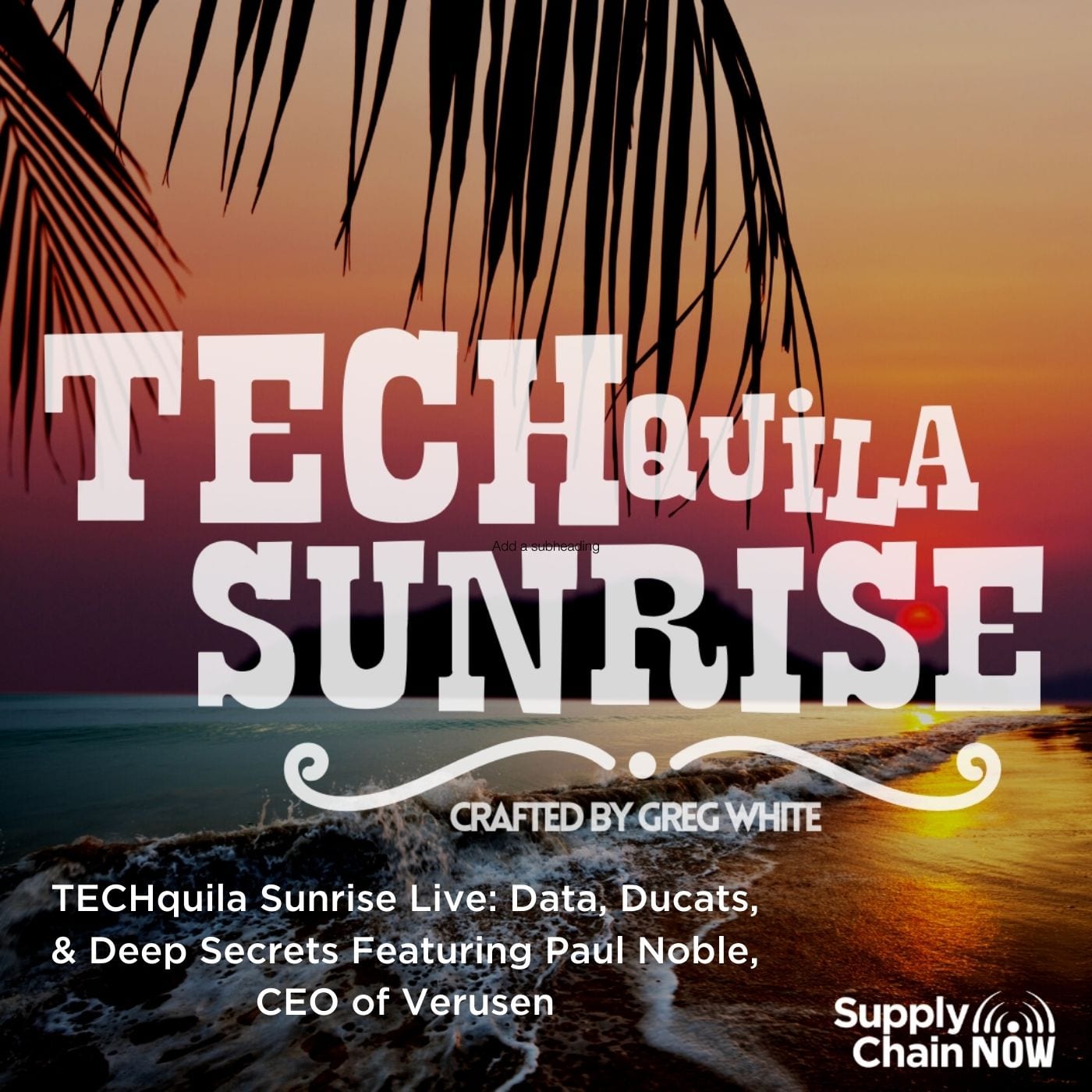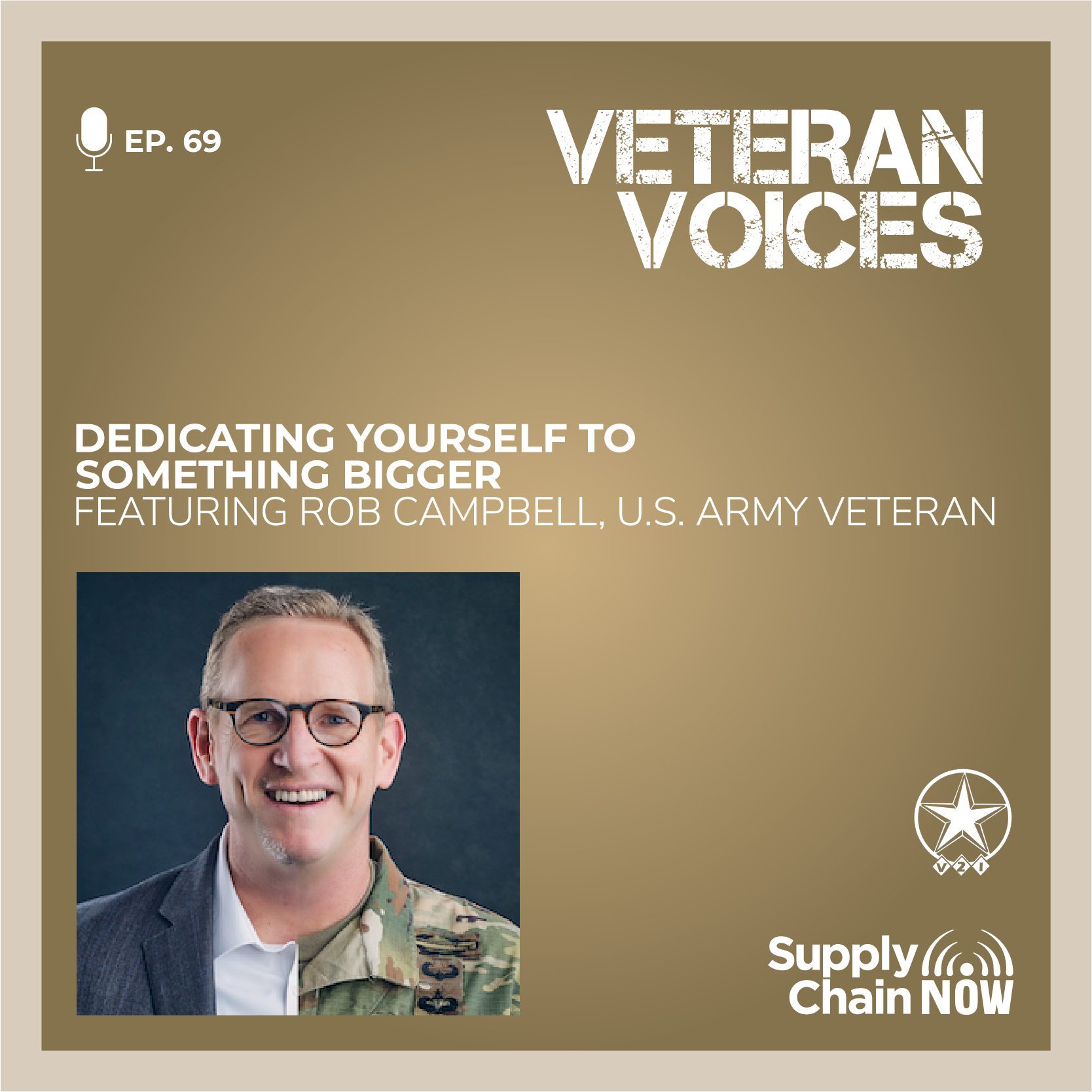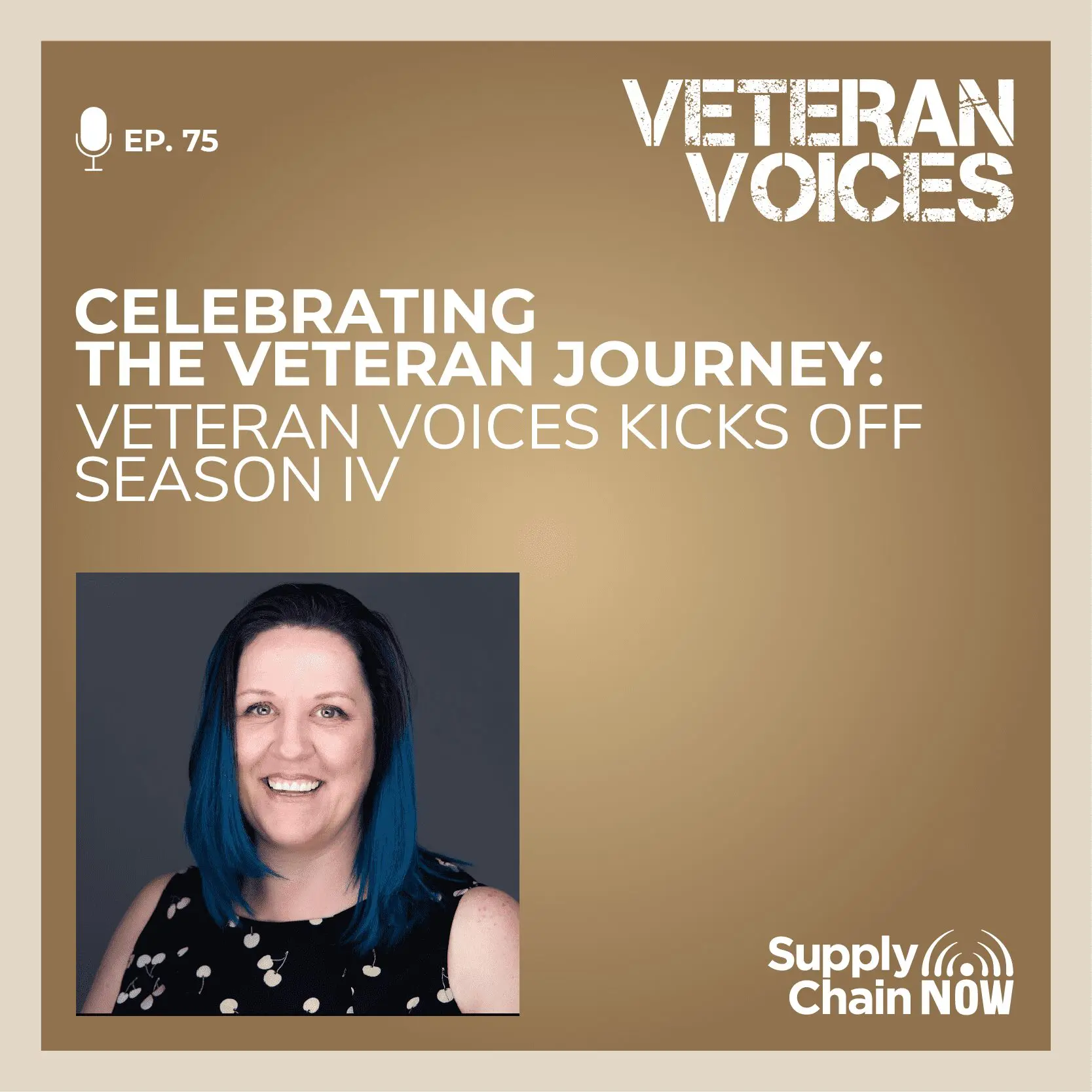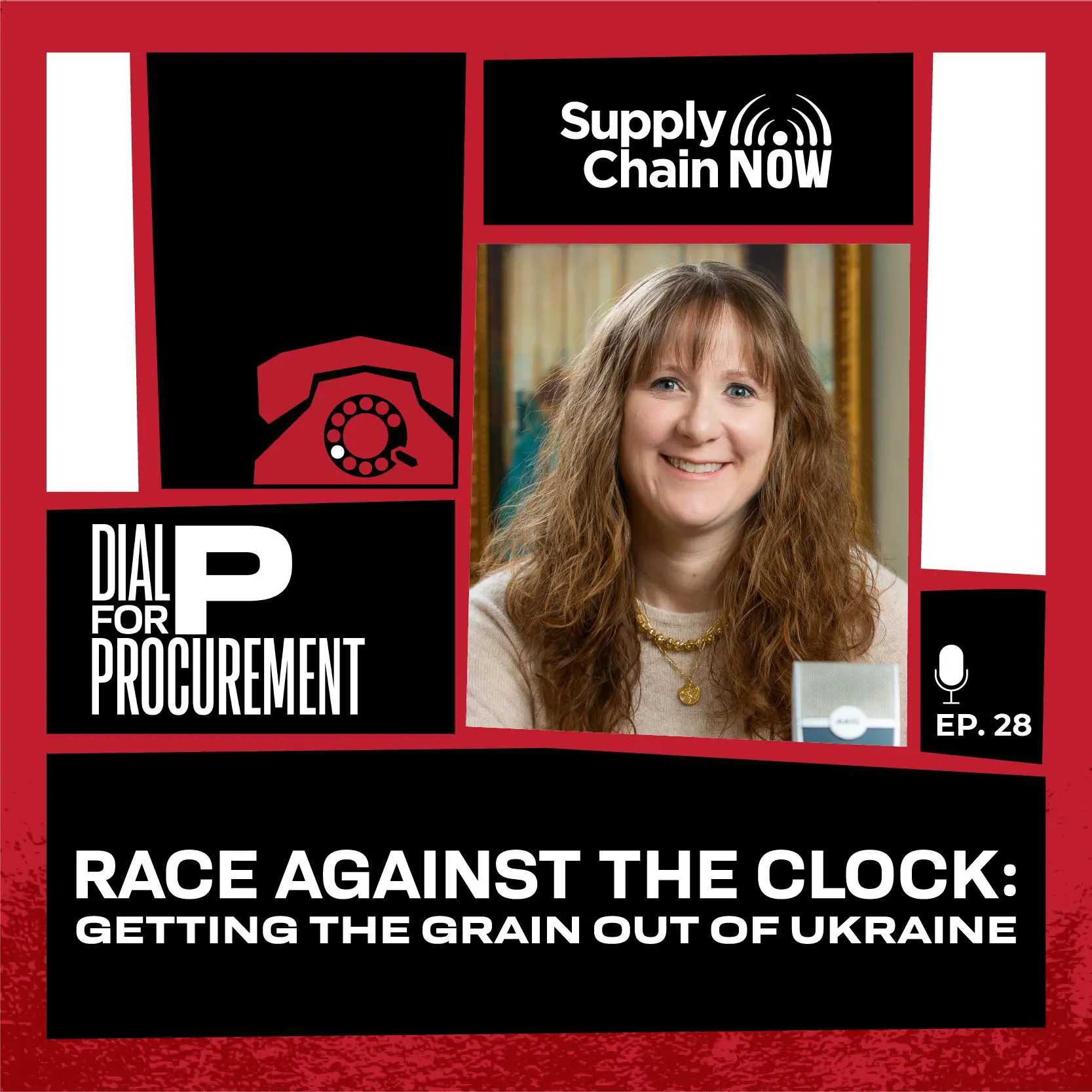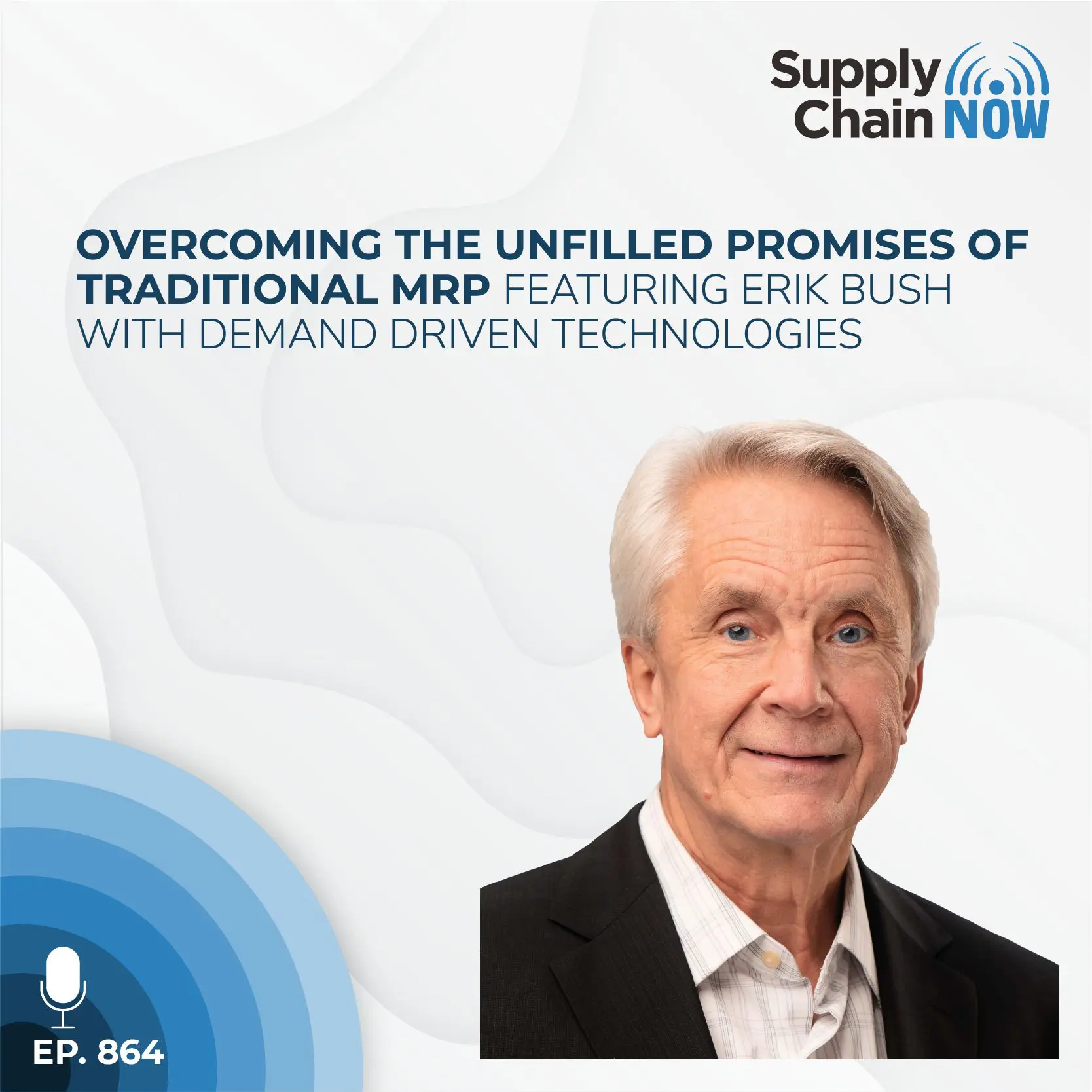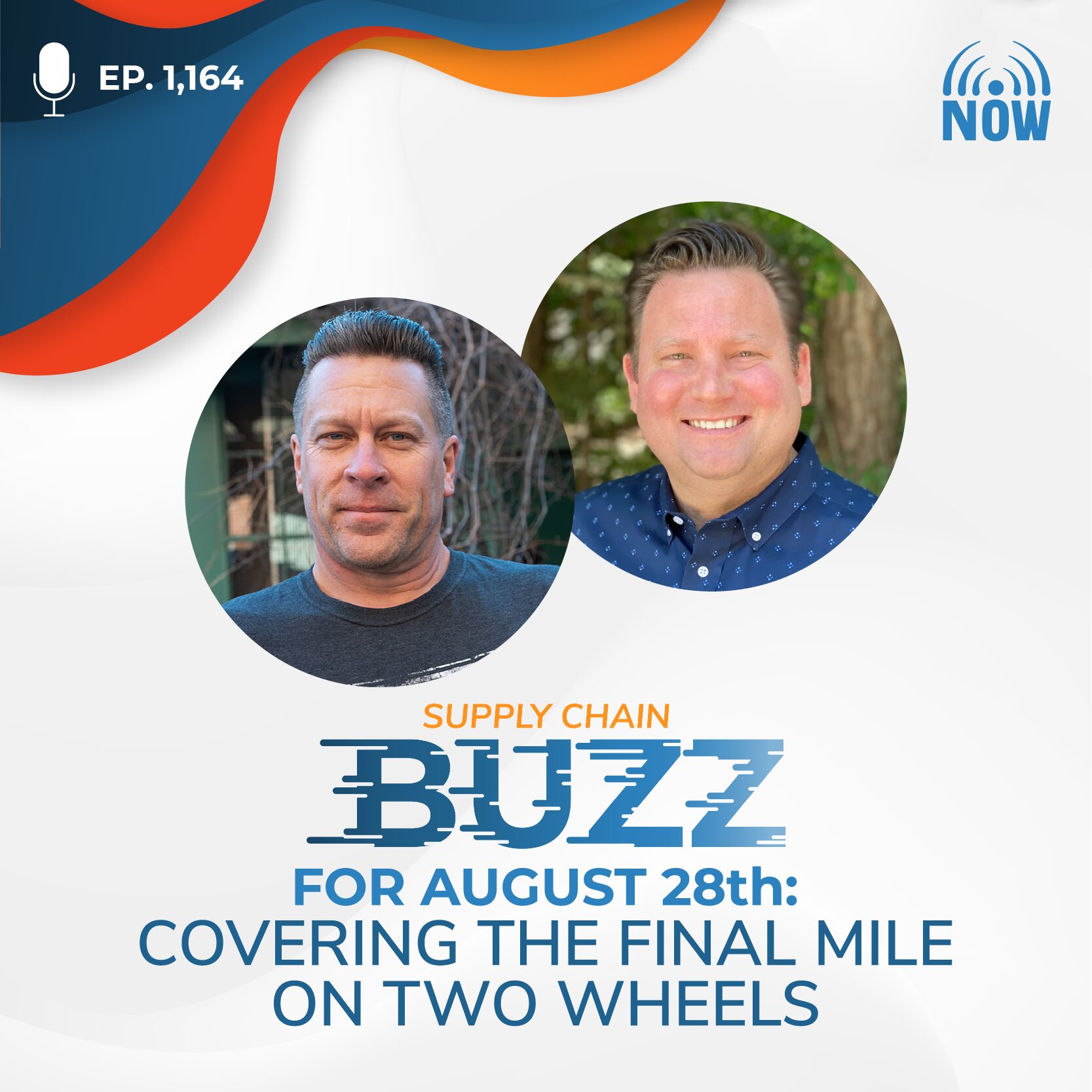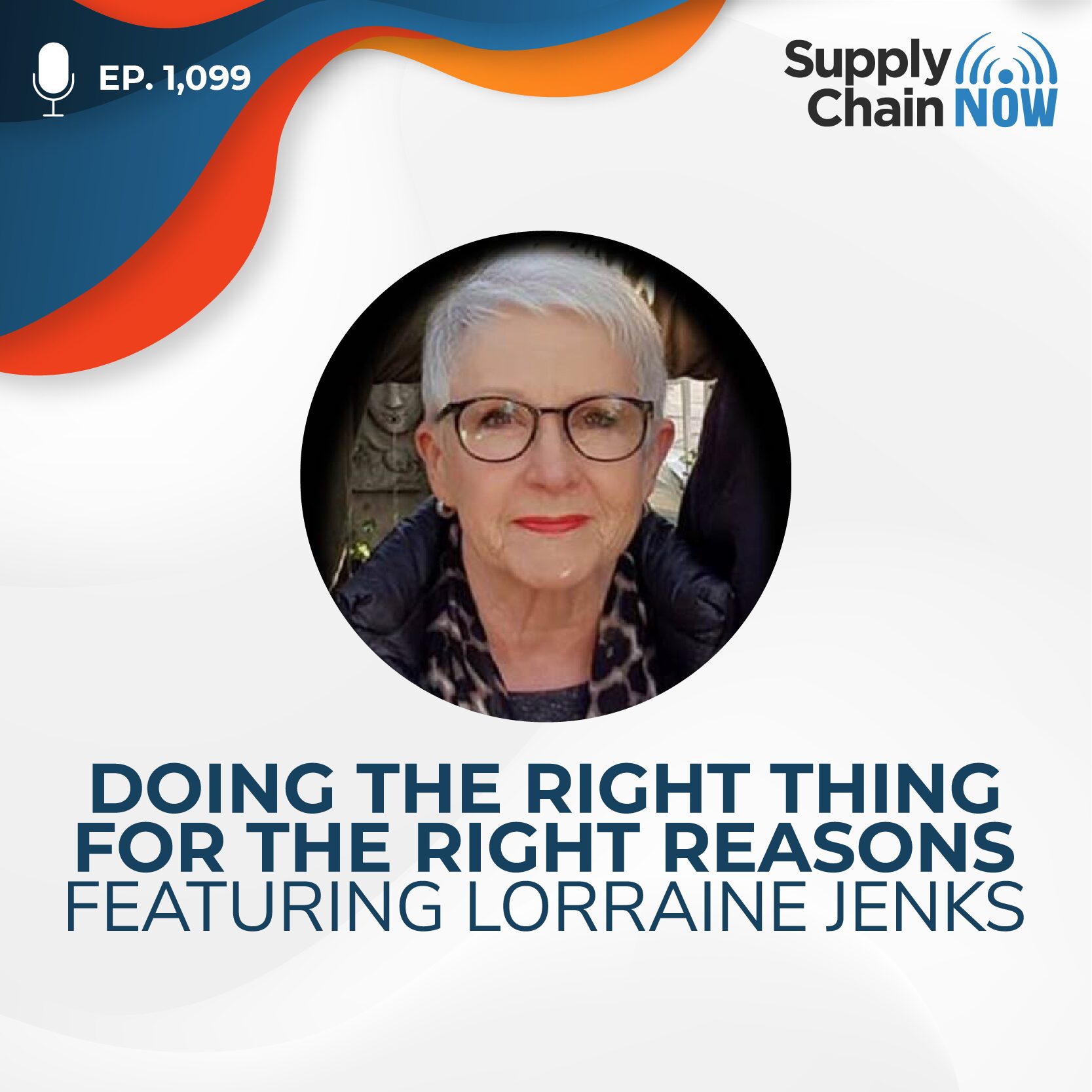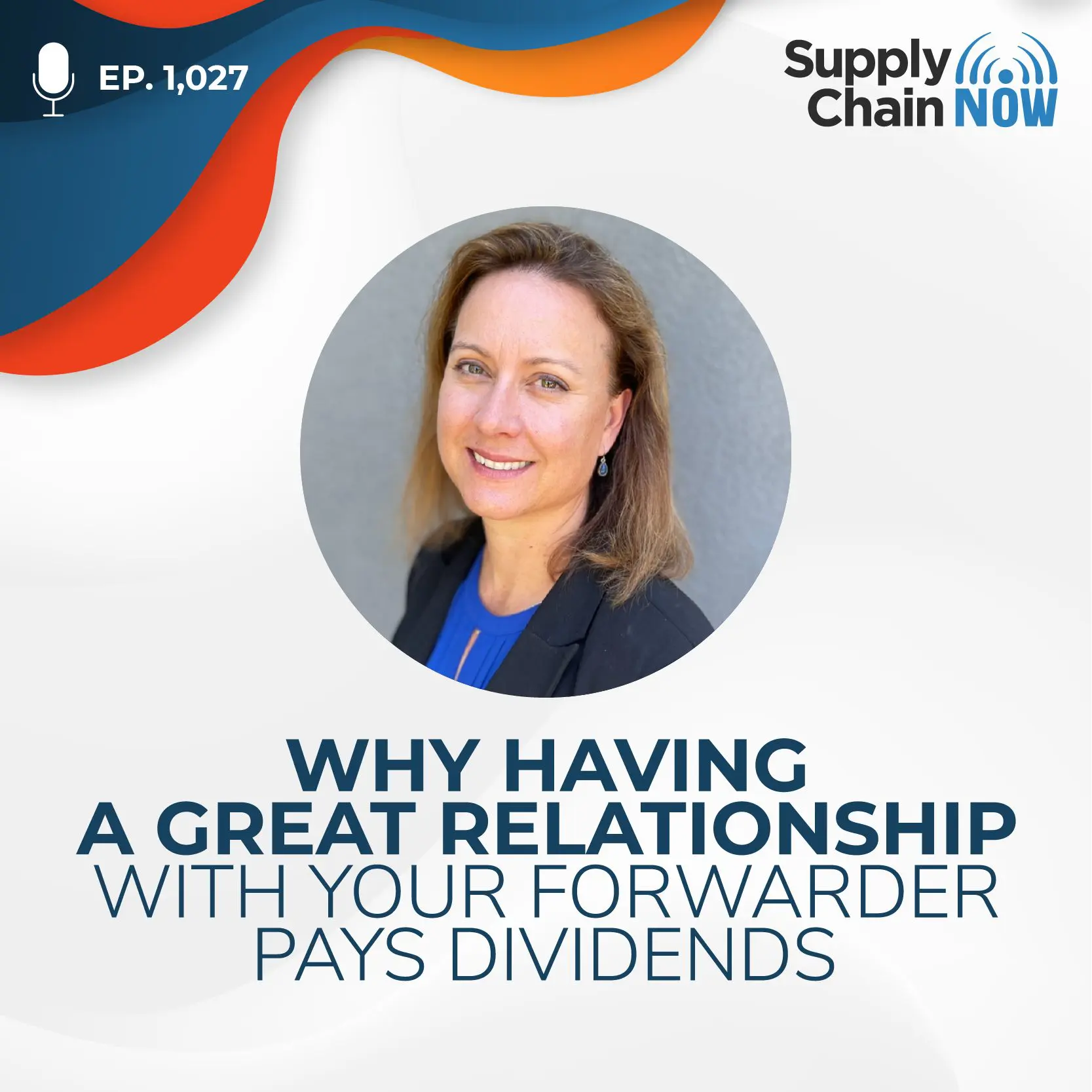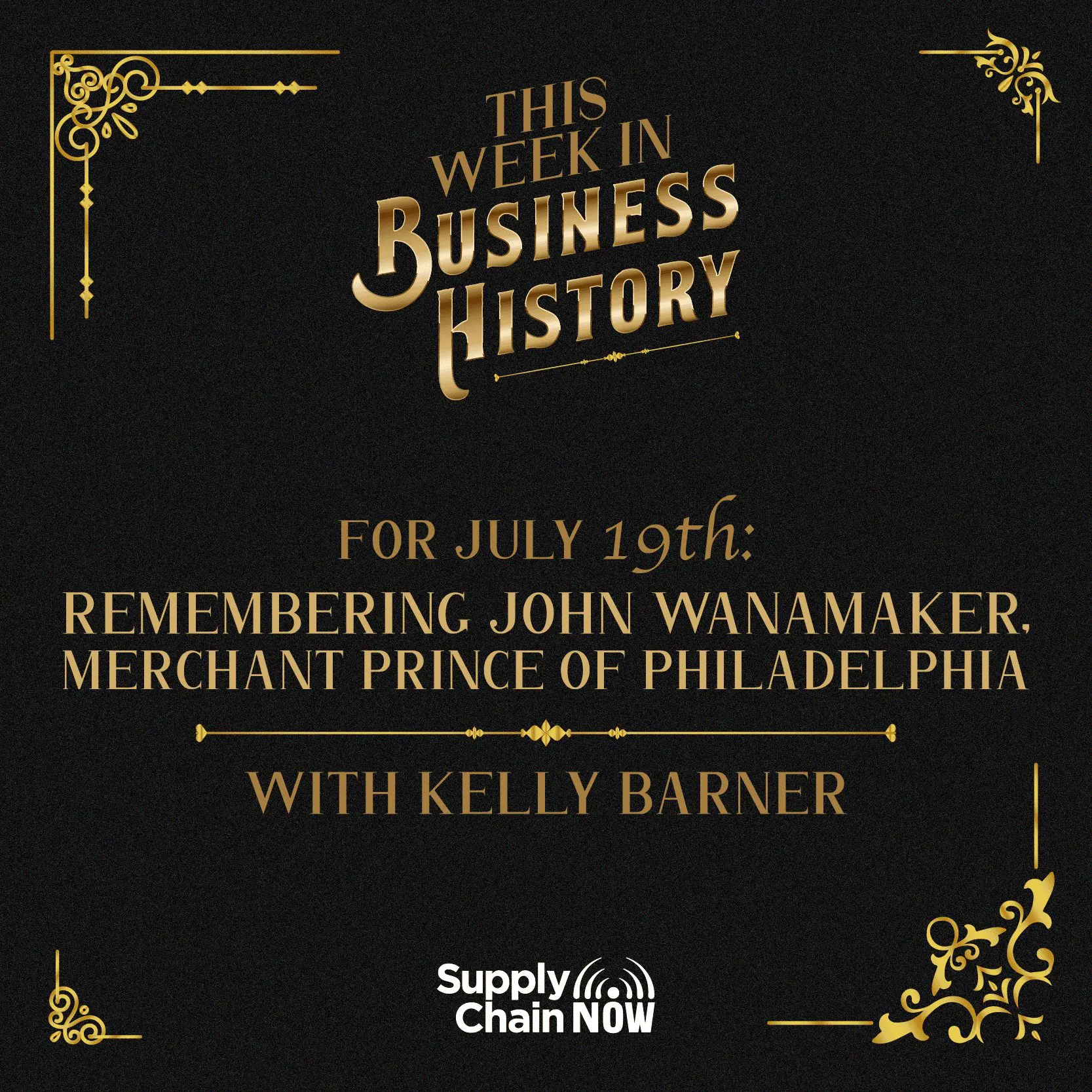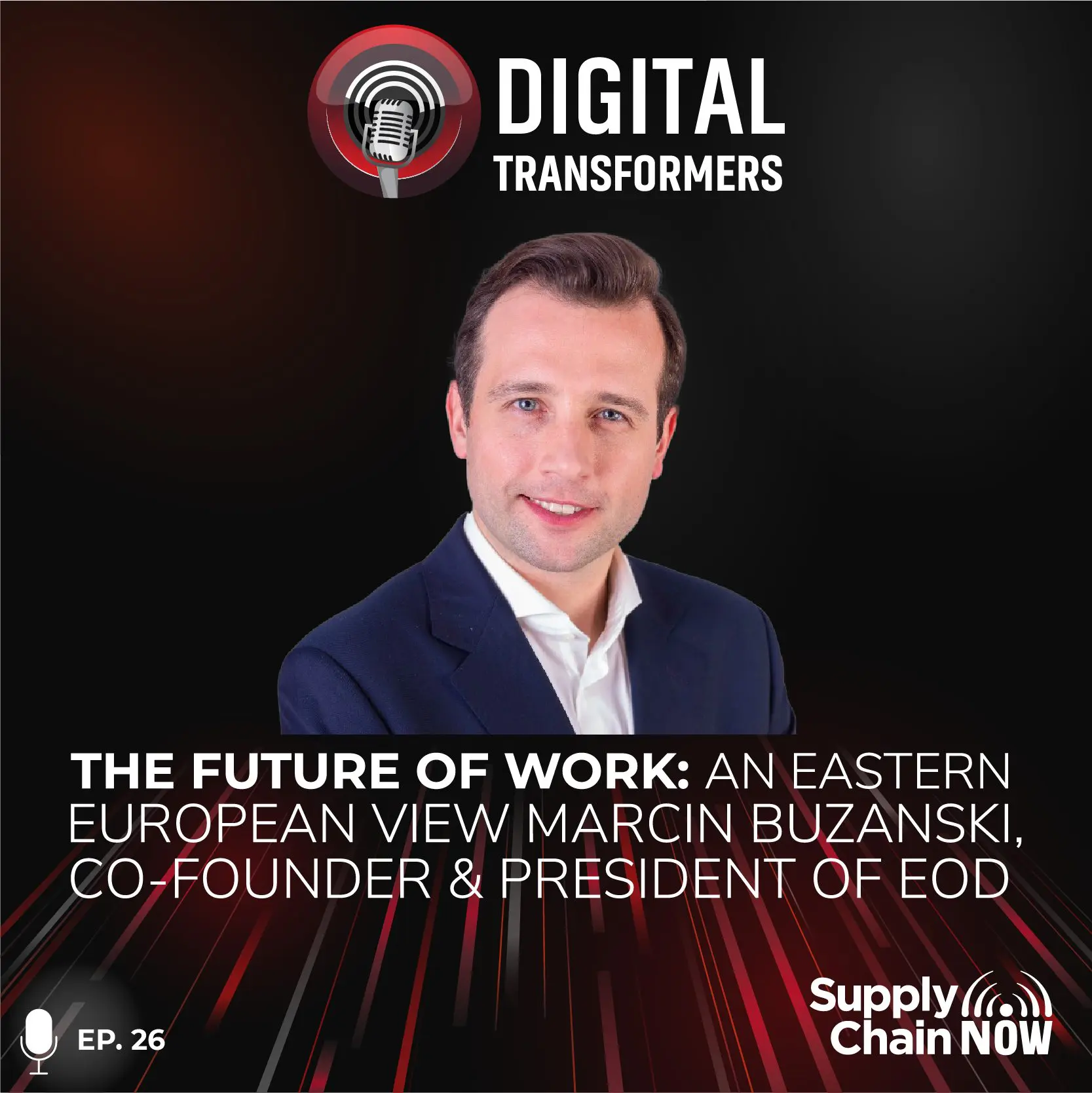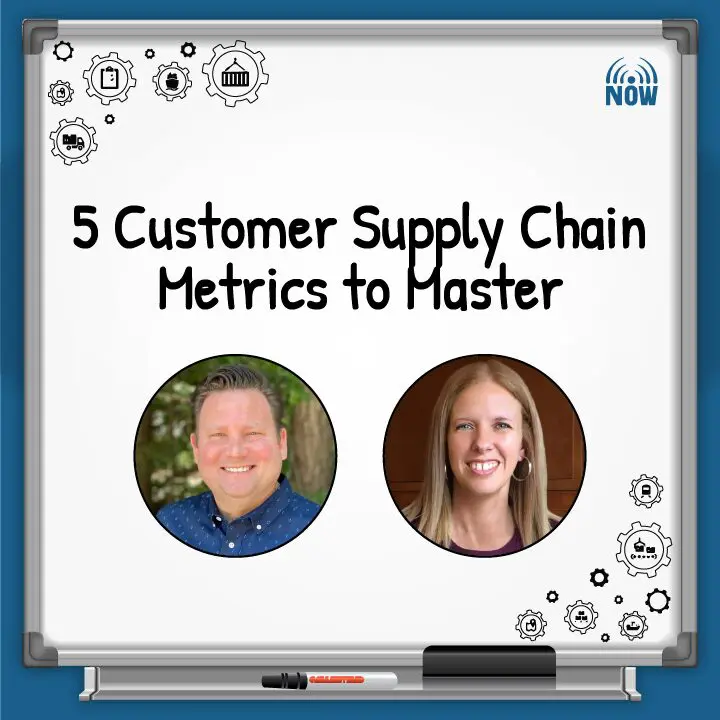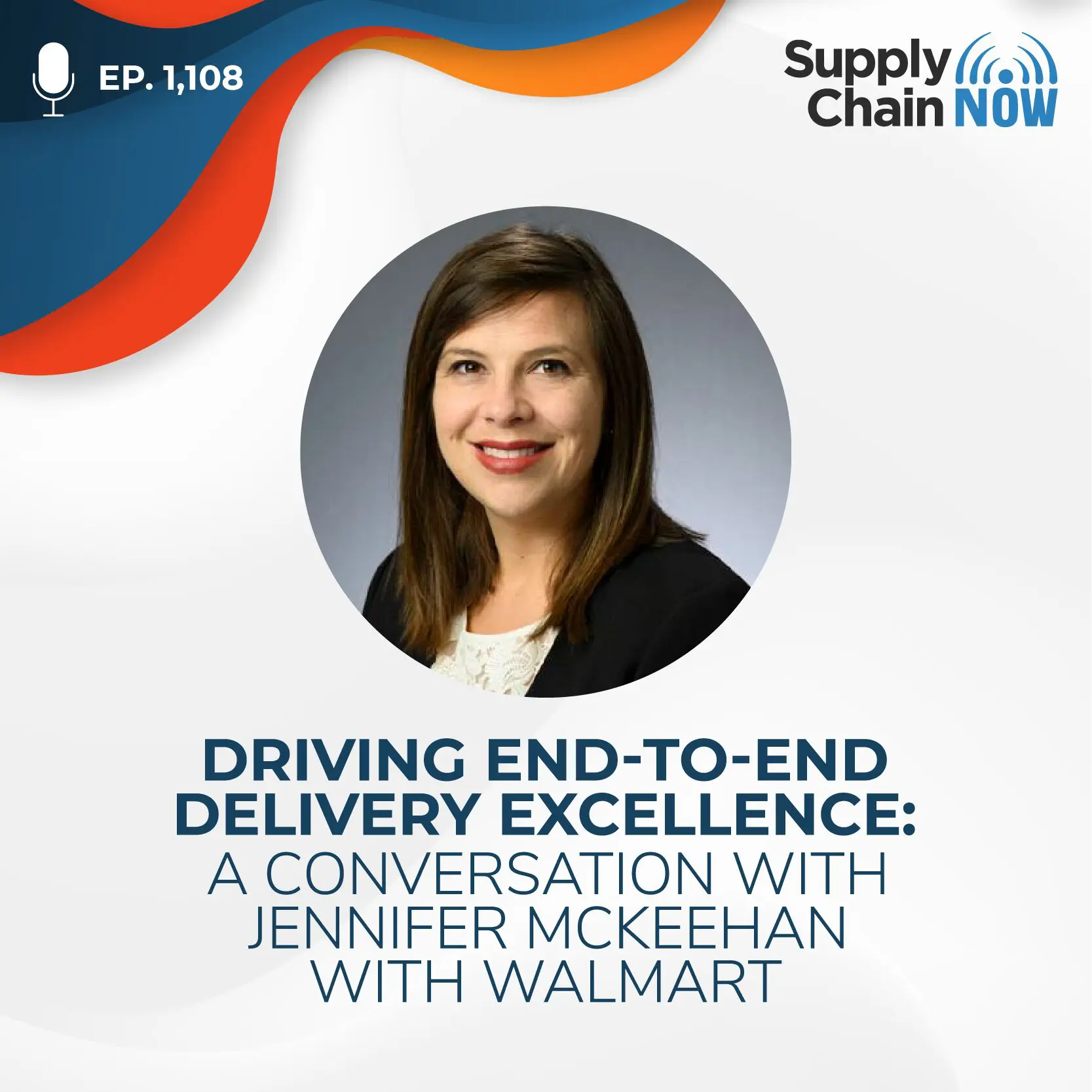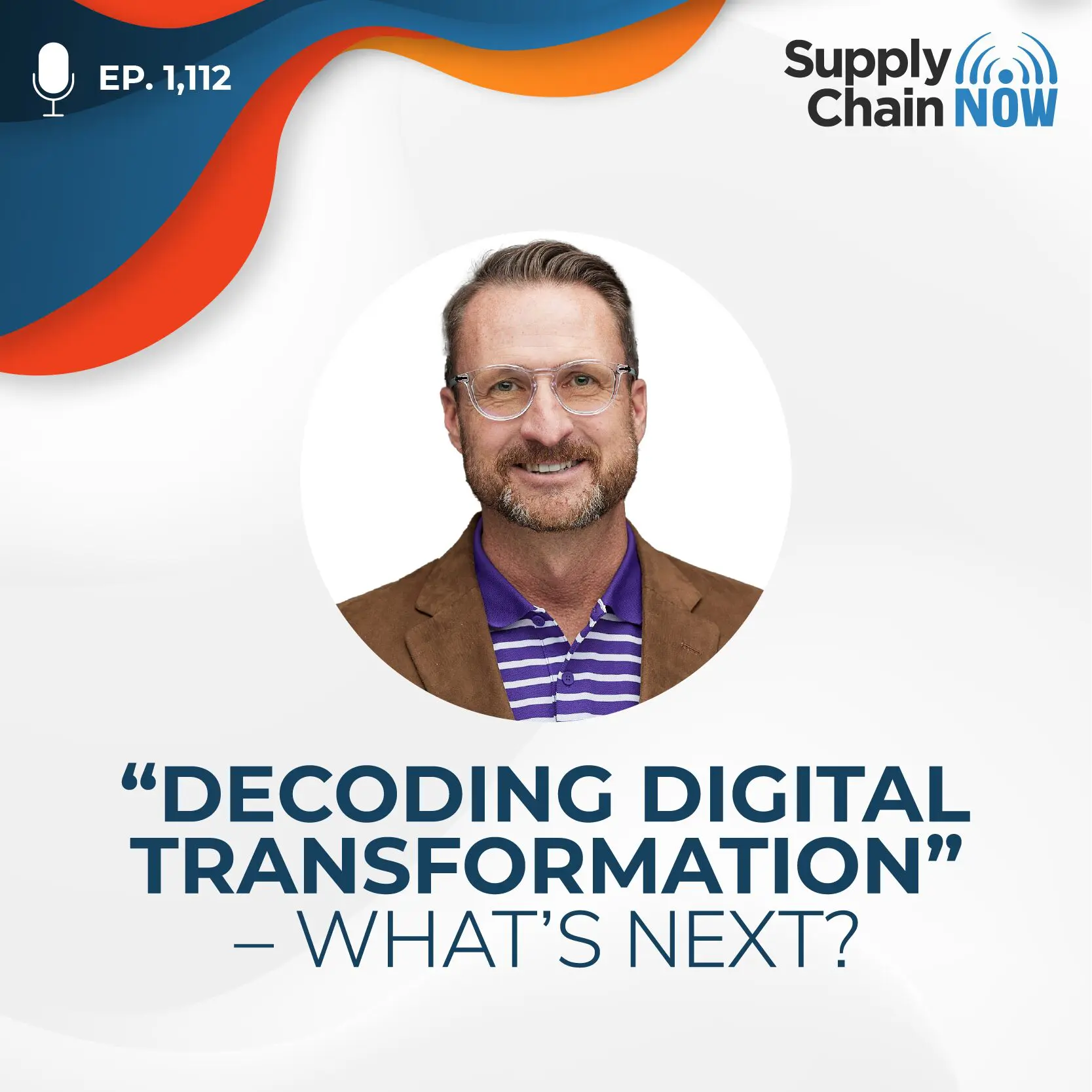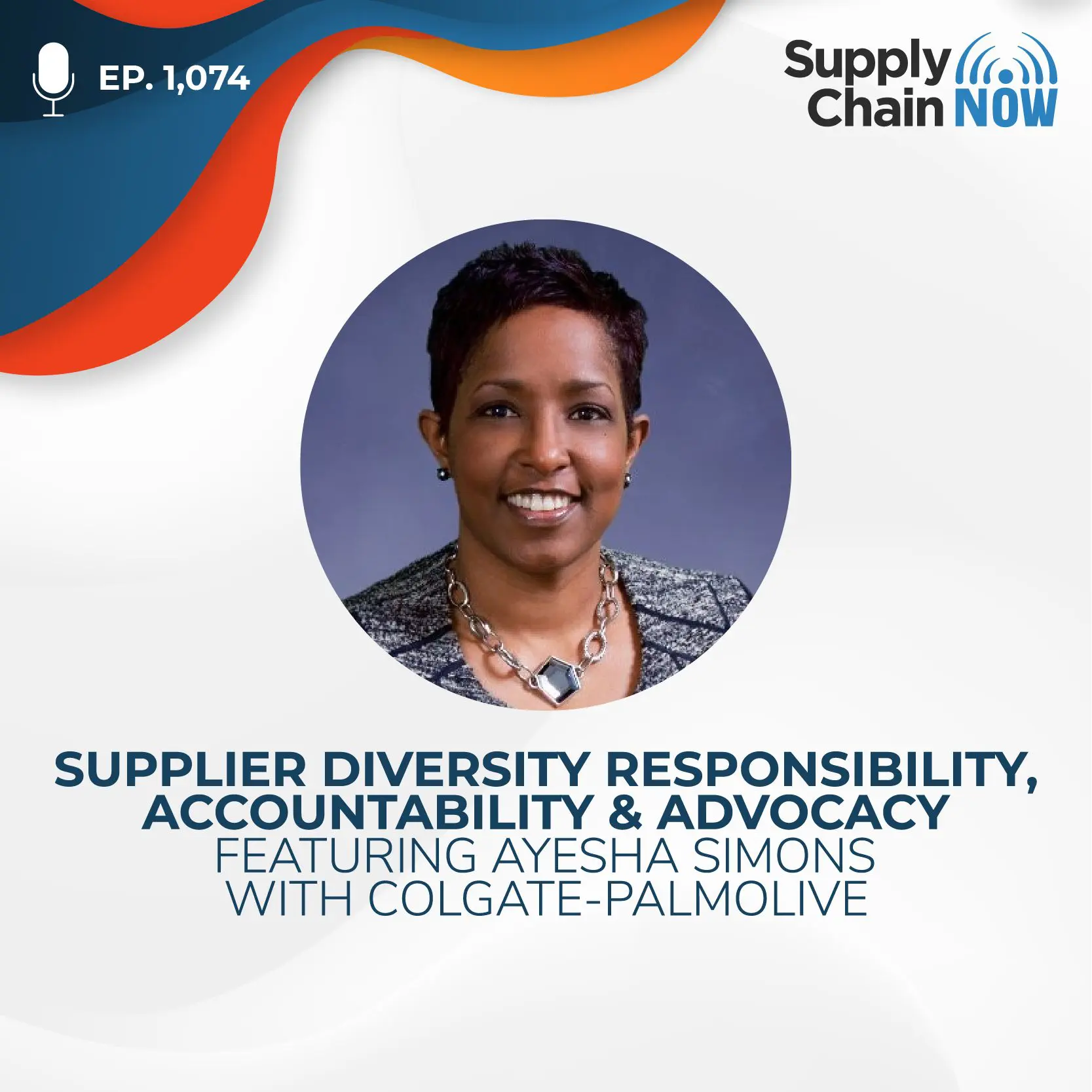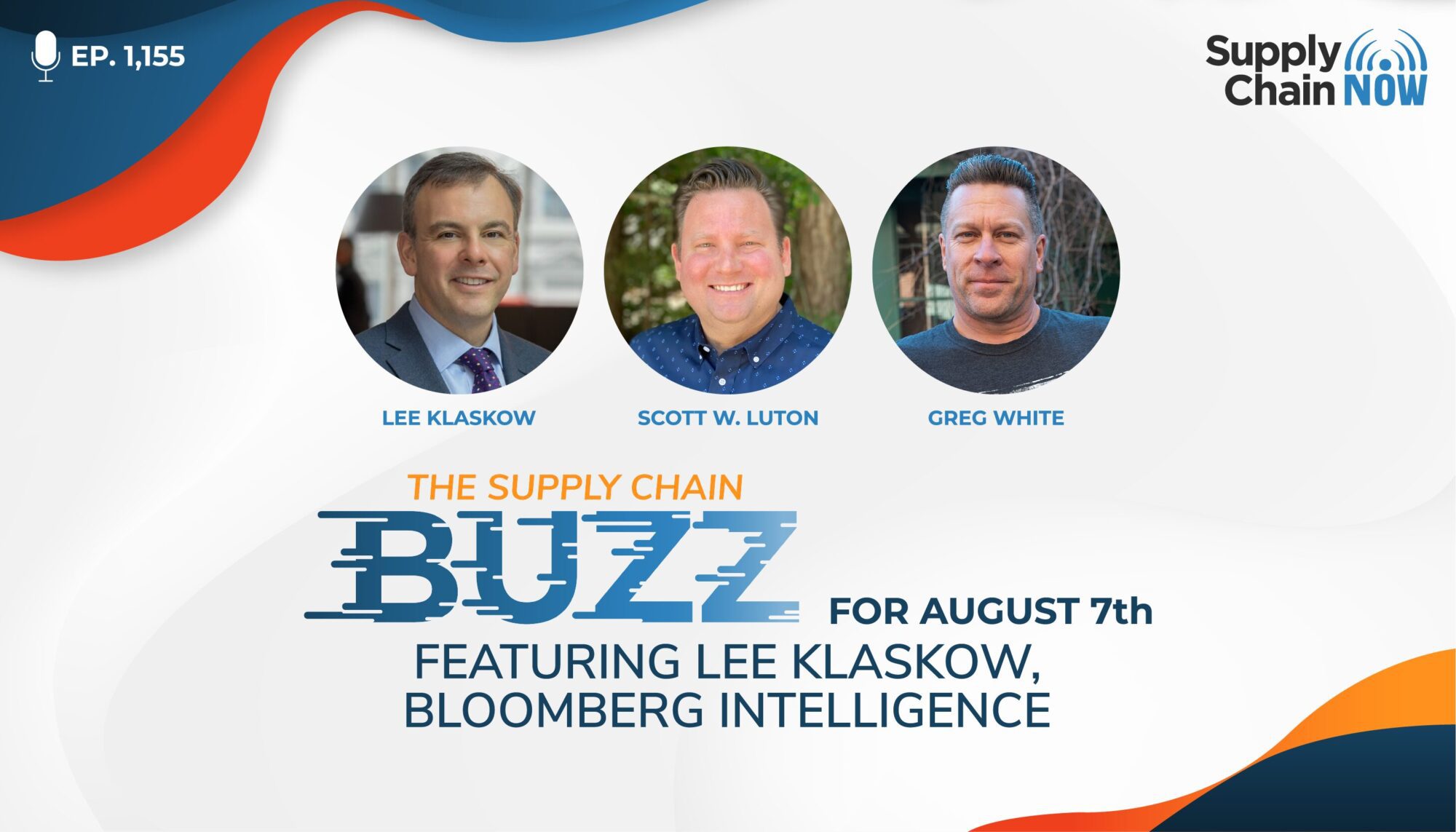
With most less-than-truckload companies, when they run into financial problems and have to file bankruptcy, it's usually a liquidation versus a restructuring. It's almost like a run on the bank.
- Lee Klaskow, Senior Analyst, Bloomberg Intelligence
Episode Summary
The Supply Chain Buzz is Supply Chain Now’s regular Monday livestream, held at 12n ET each week. This show focuses on some of the leading stories from global supply chain and global business, always with special guests – the most important of which is the live audience!
This week’s edition of The Buzz featured Lee Klaskow, a Senior Analyst for Bloomberg Intelligence, in addition to regular co-hosts Scott Luton and Greg White. Lee specializes in freight transportation and logistics, including global marine shipping, air freight and logistics sectors as well as the North American trucking and railroad industries.
In this livestream, created in collaboration with a live Supply Chain Now audience, Lee, Scott, and Greg discussed:
• The latest news on Yellow’s bankruptcy filing, including how it will impact employees and shippers
• Canadian West Coast port workers’ decision to ratify the second version of a labor agreement, and the two-month container backlog that now awaits them
• Recent data from the Pew Research Center that sheds light on the roles most likely to be affected by adoption of AI
• An early look at expected trends in the coming holiday shopping season from Retail Dive
Episode Transcript
Intro/Outro (00:00:03):
Welcome to Supply Chain. Now the voice of global supply chain supply chain now focuses on the best in the business for our worldwide audience, the people, the technologies, the best practices, and today’s critical issues, the challenges and opportunities. Stay tuned to hear from those Making Global Business happen right here on supply chain now.
Scott Luton (00:00:31):
Hey, good morning, good afternoon, good evening, Scott Luton and Greg White with you here on Supply Chain. Now welcome to today’s live stream, Gregory. How are we doing today?
Greg White (00:00:40):
Hey, we, uh, we’re doing great here. We spent our first weekend, not in the hospital for about a month and a half, so, uh, and actually got to go to the lake. My daughter and her husband have a new boat and, um, and of course our new granddaughter. And it was a huge blast. We went and saw some waterfalls, all kinds of stuff.
Scott Luton (00:01:01):
Oh man, I’m jealous. Uh, can’t wait for the pictures More at 11 <laugh>. 11 newscast. Is that, Greg? You didn’t take any pictures? Oh, man. All right. Think I
Greg White (00:01:12):
Did
Scott Luton (00:01:12):
<laugh>. Well, we will.
Greg White (00:01:14):
If not, somebody did.
Scott Luton (00:01:15):
I’ll. Okay.
Greg White (00:01:16):
Commandeer some pictures.
Scott Luton (00:01:17):
<laugh>, please do send those this way folks. Hopefully y’all had a, as much of a nice weekend as Greg just had. Uh, you’re in for a treat here today. So today, as always, this is a supply chain buzz, a live show that comes at you every Monday at 12 noon Eastern time, as always, as Greg knows, and Jose and Josh and Donna all know we’re gonna be discussing a variety of news developments across global business. And we’ve got a big guest, Greg, a big repeat guest in Lee ksal with Bloomberg Intelligence. Greg, he’s got a variety of nicknames, doesn’t he?
Greg White (00:01:46):
Yeah, tons of ’em. Uh, logistics Lee. Right? I think his, I think his wife had made a good case for it logistically, huh. Um, and owe so much more than logistics, Lee. That’s right. Right. And then again, there’s just Lee, and I think you mentioned like LK 3000 or something like that.
Scott Luton (00:02:06):
<laugh>. That’s right. Right? That is right. That’s
Greg White (00:02:07):
His rap name, right?
Scott Luton (00:02:09):
<laugh>. Well, hey, it’s gonna
Greg White (00:02:10):
Join Outcast later.
Scott Luton (00:02:11):
That’s right. Oh man. Shaking it like a Polaroid. Lee’s gonna be back with us here in just a little bit, uh, to give us his take on four stories. We’re gonna be walking through, okay. Uh, including, I kidding aside, including the latest with yellow. Uh, so of course, yeah. Many of y’all saw the developments there over the weekend, but hey, we want to hear from you. So give us your take in the comments throughout the show. And Greg, if folks are listening to the podcast replay, which we usually drop on Fridays, what would you suggest they do?
Greg White (00:02:38):
Listen on Monday Live. Um, and also, of course, subscribe. That’s
Scott Luton (00:02:45):
Right.
Greg White (00:02:46):
Favorite us. Whatever your podcast, uh, vehicle does. Or check us out on YouTube, because I bet people are wondering what you look like, Scott
Scott Luton (00:02:56):
<laugh>. Maybe where does
Greg White (00:02:58):
Its base match is Boy
Scott Luton (00:03:00):
<laugh>. Maybe. I don’t wanna let him bite down Greg. Trying hard not let him bite down. Well,
Greg White (00:03:04):
It’s not, you know, it’s not, it’s always surprising. It seems like you’re like, ah, your, he was older or younger, right? Taller, right,
Scott Luton (00:03:12):
Whatever. Oh man. You never know. Digital twins, you never, never know. But hey, uh, Greg, we’ve got a full house today, full house for a big show with a great repeat guest. Let’s say hello to a few folks. Josh is tuned in from Seattle Human and Heat makes me think I’m back in South Carolina. Josh says, hang in there, man. We got Jose tuned in from Southern California. How you doing Jose? No
Greg White (00:03:36):
Humidity down there.
Scott Luton (00:03:37):
Uh, no kidding.
Greg White (00:03:38):
Probably pretty toasty.
Scott Luton (00:03:39):
<laugh>, Donna. Good morning. From hell in Houston. She says,
Greg White (00:03:44):
Amen. The only city in America that has more humidity than Boca Raton. <laugh>,
Scott Luton (00:03:50):
Uh, let’s see here. Yeah, Josh points out the, uh, us uh, women’s National Soccer Team lost on penalty kicks. Yeah. Oh, I was, that was disappointing. You see
Greg White (00:03:59):
The last one, the very last one, they had to use a camera to assist with the call, really to confirm the call. Yeah, it was that close,
Scott Luton (00:04:06):
Man. Yep. Uh, see, Liz is also tuned in, and Houston Natalie’s back with us from Charlotte. Good to see you, Natalie. Uh, T squared. Hold, hold. Who holds down the fort for, from YouTube says, bring on the nourishment and toss me a rain jacket. Cause them storms are coming to hit Baltimore hard. Is that right, Greg?
Greg White (00:04:23):
Yeah. Yeah. So, you know, we got nailed in Atlanta yesterday. I was at Ted’s Montana Grill and I was at the bar and got caught in a downpour. Wow.
Scott Luton (00:04:32):
Okay.
Greg White (00:04:33):
But there’s a whole slew of storms coming through. Atlanta is on the very southern end of them, but Nashville, and it looks like Virginia and, um, Maryland and Delaware and way up the coast. We’ll have to ask Lee if he’s in the path. I’m not sure. Okay. It goes that far north, but yeah, gonna be some big ones. Alright.
Scott Luton (00:04:52):
Batting down the hatches, everybody. Amen. See Catherine tuned in from rainy Connecticut via LinkedIn. Great to see you, Catherine. Michelle, I
Greg White (00:04:58):
Guess that answers that question, doesn’t it? <laugh>
Scott Luton (00:05:00):
Right. Michelle from Chicago and Gino, our dear friend, Gino from North Alabama, great to see everybody. And if I skipped over everybody, y’all keep it coming, uh, we wanna hear your take as we mix it in with Greg and Lee’s as we work, work through these four stories. But first, Greg, but first, you know, we’re out on the hunt for really good resources to help folks in the good fight. And I have another graphics issue, Greg. So let me see. Um, hey, picture this as I get my graphics working. Greg <laugh>, I love that. I’m a, I’m a, I’m gonna paint a picture picture. Alright,
Greg White (00:05:32):
Let’s test your word. Blake
Scott Luton (00:05:34):
<laugh> speak about the value as we’re talk about resources, the value of the US Bank Freight payment Index Oh yeah. For Q 2 20 23. And then I’m gonna get this popped up in just a minute. Minute. So take it away, Gregory. Yeah.
Greg White (00:05:47):
Well, unfortunately I had to miss that, this, this, uh, quarter, um, I miss doing it. Yes. But we had, um, Dino, Constantine, limb Baraka sit in and do a great job. He’s an incredible analyst as well. And, um, and talk through what the facts were of that thing, but also how people use it. So we got to hear a little bit about how people use it, which I think is really important. I’d be fascinated, uh, for two things, Scott, now that I’m thinking about it. Uh, one to kind of get Lee’s take on that, right? I mean, he has given his take before been actually on the quarterly show where we’ve done that, but maybe get his point of view. ’cause nobody, and no joke, his, his nickname is with good reason. No one is more connected to what’s going on in logistics than than Lee is. Um, but also Scott, a little bit of selfish, um, motivation here. Yes. You know, US Bank is the main sponsor for the, um, stadium that the Minnesota Vikings play in. And can you think of anyone’s favorite team that might be playing the Vikings in Minnesota this season? Who might want some nice The Chiefs That’s <laugh>. How about those <laugh>? Um, who might want some, you know, shame. Here’s my shameless plug. I might want some tickets to that game. That would be fun. <laugh>,
Scott Luton (00:07:11):
Who knows, who knows
Greg White (00:07:12):
A good link on this show? So
Scott Luton (00:07:14):
<laugh> Matthew from Dubai may come in and, and hit that need for tickets. We’ll see. Or an palm from India who knows where the tickets may, may come from. Matthew, I
Greg White (00:07:24):
Love the, I love that we get to see the correct spelling of Col Coleta, which I grew up se seeing the English interpretation, Calcutta. Yes. Right. I love that all those names, since they’ve gotten really independent of England, all those names have kind of gone back to more traditional spelling. Mm,
Scott Luton (00:07:43):
Agreed. That’s great. I’m an eagle eye. Excellent point. Uh, Greg, um, one last note, folks, one last note as we were talking about the, uh, US Bank Freight Payment Index is free to get your own copy, right? It comes out each quarter. You can go to freight.us bank.com, or you can hit the link that we dropped in the chat and you’re not going wanna miss it. And, uh, I’m sure a Amanda and Catherine, thanks for all the work you do behind the scenes. I bet they’ll drop a link to the live stream where you can hear our hour long commentary and analysis of the most recently released Q 2 20 23. Uh, and I tell you, Greg, you hit the nail on the head Lee. I think when Lee joined us, that record went platinum because Lee <laugh> Lee hit the mark, as he always does. We’ll see if
Greg White (00:08:24):
He’s got it hanging up in his studio in New York. That’s right.
Scott Luton (00:08:27):
<laugh> signed. Uh, alright. Other resources, other resources, folks over the weekend. We had a very popular edition of our with that said newsletter. Yeah. And Greg, we probably gained, I don’t know, a hundred subscribers over the weekend because we hit this, this, um, we offered up several tips on selecting the right training or certification, uh, uh, partners and folks, not only check this out, but let us know your tips for selecting the right training and certification partners. Greg, you know, training and certification. That whole professional development sector is billions and billions, um, you know, in terms of, you know, uh, market size. And unfortunately, a lot of folks, you know, they get sold or they, or they go with the first provider, they don’t do their homework or you name it. But man, there’s a lot of great providers out there that do exactly what, what you, you know, what they you expect them to do. And then there’s a lot of bad actors out there, like any other industry. You’re quick thought on the training and certification industry.
Greg White (00:09:24):
Yeah. I think it’s time for a big change there. I mean, there are well established and highly respected and accepted and almost demanded certifications in supply chain, for instance, I’m thinking solely of supply chain. Yep. Um, and, and yet there’s a difference between being highly demanded, um, and, and well respected and actually being valuable to the work that you do every day. I’ve even talked to multiple, this is a real challenge for, for, uh, a lot of universities who provide supply chain degrees that because of the rigor that’s required in, in, uh, academia Yeah. That sometimes what they’re teaching is ages a decade almost old. Right. Sometimes more. Um, and that’s true with some of the certifications that exist out there. So I think one of the things that’s important to note is there is the difference between getting that training for what you have to have to be considered credible and getting that training that sets you up to be successful in your job now and into the future.
Greg White (00:10:30):
Mm-hmm. Uh, you know, not pitching anybody, but a lot of the industry certifications in supply chain are, they’re val, they’re a valuable baseline, but a lot of what they’re teaching is outdated and doesn’t apply to something we talk about all the time, which is this vast, uh, abundance of robust data. They deal with methodologies that have focused on the way supply chain used to be when you had to guess at everything because there wasn’t so much robust data that could indicate more effectively. Right. What needs to be done in supply chain. And there are providers out there that I won’t name, but I will, if you ask me <laugh>. Um, I mean, seriously, if you wanna hit me up on LinkedIn, I’ll I’ll let you know who I trust. Um, and, um, and you know, it’s much, much more modern and much more flexible, right? You have to kind of weigh that old rigor to the new, uh, adaptability of, of training these days. And I think you really ought to consider both. And yes, there are big changes coming in, in training where you can get it via subscription. It doesn’t cost you $1,100 for every test or whatever it is these days. Um, where that that training is very valuable and applicable today.
Scott Luton (00:11:42):
Yes, well said Greg. As always folks check out. With that said, uh, I think we dropped three or four really universal rules of thumb, regardless really what you’re looking at. But most importantly, starting with the first one, knowing what success looks like and working backwards from there. Um, alright, so y’all check that out. And then finally, folks, we’ve got a great show coming up, uh, next week with our dear friends at Esker and Dr. Morgan Swank from Texas Christian University, home of a wonderful supply chain, uh, program. There. We’re gonna be offering up key findings, actionable findings from T C’s working capital report, which is based on leadership input from I believe hundreds of C-level leaders from across industry that, uh, we’re gonna drop a link, but that’s, uh, August 16th at 12 noon eastern time. Alright, Greg. A lot going on. A lot going on. So folks buckle up. We’re here to deliver resources and proven, been there, done that analysis, expertise and a whole bunch more. So with that said, Greg, are you ready to bring on our dear repeat guests? One of our favorites here, around here? You ready?
Greg White (00:12:50):
I am. Let’s do it.
Scott Luton (00:12:51):
Let’s buckle up. We’ll bring in, uh, one of our dear friends, one of industry’s go-to analysts for all things transportation and logistics for sure. When Welcome in Lee Klasko, senior Analyst Transportation and Logistics at Bloomberg Intelligence. Lee, how are we doing today?
Lee Klaskow (00:13:07):
I’m good. I like that transition zoom
Scott Luton (00:13:09):
<laugh> that is officially called the swoosh and that is the star of the show. Is it not Greg?
Greg White (00:13:15):
It is. And I, and you know, a few people have been honored with that and very few as often as you have Lee. So welcome back.
Scott Luton (00:13:21):
That is right.
Lee Klaskow (00:13:22):
I appreciate that. And don’t sell yourself short. I, I think you guys are the stars of
Scott Luton (00:13:25):
The show. Oh, thanks. Thanks. LK 3000. Um, hey Lee, wait,
Lee Klaskow (00:13:30):
4,000
Scott Luton (00:13:31):
<laugh>. Uh, we’re rolling out model update.
Greg White (00:13:34):
We’re waiting an upgrade.
Scott Luton (00:13:35):
Okay. Alright. Uh, Lee, great to have you back. Oh, we love your analysis as we’ve been bragging and your ears been burning, but love also enjoy your sense of humor. Um, and before we get into, uh, as you’re dialed in from, uh, your New York, um, New York offices highfalutin, I wish we were doing this over a delicious lunch at one of the restaurants up there next time. But I want, what I wanna start with speaking New York is the Giants. You’re a big New York Giants fan. Now, what is, before we get into the four stories, what is your bold, fearless prediction? Yeah. For what the giant season’s gonna look like coming up.
Lee Klaskow (00:14:08):
They will not be the worst team in the N F C East
Scott Luton (00:14:11):
<laugh>. Okay. Alright. Thank, I think
Lee Klaskow (00:14:13):
It’s pretty bold. Um, you know, it’ll be pretty interesting to see how, how well they do this year. Uh, it was fun. I got to go to, uh, training camp, uh, uh, last week with my son. Wow. He got to get a lot of, uh, players, uh, you know, sign sign footballs and stuff like that. Um, most of the players that were signing stuff were the, uh, the wide receivers and, and the, uh, the offensive line. So it was, it was pretty cool to see the huge offensive line and some of the tiny wide receivers that are like, Hey, maybe I could play in the N F L, you know,
Scott Luton (00:14:42):
<laugh>. Well, okay, so Lee, we asked him, he delivered Greg. So the Giants aren’t expected to be then the worst team in the N F C East. Greg, your thoughts on either the Giants or of course, your beloved Kansas City Chiefs?
Greg White (00:14:57):
Well, I hope the Giants aren’t the worst because I always hope one team is the worst in the N F C East. Um, but I’m not gonna mention ’em. <laugh>, I was thinking about the demographics of our listener audience today, and I’m thinking I don’t wanna mess with a certain state.
Scott Luton (00:15:14):
That’s right. We got California represented gray, or I guess, uh, it’s not California.
Greg White (00:15:19):
It’s not California. No. Yeah. Don’t you worry about what it is, <laugh>. Okay. Don’t try to narrow down for
Scott Luton (00:15:24):
That’s right. That’s right. Well, so, all right, so we got the Giants, we got the Chiefs. I’m not gonna mention the Falcons, but what I’m gonna mention before we move on is Glee. I was thinking the other day about those late eighties, early nineties Giants teams. You know, mark Bavaro, I think was the one of the tight ends. Phil Sims, Otis Anderson, right. The, the running back that was just
Greg White (00:15:46):
OJ
Scott Luton (00:15:47):
And, uh, he’s just so durable. Um, who else, Lee, as you think back through some of your giants favorite teams, what’s one of your favorite players? And then we’re gonna move on.
Lee Klaskow (00:15:56):
Uh, probably mega. He was like, uh, it was like a third down back. He was like, uh, this little guy. And he was, yeah, he was always came through in a clutch. Okay.
Scott Luton (00:16:06):
He did
Greg White (00:16:06):
A little bit of returning too, didn’t he?
Lee Klaskow (00:16:08):
Yes. Yes, he did. Yeah,
Greg White (00:16:09):
He was, how about that? Slick as snot on a doorknob. <laugh>. <laugh>.
Scott Luton (00:16:14):
Yum. Oh, <laugh>. Love that. Thought about Dave Meghan a long time. It’s a great pool. Uh, Jose is also a big Giants fan, so Oh, we’ll have to get Jose and Lee hooked up. And he and San
Greg White (00:16:24):
Diego. Oh, well, yeah, that
Scott Luton (00:16:26):
Kelly,
Greg White (00:16:26):
That would make you a Giants fan. <laugh>. Um,
Scott Luton (00:16:29):
And going back to what we were talking about earlier, before we move on is, uh, Donna was asking about certification tips, uh, and wants to drop. So, we’ll, let’s drop Greg’s LinkedIn, uh, there, and we’ll see if Donna and Greg can hook up and talk about, uh, certification and training tips and stuff like that since Greg asked. And, and Don is stepping up, I offered That’s right. I
Greg White (00:16:47):
Will deliver
Scott Luton (00:16:48):
<laugh>. Yes, you will. So Lee and Greg, we got a lot of stuff to get in here today. And kidding aside, I hate to start with, um, the worst news, but, you know, you can’t say, none of us saw this coming. So, uh, of course, over the weekend, uh, Bloomberg, as reported here by Bloomberg Yellow, has officially declared bankruptcy. Uh, the company’s c e o Darren Hawkins said in a statement quote, it is with profound disappointment, uh, disappointment that yellow announces that it is closing after nearly a hundred years in business end quote, the Nashville based company’s decision to close. Now, sadly, leave some th 30,000 employees without jobs, but good news here, yellow and the American Trucking Associations, the a t a, are launching an effort to help employees find work. Uh, and we’re gonna drop that link in the chat. So, Leah, I wanna start with, um, you know, uh, this ongoing development with Yellow. Give us your, your take on, on what we’ve seen and, and what’s next.
Lee Klaskow (00:17:43):
Yeah, sure. I mean, to your point, it’s been 20 plus years in the making. Um, it’s kind of like watching a, a train, um, you know, train, train crash. Um, mm. It just, you just, you just know it’s, it’s gonna happen eventually. Um, you know, it really stems from some poor acquisitions that just weren’t properly integrated. Uh, I believe it was 2003, they bought roadway. Um, you know, usually when you do an acquisition, one-on-one should equal more than two. Mm-hmm. <affirmative>, uh, E R a was less than two because they just kept the networks the same. You’d have a roadway facility across from a yellow facility, and they might be both operating well below capacity and, you know, be given the work rules, uh, from the union. It was really tough to integrate it. Um, so, you know, we, we would, we would really say that there’s enough blame to go around on why this happened.
Lee Klaskow (00:18:33):
Uh, and, and the sad thing is that, you know, most less than truckload, um, companies when they’re in financial problems and they have to file bankruptcy, it’s always, usually always a liquidation versus a restructuring because, you know, it’s almost like a run on the bank. When shippers get word or get feel that, you know, their freight might be in jeopardy, they’re not going to use that carrier. And L t l networks are very, uh, uh, you know, asset intensive. So there’s that de-leveraging effect. So a company that wasn’t making much money is actually now losing even more money. Uh, ’cause they’re not able to, uh, cover their, you know, they’re, they’re, they’re, it, it’s harder for them to cover those fixed costs. Hmm. Uh, and so that, you know, that’s what we’ve seen. Um, you know, it’s a shame. I I think that, you know, if they had the foresight, they might have been able to spin out a couple of the, their regional networks like New Penn.
Lee Klaskow (00:19:21):
Uh, you know, we all know Sia, uh, SIA, uh, you know, that that is a spinoff from, from yellow from, uh, a long time ago. Huh. So, you know, there, there could have been some, some goodness good coming out of it. But I think we’re well past, uh, that point. Um, and, you know, the, the, the kind of the last straw is when the, in the Teamsters threatened to strike, uh, over yellow saying they weren’t gonna be able to make a pension payment. And I think that was like the last straw for shippers. Uh, they started, you know, looking for alternatives to divert their freight, uh, ’cause A, they need their stuff delivered. And b, they were, they were afraid that their freight might get stuck within the yellow network and not able to, or be very expensive to get it where it needs to go.
Lee Klaskow (00:20:07):
And so that’s been a great opportunity for a lot of the, um, uh, the competitors. Um, the Bloomberg intelligence less than truckload, uh, peer group’s up over 80% this year. That’s a pretty good return. Uh, and that’s in the face of, you know, declining volumes. So, you know, the ones that are left standing, uh, are, you know, could kind of cherry pick what freight they want because not everything that yellow carries, um, you know, an X P O or FedEx Freight or, you know, an arc best, they’re not necessarily gonna wanna take all that freight. ’cause some of it, um, might not be palletized, which is, you know, something that, you know, uh, most l t l carriers prefer. ’cause it’s, it’s easier. Uh, and then also they, you know, yellow is also known for carrying things that might have higher cargo claims, like, you know, like glass or TVs, things that kind of, you know, have a higher, uh, probability of braking in transit just because of things getting moved around.
Lee Klaskow (00:21:01):
Um, and, and so it’ll be very interesting to see, you know, yellow had about 6.8, 6.9% of, uh, the share of shipments. At least that’s last year. Uh, obviously that has declined this year. Um, so, you know, there’s plenty of market share up for grab, and you’re seeing that in like the stocks that we cover. Uh, you know, uh, we, we cover X P O and, and Old Dominion, specifically at Bloomberg Intelligence. Um, and then, you know, we, we follow, uh, uh, we also cover FedEx. So FedEx Freight, uh, they have a big L T l uh, business. Uh, and there are other public carriers that we don’t cover. But, you know, we, we follow from a tangential basis, right? Uh, like, like I say, uh, and, and ArcBest and A T F I,
Scott Luton (00:21:42):
Uh, Lee, that is quite, that, that’s why we call him logistics lead folks. What a great, well-rounded, uh, holistic, uh, take on what’s going on. Uh, Greg, before I hit you, I wanna get your, your thoughts here. Uh, as I mentioned, we’re sharing this, uh, job initiative that the A t A is partnering with former Yellow Employees launch. I’ll check that out. If nothing else, share it. Get the word out. Let’s help these folks. And Josh, man, talk about the human component here. One of my dad’s buddies, Josh says, lost his pension there. So, Greg, your thoughts on what’s going on with yellow?
Greg White (00:22:13):
Uh, yeah, my, I mean, I have more questions than answers, frankly. Uh, but I think, Lee, you covered it really well, that this has been coming for a long time. I think back to when I was a kid, I will miss that logo. I can’t lie, I think about when I was a kid driving down the highway, those trucks were so identifiable, just yellow and black. That’s it. Right? So, um, but it, it has been a disaster for decades there. And, um, and I think you, uh, enunciated it pretty well there. You know, there’s enough blame to go around. And this kind of goes to a, a, a bigger thing that happens in companies when the management isn’t invested enough in the company. They’ll run the company to keep their jobs for as long as they can and then burn it to the ground. I mean, it does happen, right?
Greg White (00:22:59):
This is why when people invest in companies, they want, and, and there’s a lot of controversy around this, they want the management to have a, a significant stake in the company because it’s in their best interest. And sometimes they’re deferring their multimillion dollar salaries. Sometimes they’re not for sh for growth in the shares of the company, which aligns them much more clearly with the good of the company. So, um, I, I can’t even say that that was the case here, but it just made me think of those kind of scenarios where people kind of ride these things, keep a job. But, um, but you know, I, I actually have a question more than a comment, and that is, um, what do you think the absorption rate of these 30,000 jobs will be considering this, you know, the state of shortage of drivers, for instance, and, and other, uh, talent in this industry, but also the ki kind of the conditions of L T L freight? I mean, do you think, is this a, um, net benefit to the market or to these people other than things like losing pensions in probably weeks or months of salary? Well,
Lee Klaskow (00:24:08):
Yeah, and, and, and, you know, I, I’d love to hear more about the, the, you know, the viewer that said that, uh, about the lost pension. ’cause at the end of the day, the pensions are guaranteed by the government. So, um,
Greg White (00:24:19):
And the government’s gonna get paid, they’re $700 million back,
Lee Klaskow (00:24:22):
And it’s a, yeah. And, and, and the teamsters, uh, yellow is part of the multi-employer pension plan. So it has other companies that are contributing to it. Uh, so I’d love to learn more about like, what happened to that individual. ’cause as far as I know, um, you know, these people that have been working hard and, you know, paying into this pension plan, they, they should be getting their benefits. Hmm. Uh, maybe they’re not getting their full benefits because their employment is stopping and they’re not working, you know, 30 years, they’re only working 10 years, right? I mean, that, that’s, that’s possible. Um, but they should be getting something. I I, I would, I would imagine, and to your point, you know, a lot of truck drivers, you know, they’re gonna be absorbed. Uh, ’cause, you know, uh, maybe, maybe, you know, they’re gonna need, um, the other L t l carriers are gonna need line haul, um, uh, drivers.
Lee Klaskow (00:25:12):
They’re gonna need pickup and delivery drivers and local markets. Um, and, you know, you don’t know what is really going to happen from this, because like, and so yellow goes out of business, you know, no one’s gonna buy all of their assets, like no one wants them, right? Because, I mean, yellow has yucky trucks. They’re old <laugh>. Uh, they have, I mean, their equipment’s old. I mean, you look at, you look, you look in the road, you know, a lot of their trailing equipment looks like it’s like, you know, one leg or one axle into the grave. Mm. Um, and so anyway, so no one’s gonna buy buy all their assets, but you could have like a Knight Swift that’s, you know, looking to expand their L T L footprint. They’ve done it with two acquisitions of two regional carriers. You know, they might try to build out that regional network with acquisitions of facilities.
Lee Klaskow (00:25:57):
And if you’re gonna be buying, uh, you know, when I’m, I’m not talking about they’re gonna be buying 10, 20, 30 facilities, you know, like one-offs. You know, you’re gonna need people, uh, in those facilities. So there, there are going to be some jobs. Um, the truckload market, as, as you guys know, there’s, there’s, there’s a high turnover. There’s always a demand for good, safe drivers. Um, you know, and, and, and I, you know, I, I think, you know, and I think a lot of these folks will, will, um, land on their feet. Um, you know, but obviously, uh, you know, I’ve been laid off before. Uh, so I, I know the stresses that, that, that it’s induced of, like, not knowing the unknown, right? But, you know, uh, I think they’re, I think a lot of ’em will get absorbed, uh, doing very similar things to what they were doing prior.
Lee Klaskow (00:26:42):
Um, because, you know, at the end of the day, as I mentioned earlier, there’s 6.8, 6.9% of shipments that are up for grabs, right? Uh, the, the other l t l carriers are gonna need people and listen, a lot of those l t l carriers are running, uh, below capacity because, you know, they’re, they’re kind of waiting for the uptick in demand. So they didn’t lay off, uh, during this downturn. Uh, maybe they’re dealing with headcount through attrition and all that stuff, right? Uh, but I think there’s gonna be an opportunity, uh, you, you know, uh, for, for most of ’em, it’s 30,000 folks. And, you know, maybe, uh, maybe some of ’em just will decide, Hey, it’s, it’s time for me to retire. I’ve, I’ve worked hard enough, uh, long enough.
Scott Luton (00:27:19):
I, I really appreciate, uh, you both weighing in Lee, of course, um, really appreciate your take on what’s going on with yellow. And we’re gonna, you know, um, that is, let’s end on that optimistic note. There’s lots of folks that’ll be looking for the talent. I love what ATA is doing to help facilitate those conversations that gotta take place. So we’ll keep our finger on the pulse and folks, again, share that help, help make these conversations happen so that, uh, these 30,000 folks can find a way to make ends meet. Okay, I gotta shift gears, gotta shift gears because, um, also in the news here recently, the West Canada, or the Canadian West Coast port workers, as reported by our friends at C N B C, the votes are in, they’ve been tallied, and they say yes to the ratification of a labor deal. The first deal, as y’all know, Greg and Lee and all of our friends out there was rejected.
Scott Luton (00:28:06):
The second deal, though, did the trick. A 14 day labor strike by dock workers, however, has backed up freight at ports in Vancouver. And Prince Rupert say that right? Rupert Prince Rupert, uh, it’s expected to take <laugh>. It’s expected to take, uh, the railroads about two months or more to clear out the backlog of containers, though. Now here’s the number for you, Greg and Lee, everyone out there at the peak of the strike, right, some $12 billion of goods were floating and stuck on vessels outside Canadian ports. Lee, before I get your take here, I was trying to think where I’d heard last. Heard the name Rupert, other than this Port, and I think it was Stew’s Bear on Family Guy was named Rupert, if I’m not mistaken, Lee and Greg. Uh, anyway, Lee, tell us of your take here on the vote and what’s to come next.
Lee Klaskow (00:28:55):
Yeah, well, first I just wanna say I liked your first news source. I thought that was the better news source <laugh> the second news. I’m kidding, I’m kidding. Um, they’re great. Um, no, uh, you know, obviously this is, uh, prince Rupert actually, I’ve, I’ve been there a couple times, uh, with some, uh, analyst days from Canadian National, and that’s a, that’s a port. Uh, it’s within 50 miles south of Alaska, I believe. Uh, and it’s, it’s, it’s, it’s pretty fa uh, fantastic. Um, Newport, uh, has plenty of room for expansion and, uh, Canadian National is the only railroad that kind of services it. So it’s a, it’s a real, um, different differentiator for, uh, for cn. Um, all that being said, I mean, this is like this, these last couple years have been, you know, the, uh, year of labor, you know, they’ve just had a great opportunity to flex their muscle, rightfully so.
Lee Klaskow (00:29:47):
Um, you know, inflation is, is, is extremely high. Their, their cost of, you know, their, their, their, with their purchasing power has declined a lot. And, you know, they were pretty instrumental, uh, during the pandemic. You know, they were considered essential workers all across the world, and, you know, helped us get toilet paper when there was none <laugh>, uh, which I appreciate, uh, I was tired of using. We appreciate newspapers. Yeah, <laugh>. Uh, and, um, you know, so th this, this is, um, this, this is going to create, you know, it, it’s, it’s interesting. So like, I cover all different modes of transportation, and there’s been one dislocation after the next. And this is just another dislocation that’s gonna take some work to work through. Um, luckily for cn, um, you know, it Prince Port of Prince Rupert, I mean, some of the freight was probably diverted to other ports, maybe into the us.
Lee Klaskow (00:30:37):
Um, but they’re gonna move that stuff eventually, you know, call it, maybe they’ll move 80% of what they were supposed to move, and it’ll take time. Uh, you know, you’ve seen, um, you know, the intermodal number has been pretty poor, uh, uh, for the Canadians. And some of that has to do with the impact of Vancouver, uh, and, and, and, and Rupert. So, you know, it’s, it’s a net positive. Um, you know, you saw, like we were talking about labor, you know, you saw it with the, the u p s, um, you know, uh, teamsters, uh, getting, you know, pretty good contract, a lot of the, the railroads getting, uh, additional, um, benefits, you know, whether it’s as, as crazy as this sounds like time off for being sick, um, things of that nature. Uh, so, so it’s really been, you know, the year of, of, of labor, I would say.
Lee Klaskow (00:31:21):
Uh, and that’s going to increase cost for shippers, you know, because I know a lot of your listeners are shippers. Uh, ’cause guess what? If you’re a railroad or if you’re a trucking company and you have to pay your people more, you still need to, uh, get a certain return. So you make those reinvestments into assets, and that’s gonna come at higher rates. So, uh, it’s almost like a, uh, snowballing effect. You know, they’re, you know, they’re have to raise rates because labor is, uh, is, is demanding more money, and that’s inflationary. And then the, the, the transportation provider then has to charge the shipper more money, and that’s inflationary. Um, you know, but, but the good news, it seems like the Fed is, is doing a pretty good job at raising rates. And, and it seems like, you know, the, the worst of inflation is behind us. Uh, and, and rates, you know, might stop. Uh, and, you know, they might stop raising rates, uh, pretty soon. Okay.
Scott Luton (00:32:09):
And we’re gonna talk about, um, inflation more in, uh, an article in, in a few minutes here. Hey, Greg, before I get you to weigh in, uh, Lee wanted add to add to all the folks are gonna be pay more, pay more. If you’ve been shipping with yellow, going back to the first story and moving that, uh, book of business, you’re gonna be paying more, most likely. Uh, Lee, quick question. Do you, do you happen to know, you may not know offhand, but how long the deal is that has just been ratified? Do you happen to know how many years
Lee Klaskow (00:32:36):
At the ports?
Scott Luton (00:32:37):
Uh, yes. Yes. Uh, I don’t,
Lee Klaskow (00:32:39):
But if
Greg White (00:32:39):
I had a guess, it’s probably five
Scott Luton (00:32:40):
Years. Okay. Is that okay? That’s pure guess, so don’t go. Okay. <laugh>. Alright. So Greg, uh, that might be a guess, but all the other expertise and goodness Lee has delivered by the truckload is not, yeah. Your thoughts, Greg?
Greg White (00:32:52):
Yeah, I think, um, I, I don’t think this is necessarily a condition of, of all of this, um, sort of salary unrest, whether it’s union or non-union. Um, but the ports remain remarkably inefficient. And, um, and the cost is going up. And there are other solutions. We’re gonna talk about one of those solutions in another article here. And I have a feeling we’re gonna start to see, as we’ve seen in many other industries, a push towards technology to start to, um, solve some of these issues, some of the accountability issues and, um, and, uh, throughput issues, efficiency issues that, that continue to exist in logistics generally, but also in the ports, which considering the regulatory, uh, and accountability metrics that they should be living up to are remarkably lax globally. And, and, um, so I think this is just one of those other symptoms that’s gonna, that’s gonna accelerate the path to technology.
Greg White (00:33:57):
Now, the benefit that the workers have is that many ports are run by the governments who are gonna, you know, resist that because it’s not politically expedient to replace, um, human jobs, but the efficiency and effectiveness of, of it undoubtedly requires more technology to, to enable. So that’s, you know, I think less about this particular incident, more about a lot of the incidents that we’ve talked about over the last several years. Yep. The shortage of labor, um, you know, the rapid, uh, the rapid, uh, running away from these types of jobs that the younger generations are doing, and the inevitability of technology to undertake some of these roles and and improve the per performance of them at the same time.
Scott Luton (00:34:44):
Yes. Well said, Greg. Well said. I’m gonna share a couple quick comments. Hey, look quick, Lee, Lee, I know you can still hear us, but maybe I thought you were a hard at work, uh, tackling a new supply chain headline, but I think your screen may have frozen. Hey, that happens. It’s Monday. But at least least
Greg White (00:35:01):
Steve. Look, look how intensively intellectual you look, <laugh>.
Scott Luton (00:35:04):
Yes, that is right. Maybe we’ll see if we can’t bring him in, bring him out. Uh, really quick. We’ll check that and be right back. Hey, in the meantime, uh, this gentleman here, be good.
Greg White (00:35:13):
I really just thought he was judging what I was saying very intensely, right?
Scott Luton (00:35:16):
<laugh>, right.
Greg White (00:35:17):
I almost hope he didn’t hear it
Scott Luton (00:35:19):
Right. <laugh>. Craig, this gentleman here, get how poetic, poetic this is. Says words at the top of Magnifi, uh, magnificent. Thank you for your enlightenment and thank you for your creative efforts. Hey, really appreciate that. Uh, David, who I think is in LA says, more ports and more railways. I think he meant to say, we’ll pave the way for the big three, Canada, US, and Mexico, one of the most unique, uh, trading blocks of, uh, trading partners in the entire world. The best. And it looks like we the That’s right, Greg. It looks like we have temporarily lost Lee. We’ll be bringing him back in in just a minute. He’s
Greg White (00:35:56):
In New York.
Scott Luton (00:35:56):
That’s right. Right.
Greg White (00:35:58):
Oh, there he is.
Scott Luton (00:35:58):
Woo.
Lee Klaskow (00:35:59):
Hi. Sorry about that <laugh>.
Greg White (00:36:00):
That’s okay. I was about to go to Bloomberg News and see what was happening in New York. Man,
Lee Klaskow (00:36:04):
<laugh>, I, I was frozen and I was trying to say I was off by a year. It was four, the contract was four years. Ah,
Greg White (00:36:11):
Ah, oh, okay, okay, okay. Four
Lee Klaskow (00:36:12):
Years. And the US was six years, so maybe I was just trying to divide, get the average, but
Greg White (00:36:16):
<laugh> No,
Scott Luton (00:36:17):
That’s okay. I we’re just, yeah,
Lee Klaskow (00:36:18):
Four years.
Scott Luton (00:36:19):
Um, so it’s really interesting, uh, one of the things you, one of the phrases you said, Lee, last few years, it’s been like the year of labor. We should have t-shirts or something. And then Greg, of course is referencing the wave, the title wave of more practical, more powerful, uh, efficient, cheaper, uh, and just more capable technology. And it’s be really interesting as these two forces come together. Um, anything before we move on to the next? We had a couple really cool stories. One talk talks about this two step, these two forces come together in just a second. But Lee, I’m gonna give you the last word on the good news, at least that a deal has been reached and the Canadian West ports are getting unclogged your last word, Lee, on
Lee Klaskow (00:37:01):
That. Oh, I just think that, uh, usefully some intermodal, uh, pickup, uh, you know, especially from the CP and cn, uh, which is is good news for, for those guys.
Scott Luton (00:37:11):
It is, it is. Okay. Yes. Um, alright, speaking of good news, Gregory, speaking of good news, folks, if you’re on the hunt for timely news analysis a practitioner takes, or, uh, a lot of the conversations we facilitate, including some of the, uh, registration only conversations, like a lot of our webinars that are really popular, join the Now community. We got the link where you can do that so you won’t miss a single thing. And Greg, uh, play up the, the FOMO effect, that fear of missing out your final word, Greg, before we move on to the next story. Yeah,
Greg White (00:37:43):
Well, I mean, look, I think, uh, people are telling us we’re not <laugh> promoting this. We’re the most trusted voice in supply chain. So we just want to, we want to connect all of the practitioners, all of the, um, people who are doing the doing in supply chain, give them a little bit of extra value. We can’t be here every day. Um, Scott could, I’m just too lazy, <laugh>, um,
Scott Luton (00:38:09):
Oh man. But
Greg White (00:38:10):
There’s so much more that we wanna share, things that are important, like, uh, you know, we’d love to, to share some of the news like Bloomberg, like Lee and his group are uncovering at all times. Mm-hmm. And, uh, and, you know, give some thoughts on that and, and also to have a connection between all of the practitioners out there, regardless of where you are or what you do in the industry, whether you believe that technology is inevitable or whether you believe that the labor shortage, uh, is affecting you. Um, and whether you believe it will long-term or what you’re doing about any of those things, I think it’s just a great opportunity to get together and share.
Scott Luton (00:38:47):
Well said Greg. So join, and we’ve got a link there in the chat. And y’all click there. You one, click away. And, and you know what? It’s not a 18 field information or maybe 180 field information collection forms a simple two or three fields. It’s easy to do. Um, alright, so let’s move on to this next story. Now, Lee and Greg get a load of this graphic, uh, that the team put together here. How about that AI in action. Now that bot action <laugh>, here’s an interesting read for our third story. So, u s A today is reporting on research conducted by the Pew Research Center focused on what jobs and tasks are most exposed by ai. So the researchers using federal data say that one in five US workers have jobs with key tasks that are more, uh, more likely to be aided or replaced by ai.
Scott Luton (00:39:36):
Now they say jobs that involve critical thinking, writing, science, and math tend to be more exposed. Why did I have to study all that stuff? It struggled through all that, all that math in high school and college than however the research states that workers in these roles that are more familiar with ai, well, they seem to see a lot more benefit than harm. But before anyone starts fearing that the bots like this, uh, bot here that’s, uh, kicking his heels up for a second, his or her heels up for a second before they think the bots are coming for all of our jobs, the researchers did state that job loss re related to the emergence of new technology are usually offset by the creation of new jobs. Get this according to census data, some 60% of workers today are employed in jobs that didn’t exist in 1940, some goodness, 83 years ago. If my math is right, Greg, I wanna get your thoughts here first on this, uh, story or, and really some of the thoughts behind it. Yeah. Well,
Greg White (00:40:32):
Uh, let me start with don’t waste time fearing it because it’s inevitable. So there’s no reason to fear it. There is only time to <laugh>. There’s only reason and time to figure out how to deal with it. Hmm. First, discover how exposed your, you think your job is. Um, and for instance, some of the jobs they feel are most exposed are, um, any job that is repetitive and, and, um, uh, what do I wanna say? Rigorous mm-hmm. Right? Where it has a very standard process, although those have been under attack by what’s called r p a robotic process automation for a long time, which often doesn’t even consist of ai. So I, I would argue that technology generally is coming for some jobs and frankly should because it can be done more effectively, less costly and, and, um, and more accurately and, and completely, uh, by virtue of the fact that technology never forgets a step mm-hmm.
Greg White (00:41:32):
<affirmative> or never, um, it never interjects a, a bias that’s not necessary. But we humans are great at things, physical things, and we’re great at, uh, interpretive things when there is too little data, too little process, preexisting process, right? And, and, um, conflicting conditions that simply can’t be solved by, by a technology. So I would say first accept, right? And then second, get to work. Finding a job where that, that human gift, that gift of making life and death or business life and death decisions with too little or inaccurate data are necessary. And, and start building your career towards those kind of things. Or some of the physical jobs that are, uh, I think going to be assisted by ai, but still conducted by human beings. And I gotta tell you about this one young man that I’ve known since he was a little kid, my friend Alan t his son Andrew, um, decided not to go to college.
Greg White (00:42:36):
Mike Rowe has gotta be loving that, right? <laugh> the dirty jobs guy, right? Decided not to go to college, is he’s becoming a professional, um, electrician. And he’ll probably wind up making a couple hundred thousand dollars a year outstanding because people are staying away from those jobs in droves. And those jobs, while they can be assisted by ai, meaning training in the field, here’s what you need to do. But a human still needs to do that. Um, those kind of jobs are plentiful and in great need, let me assure you, try to get an electrician, right, or a plumber, right? Or an H v a C person in the dead of summer, or a roofer after this rainstorm that’s about to hit Lee’s house. So <laugh>,
Lee Klaskow (00:43:21):
Actually, I actually have a confession to make. I’m, I’m a, an AI bot, just
Scott Luton (00:43:26):
<laugh>. I thought there was a similarity Yeah. Between this graphic and Lee Klas Cow. I knew it. Yeah. All you gotta do is put your feet up and rise with
Greg White (00:43:34):
The machines,
Scott Luton (00:43:35):
<laugh>. Yep, that’s right. Um, both have
Lee Klaskow (00:43:37):
The same hairline. <laugh>
Scott Luton (00:43:38):
<laugh> speak. Perfect. Speaking of hair Lee, that’s what
Greg White (00:43:41):
I get your realistically Yeah,
Scott Luton (00:43:43):
That’s right. Realistic link. Uh, speaking <laugh>, speaking of hair, uh, on in the, the article from the, in the research from Pew Research Center. Now I grew up in Aiken, South Carolina, getting my hair cut. My dad would take me to a a, a gentleman’s by the name of Elmo, Elmo, the barber, right? And barbers are one of the least disruptive roles, most protected roles. That is note that AI is not going to be replacing anytime soon. So Elmo and Mr. Bird and all these other barbers out there doing good work net took to quote Greg. Never fear, never fear. Alright. Lee, we covered a lot of ground there. Uh, but talk about what you, what the article or the research, what Greg said. Would you tend to agree?
Lee Klaskow (00:44:24):
Um, yes, yes and no. I mean, I, I think AI right now, and, and again, I’m not a technologist or a futurist or anything like that. I think technology is the blockchain of today. I dunno if you remember seven years ago was the blockchain’s gonna change the world, right? And there’s definitely some applications where it works, but the way the world was talking, it was gonna be everywhere. You know? Like, you’d go turn around and you’d be at the supermarket and you’d be dealing with blockchain, uh, but that didn’t pan out, right? Um, and but, but, but blockchain does work for certain aspects. I think AI is the same thing. I think it, I think, you know, and, and, and again, I’m not a technologist or a futurist, but like machine learning and ai, yeah. These are all incrementally, um, good things. Um, I think that if they don’t, if they’re not checked and regulated, I, I think it can be a bad thing.
Lee Klaskow (00:45:12):
So I do think that, you know, uh, the federal government has to step in and say, you know, if you are using ai, you know, you have to tell people that it’s AI versus, versus a human. Um, because, you know, I think that that’s important. Um, but to, but to, to Greg’s point, like, you know, as some jobs are, are, are gonna be more susceptible to it, you know, I know o over the, the next 10 years, assuming I’m still doing what I’m doing, I will probably use more AI in my day-to-day. It’ll make me more productive and smarter and maybe even better looking. I don’t know <laugh>, but, um, you know, but I’ll definitely be leveraging it. But I don’t think it’s going to necessarily take over my, my, my job. Um, because at the end of the, the, the day a lot of people’s jobs are, is, is dealing with people, right? It it’s not just computer on computer, it’s, it’s people on people. So, uh, uh, you know, I think that to, to Greg’s, uh, point that, you know, if you wanna learn a trade that you’re obviously going, you know, I’m embarrassed to say I had an electrician come to my house to change a light bulb and that’s not a joke. Um, <laugh>. Um, um, but, uh, uh, we can go.
Greg White (00:46:18):
But it was a very special light bulb. Let’s go.
Lee Klaskow (00:46:21):
It was an l e d light bulb. I didn’t know what I was doing. Yeah. I was just like,
Greg White (00:46:24):
It was in your 27 foot sto foyer, right?
Lee Klaskow (00:46:27):
<laugh>. Yeah. You have Oscar the barber. I had os you had Elmo. The Barber Elmo. Yeah, I have Oscar the electrician. So he came over <laugh>, he loves us. ’cause he’s like, you know, this is the easiest money anyway. Um, but you know, but those kind of trades are, are obviously a lot more productive, you know, uh, I’m reading probably the same things you’re reading. They’re saying, you know, there’s some aspects of law that could be taken over by AI and, and accounting. Um, so Right. You know, we’ll see where it plays out. Whatever the world is telling you and the headlines is telling you, I would discount that by 80%. Okay. Just in terms of what the real world application’s going to end up being, I think it’s gonna touch our everyone’s lives and make us all more productive. Um, but I don’t think I’m going to be sitting next to a, a robot, um, anytime soon. I don’t think so. <laugh>
Scott Luton (00:47:13):
Okay. I like how you look over your shoulder as you say that. Yeah. You never know. Yeah. You never know. Greg and Lee, hey, really quick, Martin. You bet. Uh, great to have you here and you’re welcome for this information in the analysis, uh, Catherine shares. Hello Lee. Great to hear your views here. And Dave makes a great point. Smart home technology is already here. Absolutely been here for years. Um, okay, so not
Greg White (00:47:34):
AI though.
Scott Luton (00:47:35):
That’s right. Good point, Greg. It’s not
Greg White (00:47:36):
Ai. That’s right. Just like Siri is not ai, which is so something that often surprises people,
Scott Luton (00:47:41):
More folks should know, more folks should know. And if you gotta, if if, if you don’t know, reach out to Greg White and he will line count the ways I’ll do what Lee’s doing right now. <laugh> <laugh> four years. No, no, no. Um, all right. So folks, we got one more great read, uh, to get, I thought a great read to get into. And that comes to us from our friends at Retail Dive. And this article is focused on headwinds and tailwinds for retailers as we move into not only back to school. My kids already been back to school, back school, and of course a holiday season. But folks, Greg Lee, everyone out there, yeah. You gotta throw out the numbers from recent, more unique holiday seasons. We can’t rely on what consumers did during lockdowns, the hoarding months, the peak inflation periods. So getting down to brass tack, uh, this article states first the good inflation is down, consumer sentiment is up.
Scott Luton (00:48:33):
U p s strike averted Greg, as we boldly predicted consumers finally on what’s, what’s good. I guess consumers desperately want a return to normal, although I would say we’re, we’re not gonna get that. Uh, then some of the, some of the challenges consumers are demanding deals as inflation has retreated, as both Greg and Lee touched on. And some see the end of student loan forgiveness, those dollars that are gonna now be going into student loan repayments as eating into retail spend. So Lee, I wanna start with you. What are some of your thoughts as we head into the holiday season?
Lee Klaskow (00:49:09):
Yeah, so when we look at demand, just in generally speaking, whether it’s consumer demand, industrial demand, so no matter what mode, I mean the, the, the name of the game really is normalization, right? So from those unsustainable creamy peaks that we had in demand and rates, everything’s coming back down to what we’ll call normal. And some of it’s becoming a new normal. Some of it’s just regular old fashioned vanilla, normal <laugh>. Um, so with the peak season, you know, we’re, when we talk to companies, you know, a lot of ’em are telling us that Destocking is kind of over, uh, we just met with someone from uh, D H L today and, you know, that was their message. But, but a lot of companies aren’t seeing restocking yet. You know, our call going into the fourth quarter and into, um, you know, into peak season is that we are going to see an uplift in seasonal demand.
Lee Klaskow (00:49:58):
Not, not a peak, you know, not a speed bump, but just like a slowly increase in demand. So the reason for that is a lot of things that we discussed, lower inventory levels, the consumer is, is pretty resilient and pretty strong. And, uh, the fact that last year there was absolutely no seasonality, uh, and so you have all those things together, the normal is coming back. Uh, and so that’s what works, you know? And then what, what does that mean? Well, you know, it’ll probably benefit air freight more than ocean freight because, you know, uh, if, if somebody needs something, a retailer and they’re just like, oh my God, we gotta fill up the inventory quick because we’re seeing these positive trends, um, you know, this is what a, a scenario, you know, they’re going to obviously bring stuff in from Asia on, on an airplane, ’cause going on a boat takes too long.
Lee Klaskow (00:50:48):
Mm-hmm. Um, so, you know, there could be winners and losers. Um, you know, the expedited folks would probably be more winners, the FedExs and the UPSs of the world. Um, and, you know, at the end of the day, l t l, it’s probably not gonna benefit from it. Uh, parts of truckload, depending on who your customer is, you, you’ll benefit from it. Um, all that being said, you know, spot rates in the truckload market, they appear to bottom. Um, we’re maybe a little more bullish thinking that things are gonna start the spot market and the truckload market because of these patterns that I’m, I’m, I’m more laying out, you know, you could see, you know, spot market rates, start slowly, uh, increase. And we’re not talking crazy numbers, we’re just talking a slow increase. Right? And that should set up a, a pretty good 2024 on a contractual basis, you know, where you saw rates down as much as, uh, low double digits. Um, you know, you could see, you know, rate, uh, contractual rates, uh, increase next year.
Scott Luton (00:51:44):
Very nice. So Lee, uh, um, an analogy there as, uh, Greg, as he referenced kind of like a slow little uplift. It’s like, kinda like, uh, Joe Montana passed on, you know, Joe Montana didn’t have an arm, but boy, he could put that ball in a nice little lob like nobody else in football, at least throughout the eighties. Uh, Greg, your thoughts though, we’re talking about headwinds and tailwinds for retailers? Lee Wade in your thoughts, Greg?
Greg White (00:52:08):
Yeah, I think Dwight Clark would argue <laugh> whether Montana had an arm, ’cause that was a bullet that he caught him.
Scott Luton (00:52:14):
That’s okay. All right. Fair enough. Fair enough. But he had two arms. That was a rare,
Greg White (00:52:18):
That was a rare instance. Um, yeah, I think, um, you know, I think it’s really easy to get confused by terminology, right? Inflation is down, meaning it’s no longer at nine or 11% mm-hmm. <affirmative> or whatever it peaked at and whichever standard you use. Um, but it is still excessive and it still is years from coming down and recognize that we’ve also had incredible inflation since 2021. So, um, the, you know, the impact has gone up and up and up. Uh, us in the US credit card debt hit another record. Almost 50% of all Americans rely on, um, credit cards to pay their monthly bills according to, uh, you know, 10 31 this. Anyway, another research organization, um, and, um, a huge part, a huge portion of millennials and centennials, almost 50% of them, um, use credit card debt for daily expenses. Um, and, um, almost every American, wow.
Greg White (00:53:28):
Sorry. No, a majority of Americans, not almost every, sorry, that’s a different stat. <laugh>. A majority of Americans have missed a credit card payment in the last year. So, um, I think there are some contraindicators that say that while consumer sentiment is high, their flexibility is relatively low because of the overhang of credit card debt, which is exceedingly expensive. Um, and, and, um, I hope, I hope, ’cause there are a lot of economists also who believe that people will be done spending other people’s money by the end of this year. I hope they don’t spend it all at Christmas. But I do hope everybody gets a good Christmas or holiday season of their effective beliefs. Um, and, um, and I think that we’ll start to see the rubber meet the road next year sometime. I’m not saying that’s a recession, again, not an economist, but accurate, almost as accurate.
Greg White (00:54:22):
Um, which is almost never <laugh> and <laugh>. Uh, I, I, I don’t know. I mean, I, I I would, I would say that there is so much conflicting data in, in at least the US marketplace that it’s, it’s gonna be interesting, but at least it does feel, to Lee’s point, it does feel like the retailers are on sound, more sound footing than they have been in the past. Yep. And, um, that’s, that’s great for the marketplace. So, and, and some of them are starting to employ much, much more modern means of identifying what demand will be. So I think they won’t get out of alignment as much out of alignment as they were when I bought lots of patio furniture for 70% off. Yes. At the beginning of 2021 or whatever it was.
Scott Luton (00:55:11):
Love it. Uh, Greg and Lee retail is a fascinating, it’s fascinating study, especially last three or four years. Um, T Squared says, Hey, be on the lookout for greed. Deflation though, greed, deflation, T squared. You’ll have to drop more color commentary.
Greg White (00:55:25):
Okay. Yes. Share, share that with us. Tyre,
Scott Luton (00:55:27):
Right? Hey, I would just add a couple things here. First off, contraindicators, Greg, what a word. I feel like I’ve gotta go back and get a a t Well, I’ve been
Greg White (00:55:36):
Watching Lee a lot, so I, I have expanded my vocabulary.
Scott Luton (00:55:40):
<laugh>, I’m gonna have to, to keep up with the two of y’all. Uh, and then going back to what, um, uh, I’m a, I’m a big lover of Breyer’s vanilla ice cream. So Lee, when you talked about old fashioned vanilla normal, hey, it hits home with me any day of the week. Love the Briers.
Greg White (00:55:56):
A great, a great, uh, example of reflation there. Not only has price gone up double on my favorite, but the size has gone down and probably for good, we’ll never see a half gallon of ice cream ever again in certain brands.
Scott Luton (00:56:09):
So true, Greg. So true. Uh, one last thing and then we’re gonna make sure folks on how to connect with Lee. And by the way, Catherine and Amanda, thanks for all that you’ve done. We’re gonna close out with Lee in the shot, uh, or or with us here today. Um, folks, you better be lifting weights and taking your vitamins. ’cause I’d predict during retail season coming up, there’s gonna be, you could have a buggy full of stuff, but you’re gonna be self-checking buggy, all that stuff through, uh, ’cause workers will be very, there won’t be a whole bunch of lines open. So be ready, uh, make sure you buggy is what
Greg White (00:56:38):
Calls a cart. Everybody.
Scott Luton (00:56:39):
Okay? All right, <laugh>. Alright, so it’s, so speaking of Lee Class Cow, uh, logistics, Lee lk 3000 with an update coming to 4,000 to a mar to the market soon, Lee, always a pleasure. I always feel like I leave these conversations at least I, for one, even smarter after we’ve had an hour long chat with you, Lee. So let’s make sure folks know how to connect with you. I know that you’re, you do a lot of keynotes, you’re invited in for a lot of different interviews, a lot of different events. How can folks connect with you and the good people over at Bloomberg Intelligence?
Lee Klaskow (00:57:12):
Yeah. Um, so a lot of the work that I do, the research that we do, um, you know, it goes on the Bloomberg terminal, uh, which is a subscription. Uh, and then some of that gets feed into the.com products of bloomberg.com. Um, you know, you’ll see a lot of my, uh, my, my research work reference, uh, by our reporters, uh, with the stuff that you read, uh, Bloomberg News on, on bloomberg.com. So, you know, that’s one area, uh, I’m pretty active on, uh, LinkedIn, um, and I’m on x I guess we’re calling it now, uh, at, at Logistics, Lee, hence, you know, right down there logistically. Um, so please follow me. I’d like to get the thousand followers. I feel like a kind of like a loser. Like I just can’t get that high <laugh>. Um, so anyway, um, but, uh, I always enjoy our conversations. Um, you know, I think they’re, uh, I I think they’ve been great and, uh, looking forward to talking to you guys again real time soon,
Scott Luton (00:58:06):
Lee, I I’m with you. I always enjoy it. You’re, you’re one of the best out there. Uh, know what you’re talking about. Well,
Lee Klaskow (00:58:11):
One of the best.
Scott Luton (00:58:12):
Oh. Oh, my bad, my bad. Yeah. What? Talking about Greg Gee, logistics. Lee <laugh>, man, come on, man. Oh gosh. I’m gonna go hide after this show my bad, Lee. My bad, my bad. Hey, Greg, before we sign off Yeah. And, and folks, I wanna officially thank Lee Kow, senior analyst, uh, transportation and Logistics at Bloomberg in Intelligence. One of our dear friends here. Greg, before we wrap here, uh, what’s one thing, one favorite thing you heard here today? Or one thing folks gonna keep their their eye on the ball about, uh, before we sign off your final thought?
Greg White (00:58:42):
Yeah. One thing, um, people need to hear is if they aren’t following Lee on X, formerly known as Twitter, um, they ought to be because, uh, you’re following me and he knows a lot more than I do <laugh>
Scott Luton (00:58:57):
So <laugh>
Greg White (00:58:59):
Lee and get, get the right answer.
Scott Luton (00:59:03):
Love that. That’s
Greg White (00:59:03):
My suggestion. No, uh, you know, in, in all seriousness, I think, look, I, I think what this enunciates Lee, in particular, I think you help us enunciate how important supply chain is to the broader e uh, economy of the world, not just of the US and not just of retail or manufacturing or distribution, but to the, uh, supply chain of the world. Because everything comes from somewhere and it all lands somewhere. Mm-hmm. So even the Bloomberg terminal, which if you can afford it, let me assure you, you can’t. But if you could afford it, you should have one at home. I would love to have one at home. They are, it’s an incredible, it’s the staple of trading floors, hedge funds, all kinds of financial organizations, banks, all over the world. It is the standard for, for that, that kind of information. Um, so if you can’t, if you can get yourself one <laugh>, uh, and, and, and when you look at it, when you look at the news, uh, in general, you can see how much of it, and especially now since the word is being used supply chain, you can see how much of it is tied into supply chain.
Greg White (01:00:08):
I think this is a great example of that. And I really thank you, Lee, for coming through and setting a straight That’s
Scott Luton (01:00:13):
Right. Yeah. And
Lee Klaskow (01:00:13):
I also add, uh, to plug my friends at News, they have a, uh, a daily supply chain newsletter that they put out. Um, and they usually, uh, you can get that on Bloomberg do com, um, and just search supply chain. You should be able to find it. It’s one of their newsletters. That’s, uh, and, and that’s, uh, I think it’s free if you subscribe to the.com product.
Scott Luton (01:00:32):
Well said Lee Wealth, uh, speaking of resources, the last couple minutes, lot tons of resources. And Lee Ask and you shall receive. Michelle says, Hey, gave you a follow and X lee. How there you go about that. Uh, that’s awesome. Uh, the movers and shakers, just to finish that thought, the movers and shakers out there across the globe when something happens, first thing they say is, where’s Mount Bloomberg Terminal? Is what I’m hearing. So who, who, who knows. Maybe we’ll be one of those soon have access. But hey, Greg White <laugh> Lee ksal, excellent conversation here today. Thanks for you both folks. Make sure you connect with Lee and Greg and follow ’em, send ’em questions, you name it, uh, to the brightest folks I know. Uh, big thanks again, Catherine and Amanda behind the scenes, all of you folks, I know we couldn’t hit all of your comments and questions. Thanks for for turning out. We got the smartest audience in the globe. And with all of that said, with all that said, hey, do yourself a favor. Take something that Greg or Lee said here today. Put it in the headlock, take action deeds, not words. And on that note, on behalf our entire team here at Supply Chain now, Scott Luton challenge. You do good, give forward and be the change. We’ll see next time, right back here at Supply Chain now. Thanks everybody.
Intro/Outro (01:01:43):
Thanks for being a part of our supply chain now, community. Check out all of our programming@supplychainnow.com and make sure you subscribe to Supply Chain now, anywhere you listen to podcasts. And follow us on Facebook, LinkedIn, Twitter, and Instagram. See you next time on Supply Chain. Now.
Featured Guests
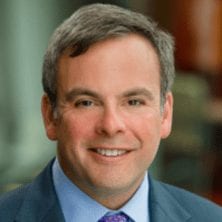
Lee A. Klaskow is a senior analyst for Bloomberg Intelligence, a unique platform for in-depth analysis, ideas, and data sets on industries and companies, as well as credit, government, ESG, and litigation factors that impact decision-making available on the Bloomberg Professional services at BI . He specializes in freight transportation and logistics, including global marine shipping, air freight and logistics sectors as well as the North American trucking and railroad industries. Klaskow provides primary company coverage on CSX, CP, CNI, CHRW, DPW GY, EURN, FDX, JBHT, KSU, KNX, LSTR, MAERSKB DC, NSC, ODFL, UNP, UPS, WERN and XPO, for Bloomberg Intelligence. Engaged in extensive contact with management teams, investors, sell-side analysts, bankers, industry contacts and Bloomberg customers to develop and refine research and analysis. Prior to joining Bloomberg, Klaskow was a senior analyst at Longbow Research and Prudential Equity Group, where he covered freight transportation and logistics companies. He has also worked at Prudential Equity Group as an industrial associate prior to being promoted to senior analyst. Klaskow helped originate and execute global equity transactions for both ABN Amro Rothschild and J.P. Morgan. Klaskow began his career at McCarthy, Crisanti & Maffei analyzing and reporting on the primary equity markets. Klaskow earned his bachelor of science degree in finance and management from Ithaca College, and his master’s in business from Fordham University.
